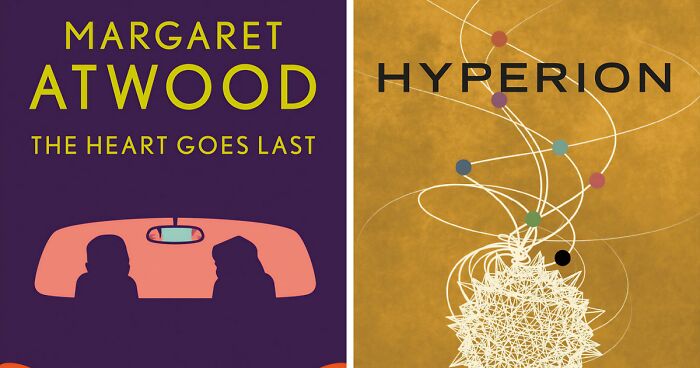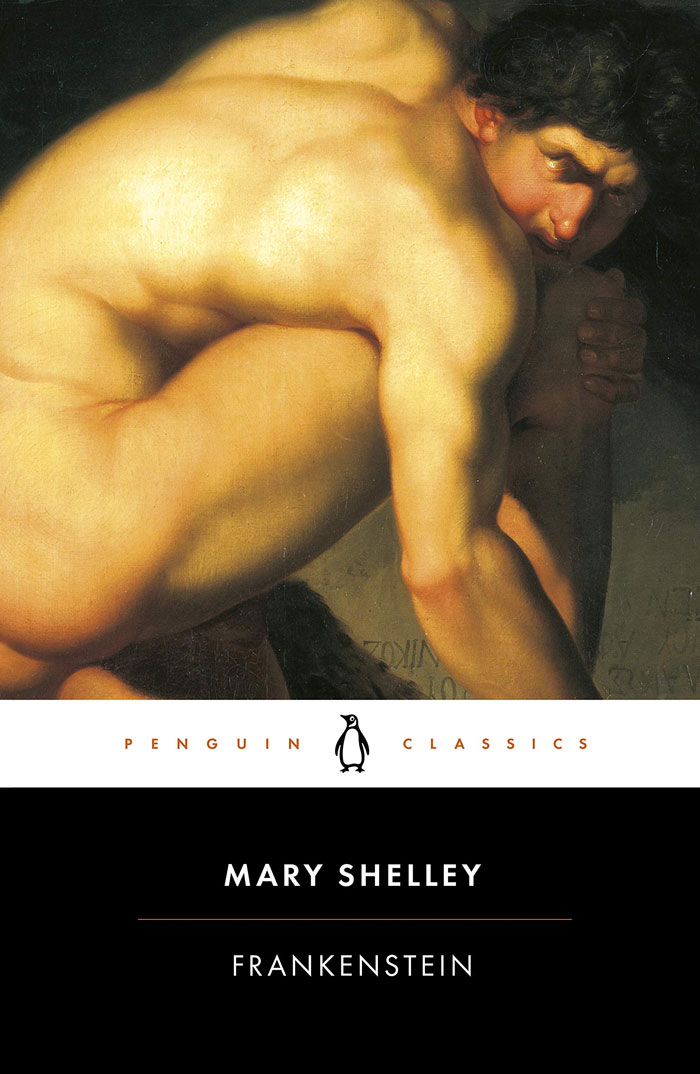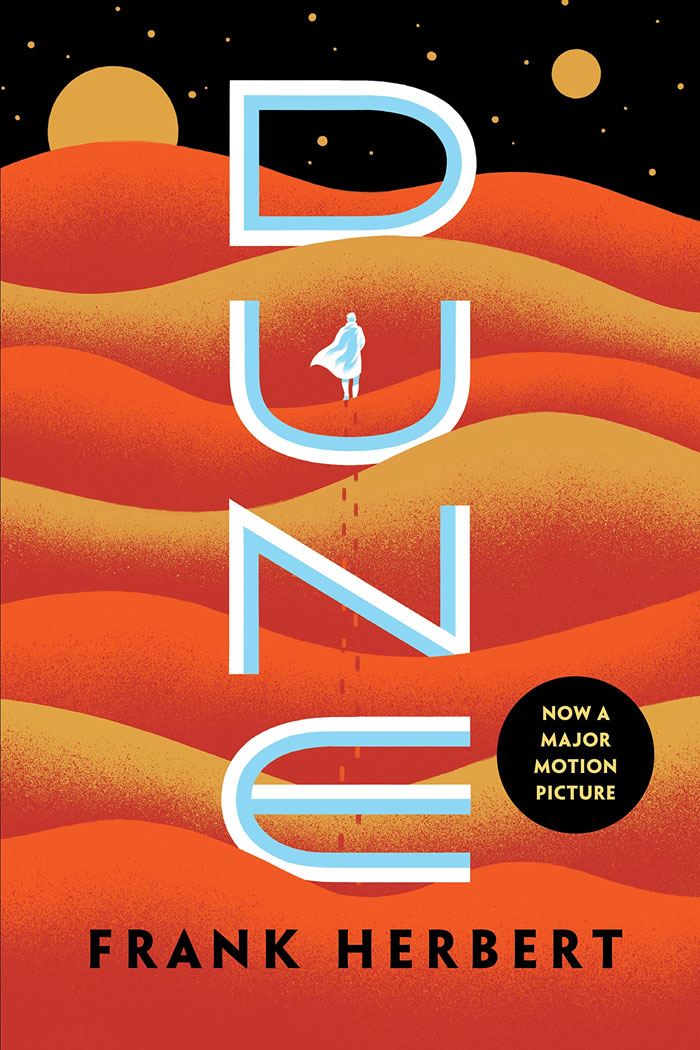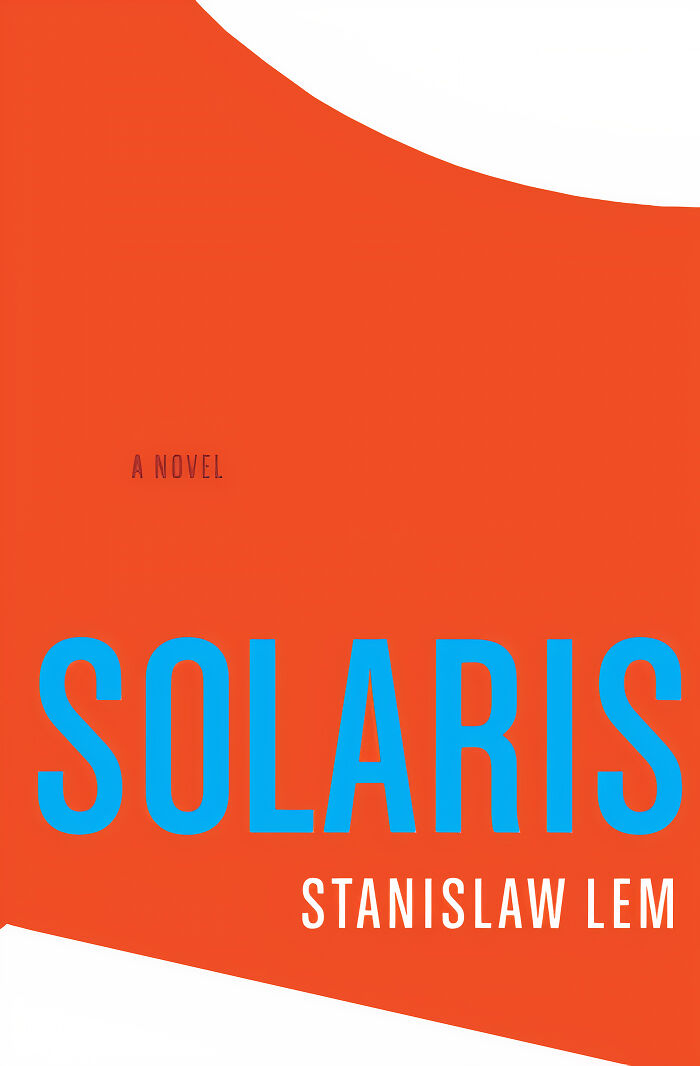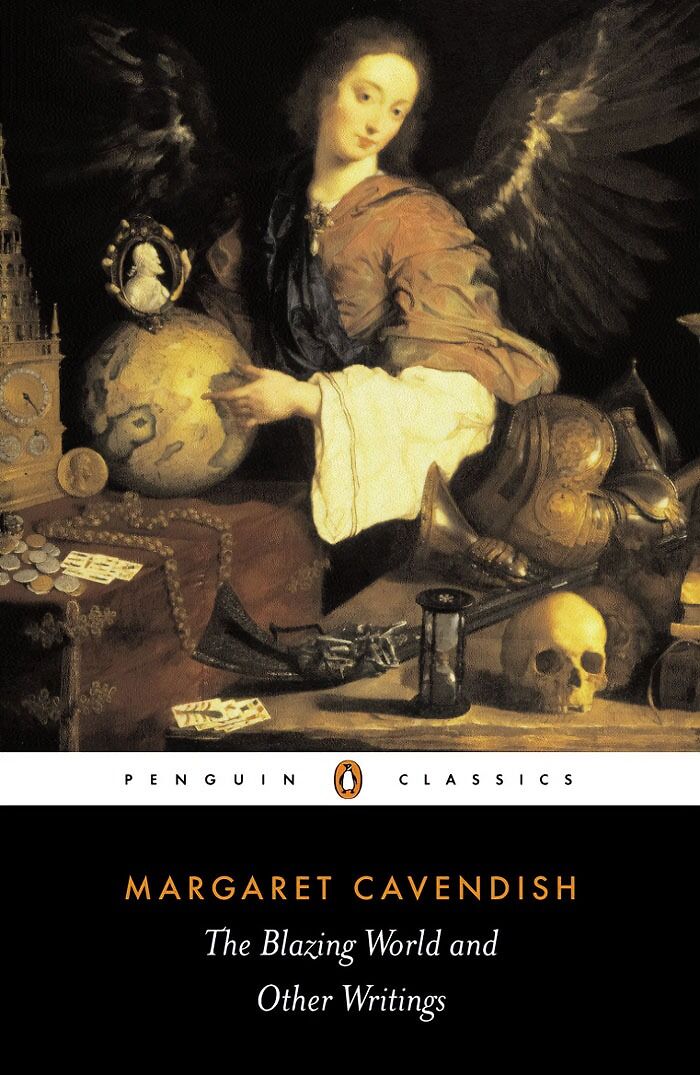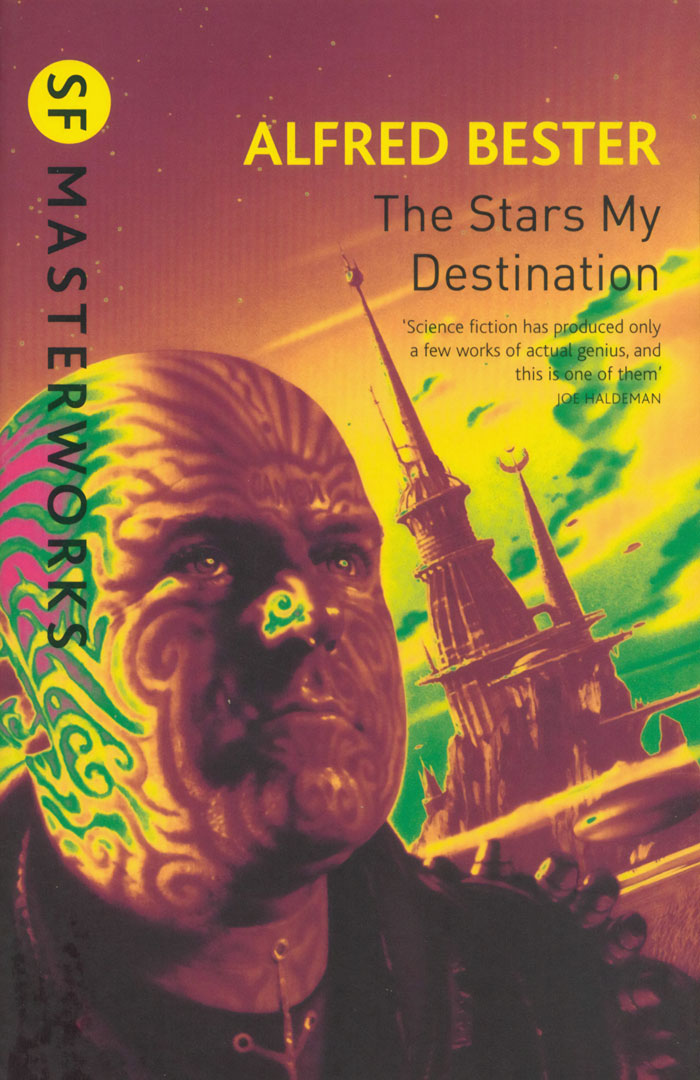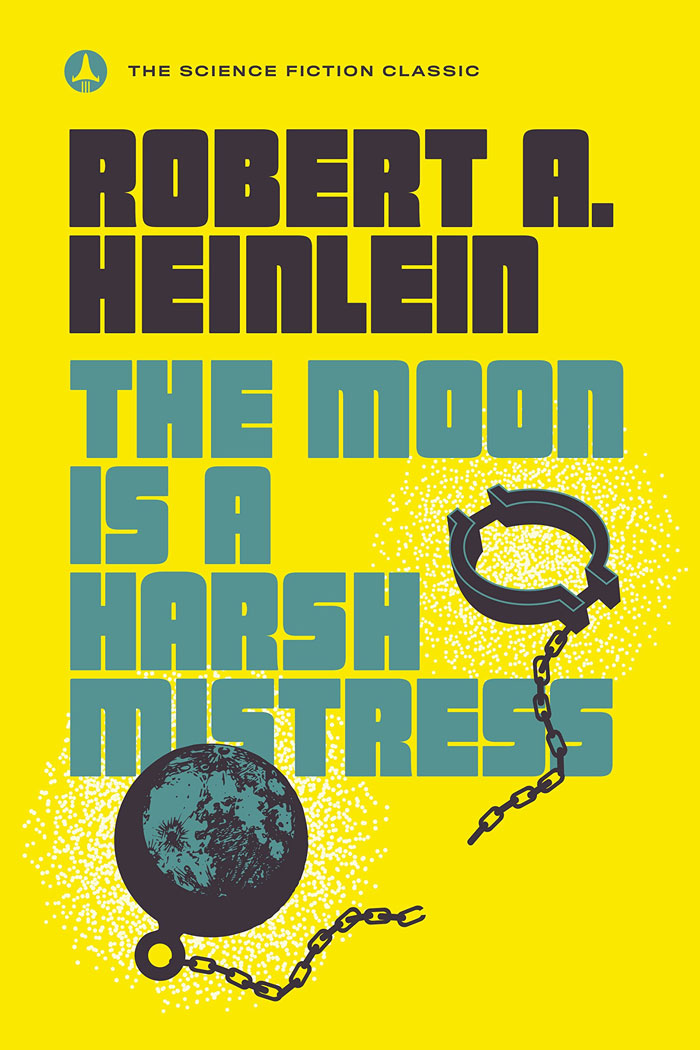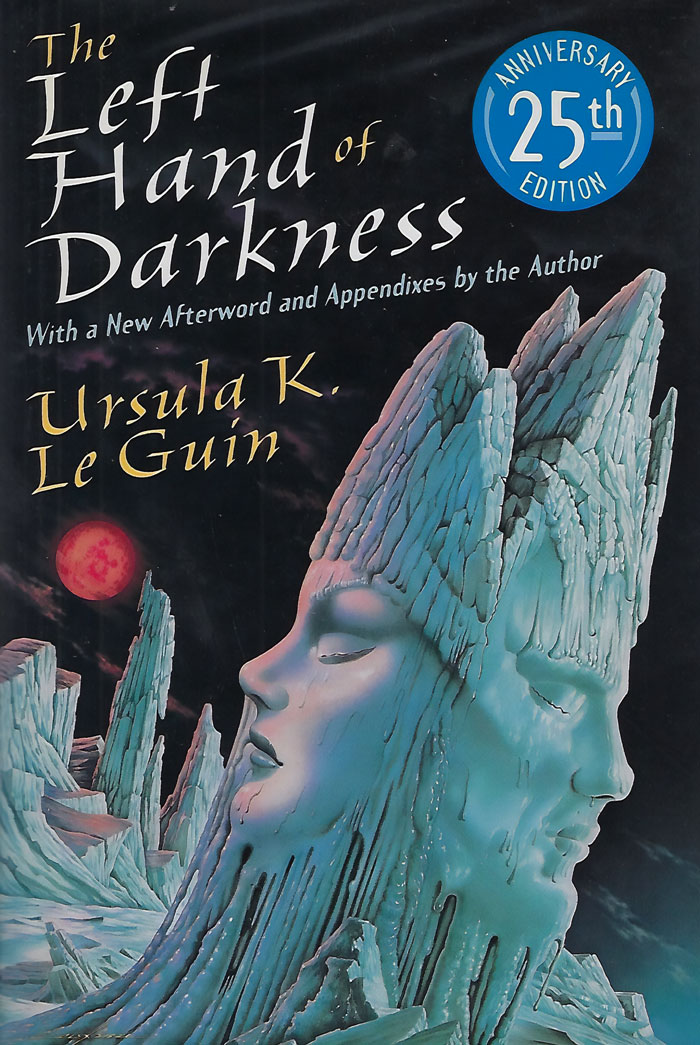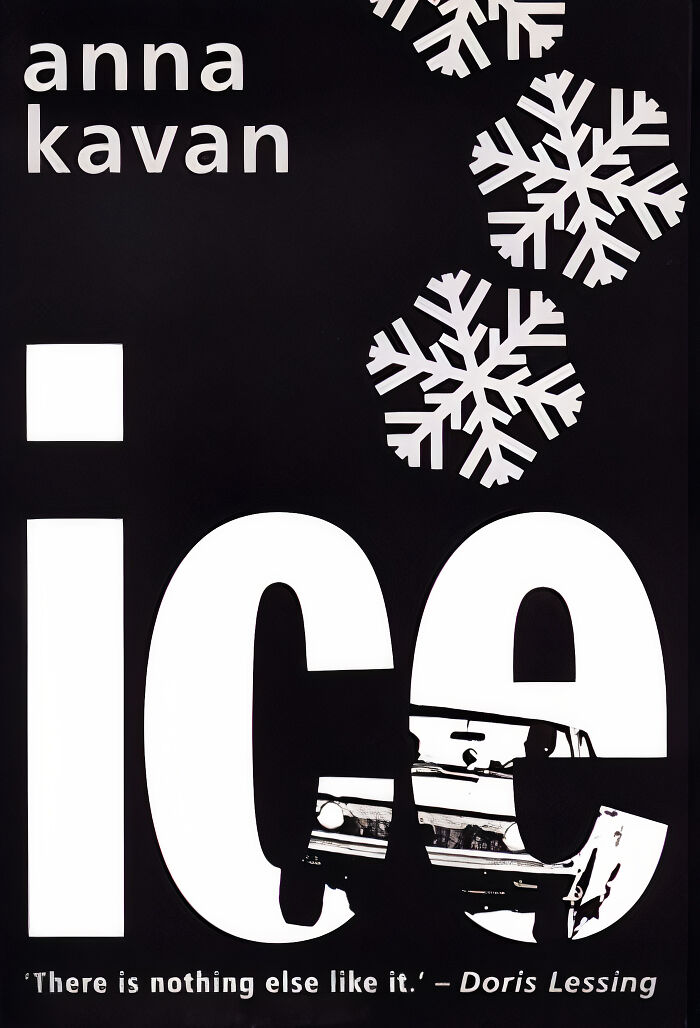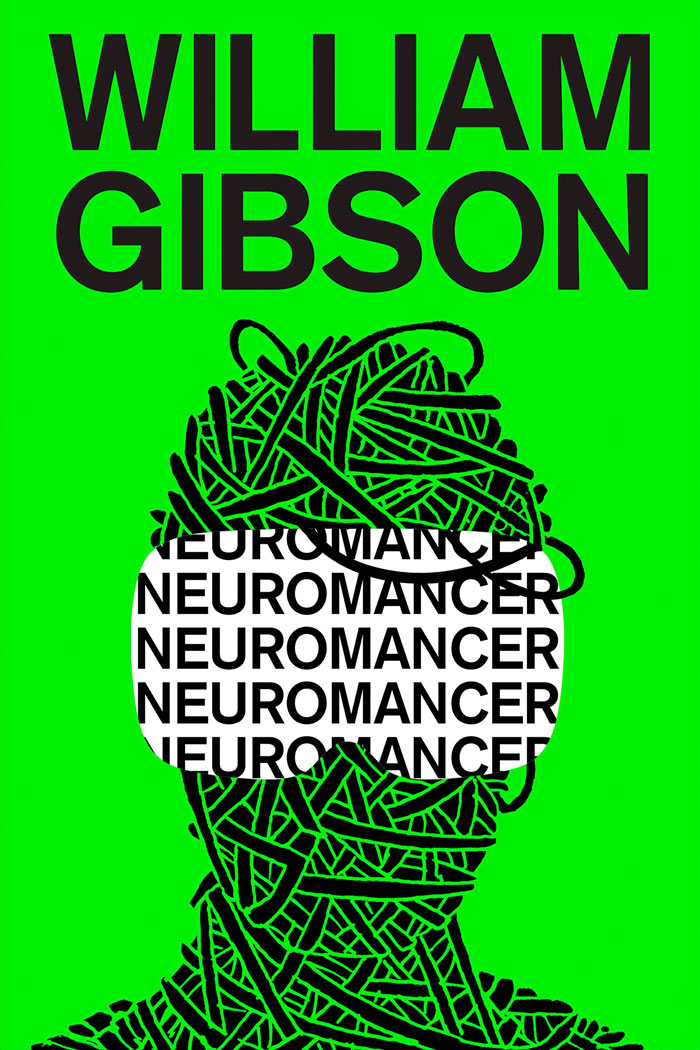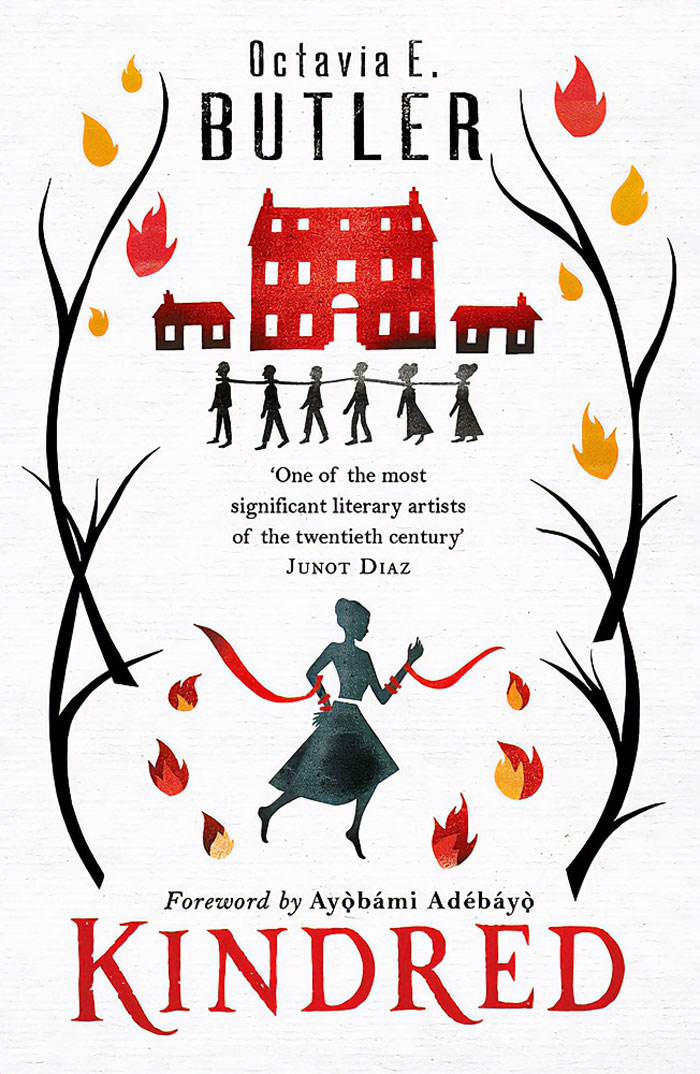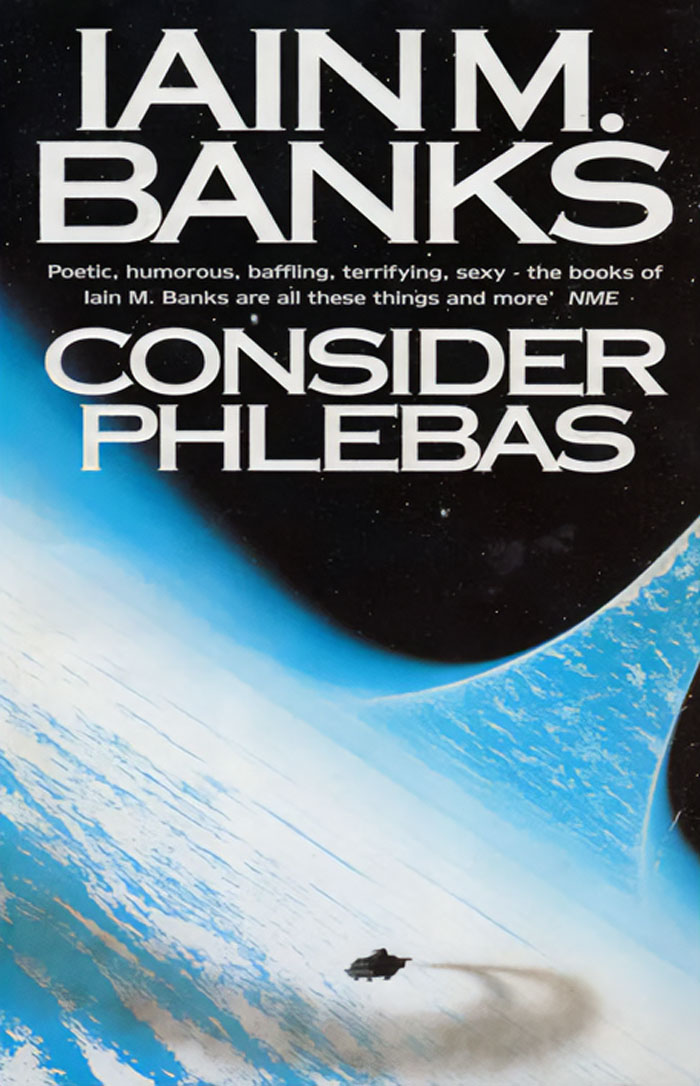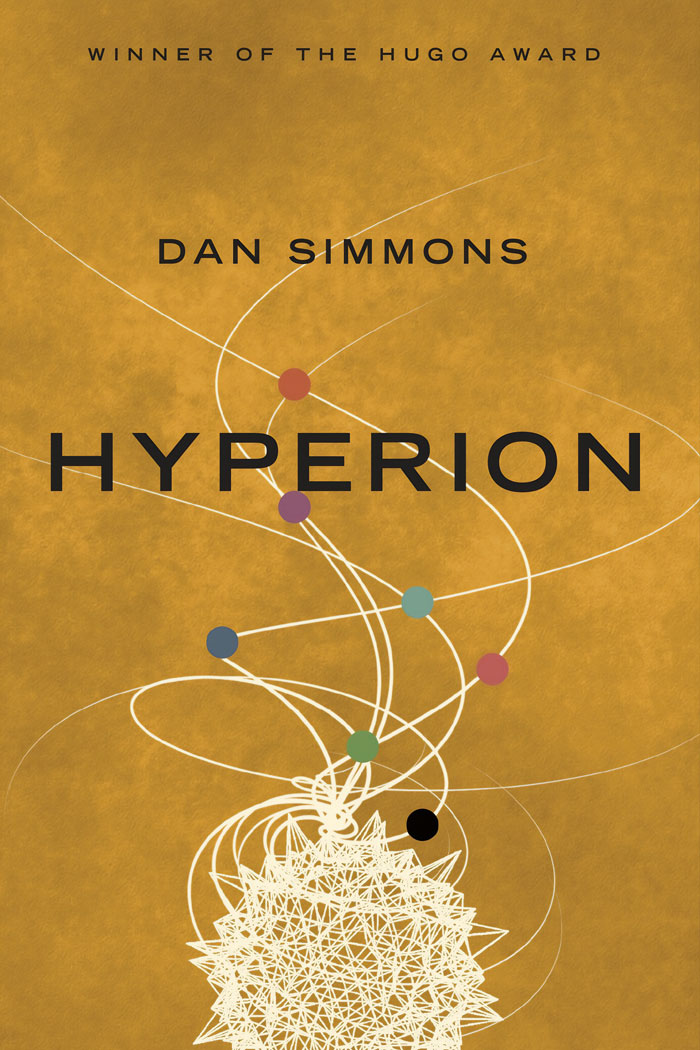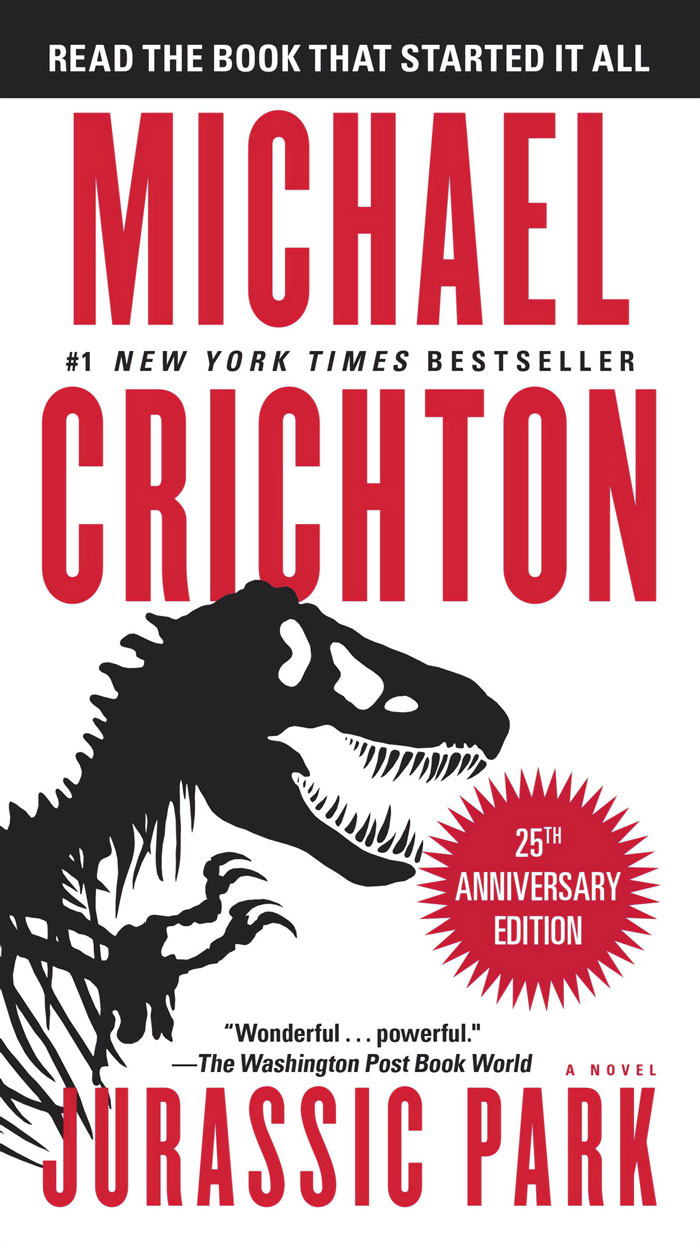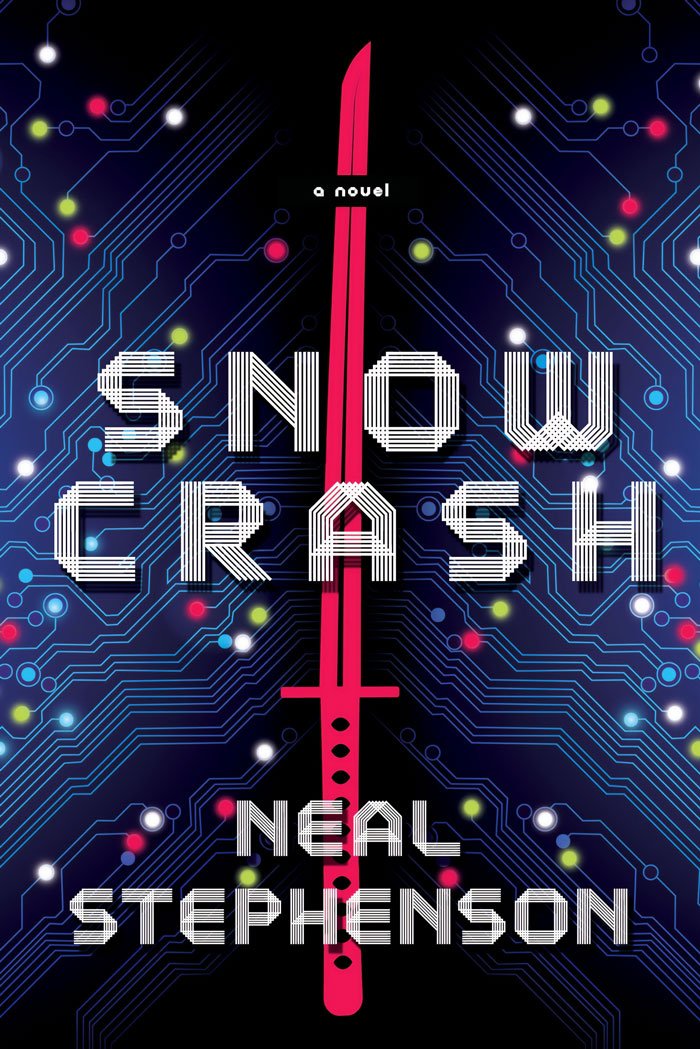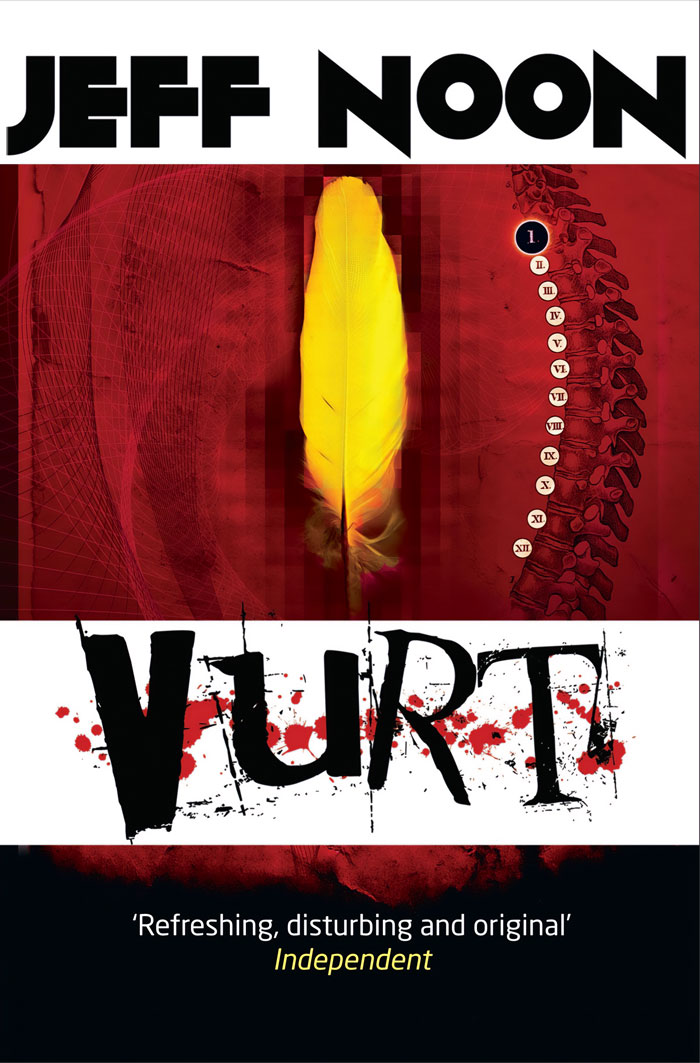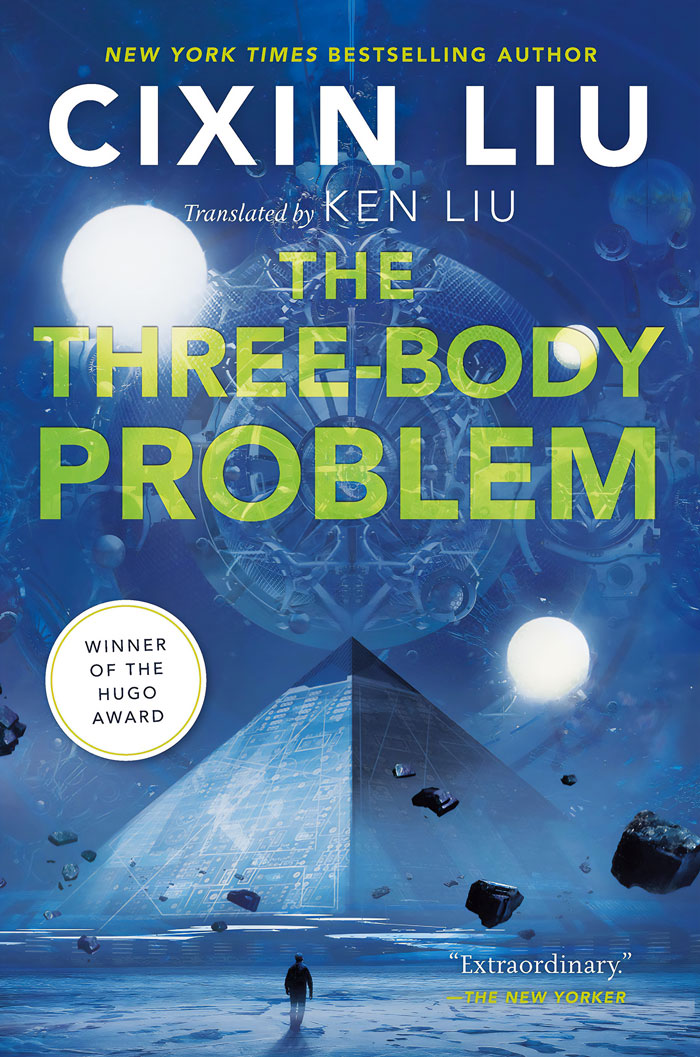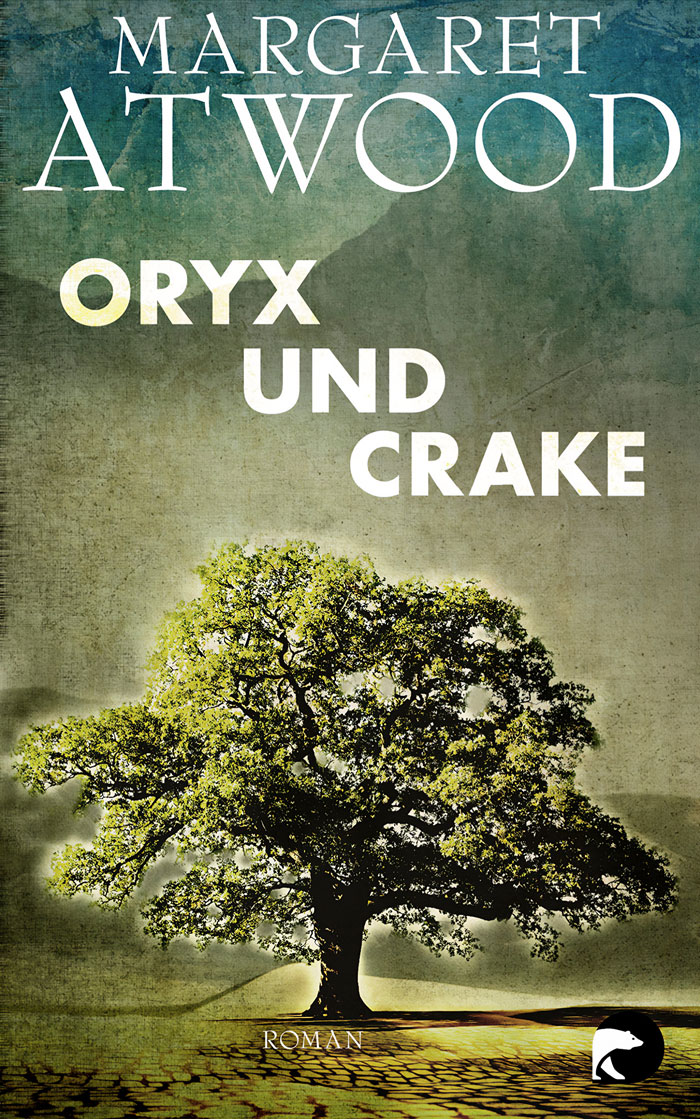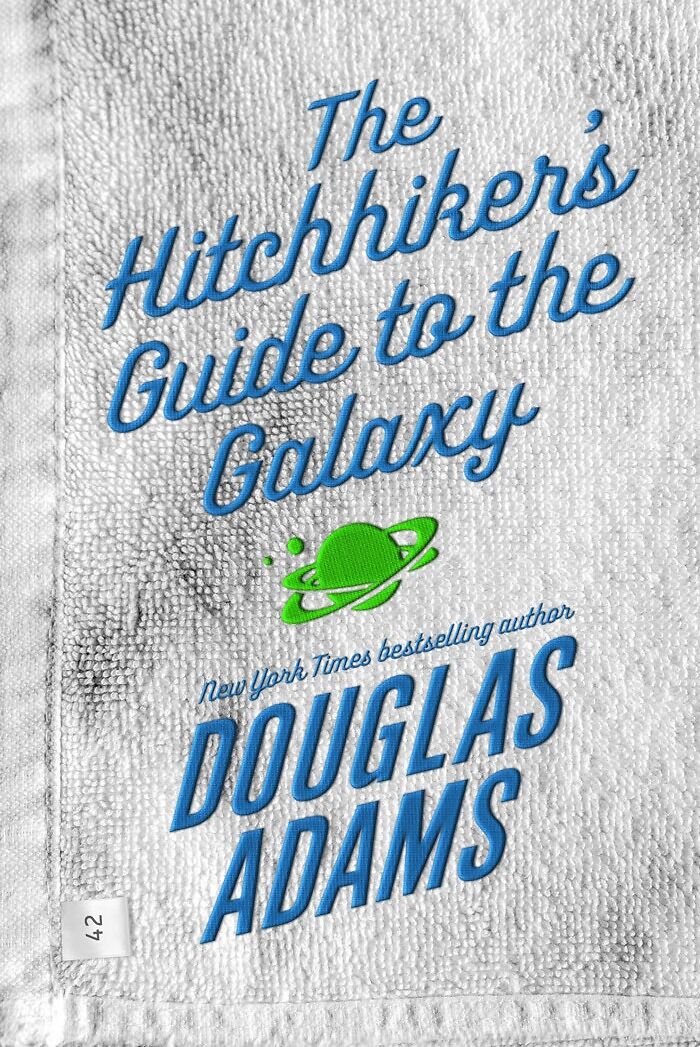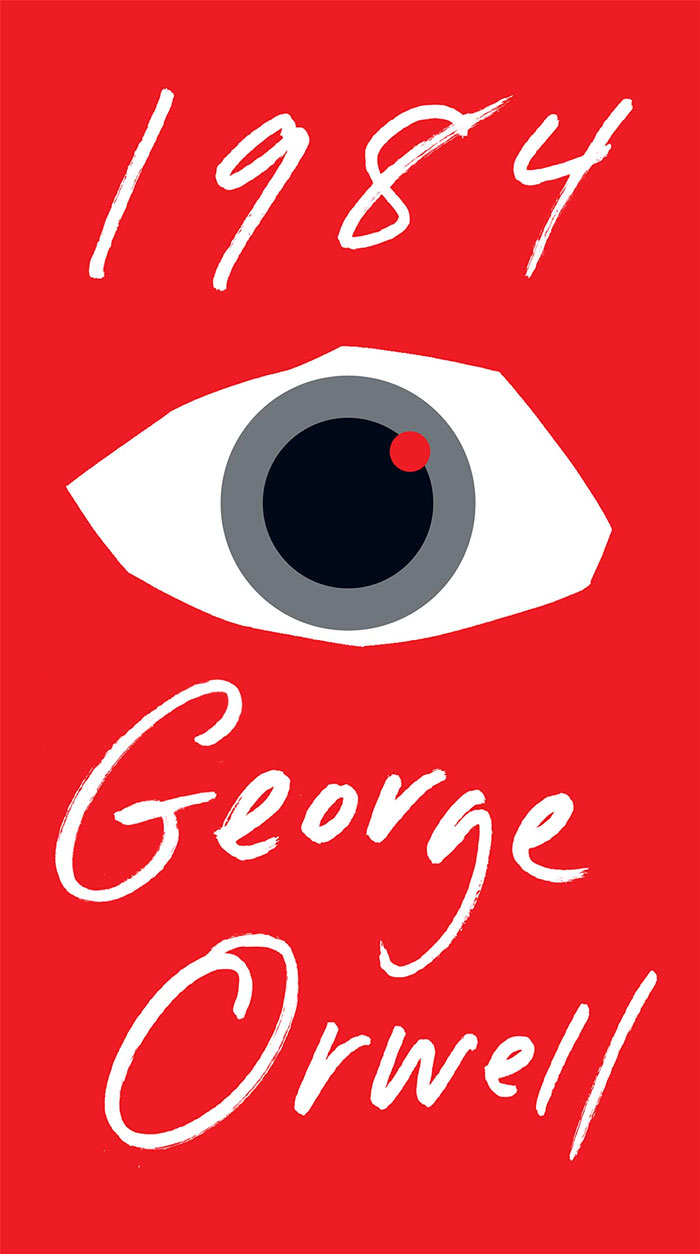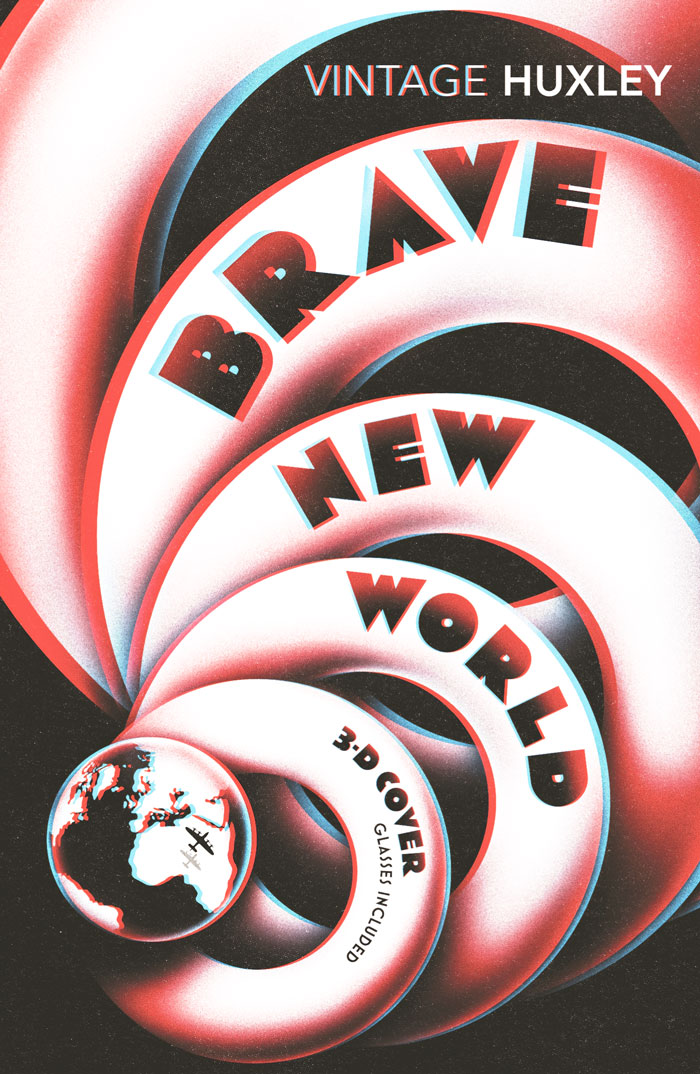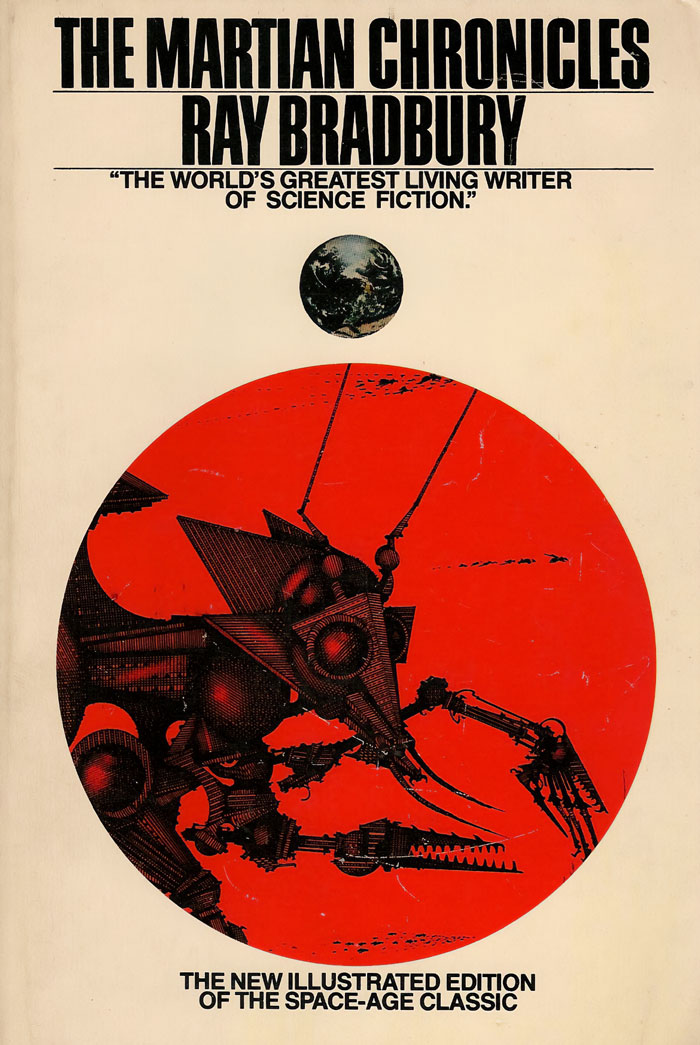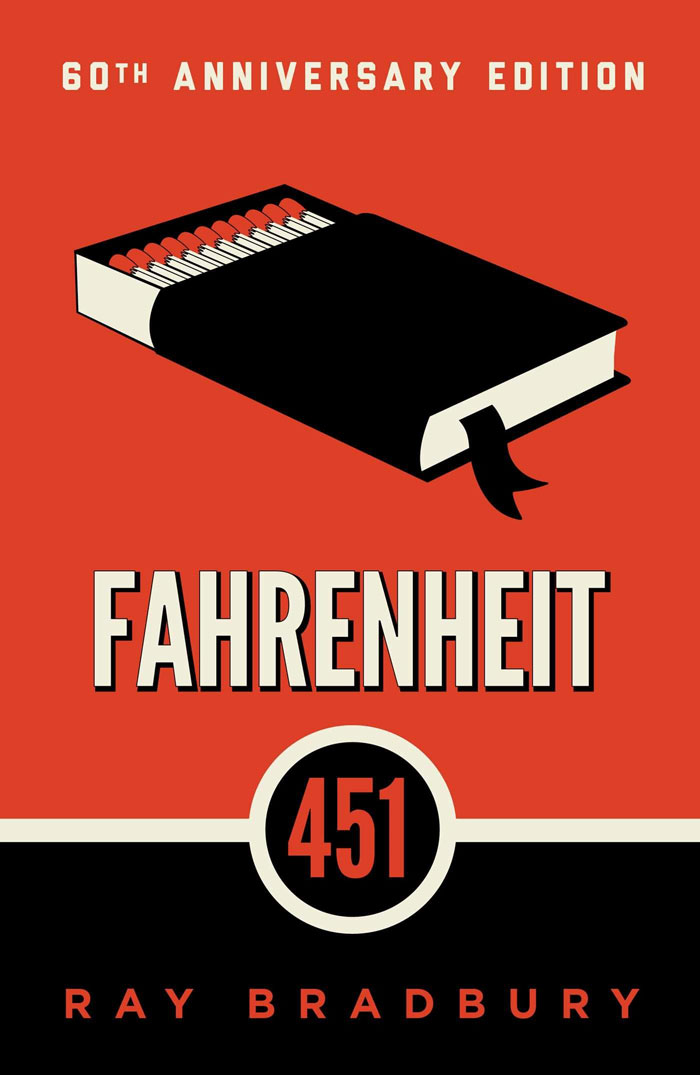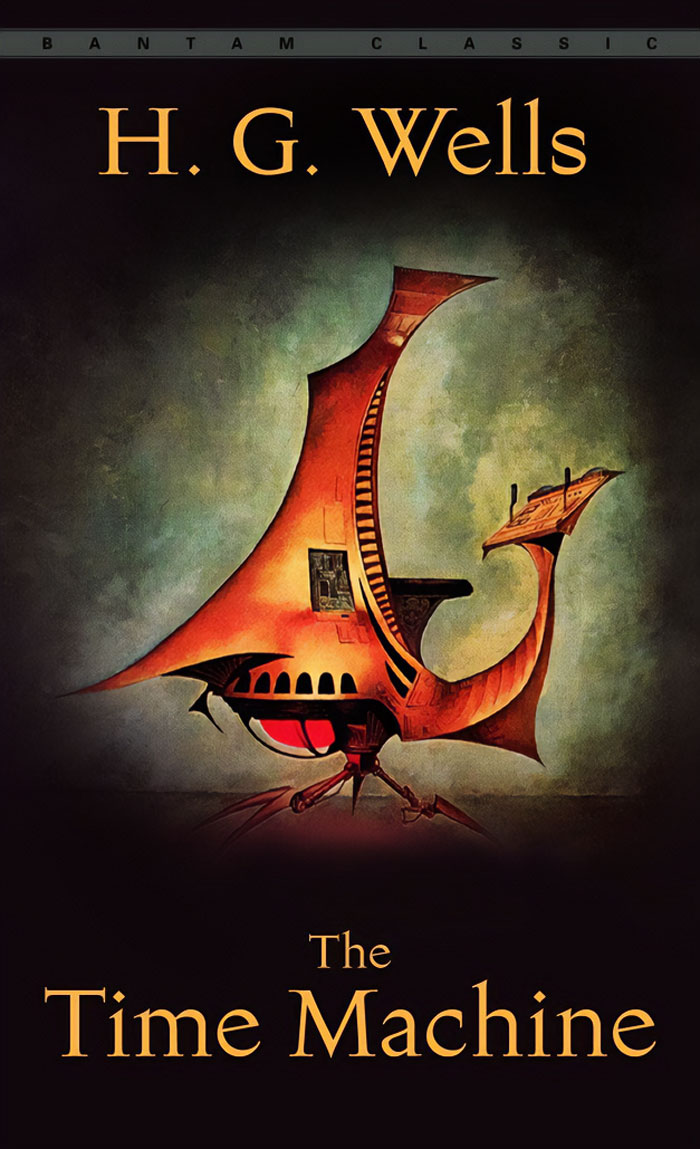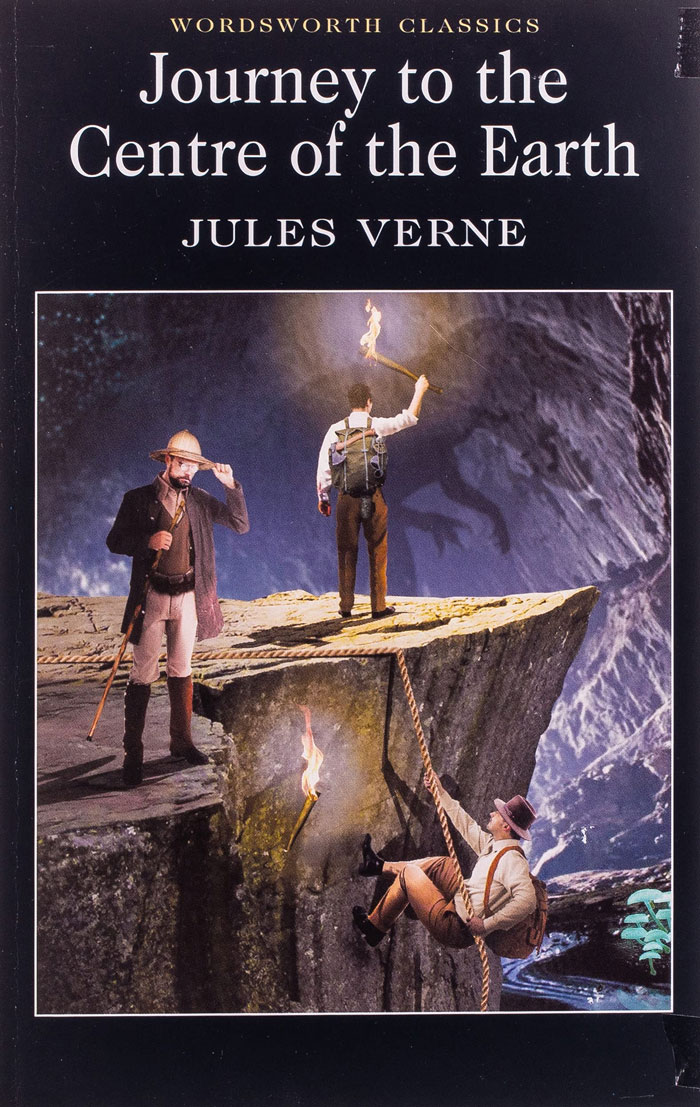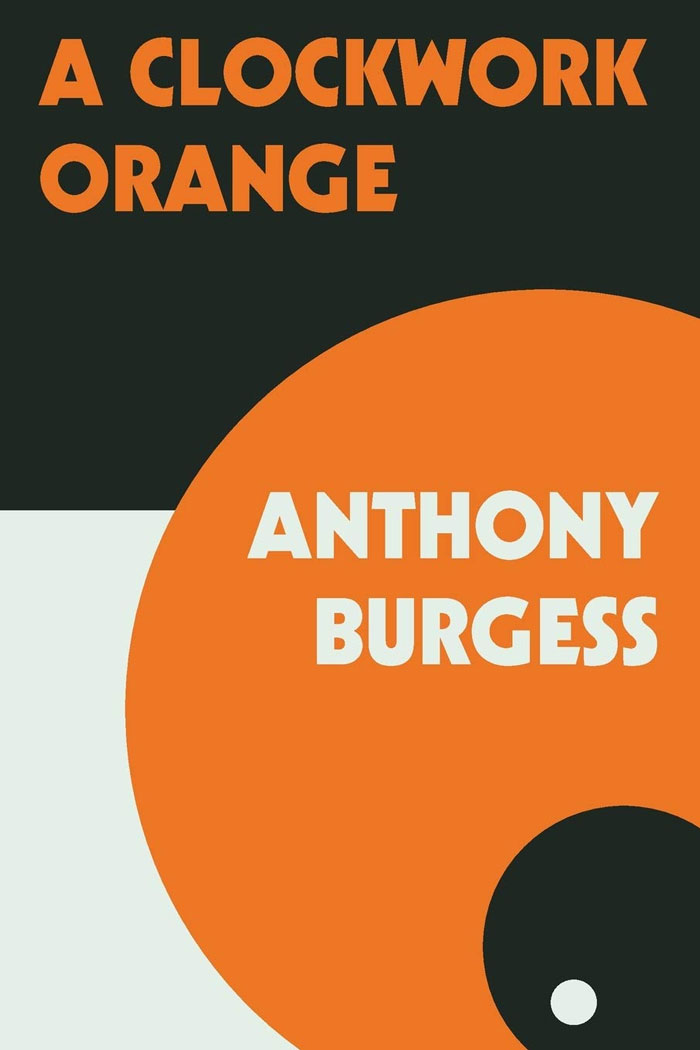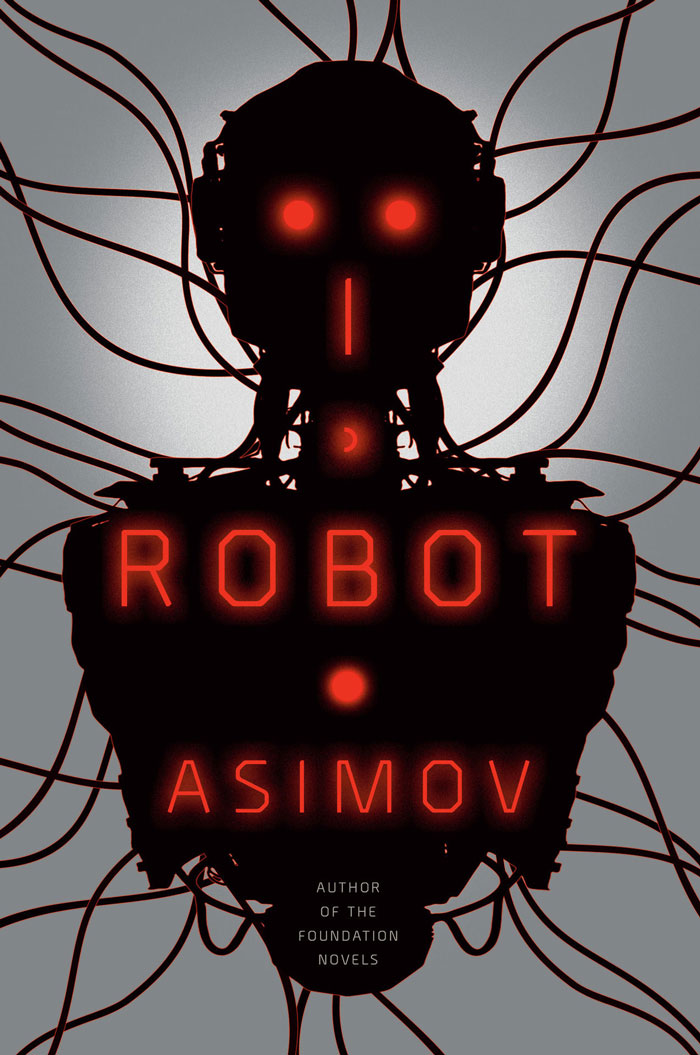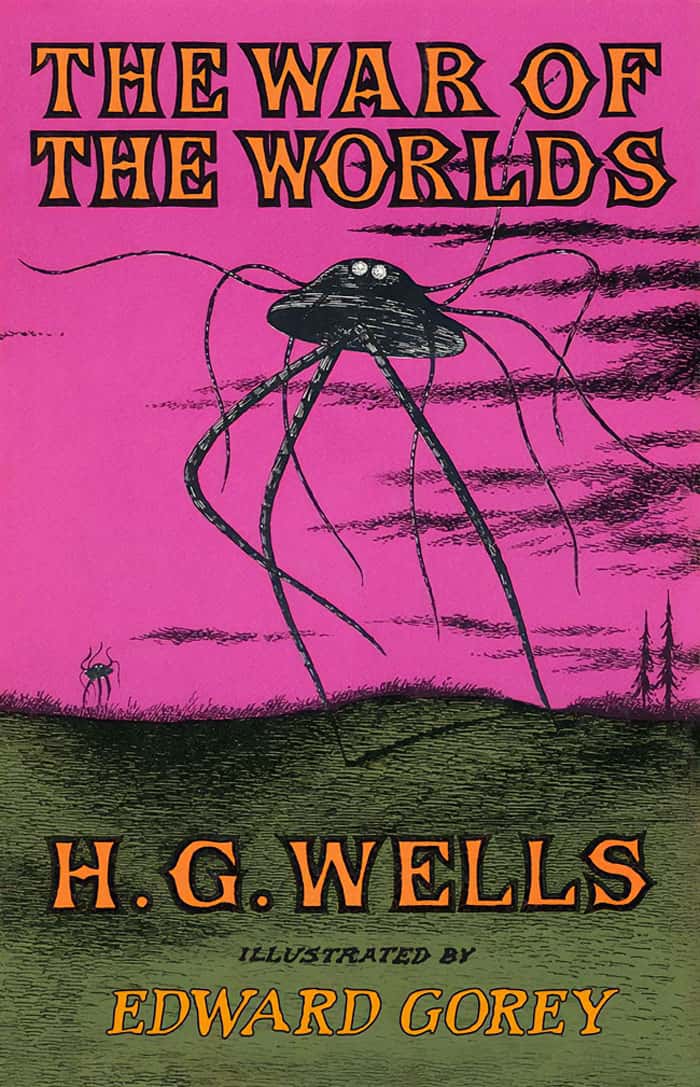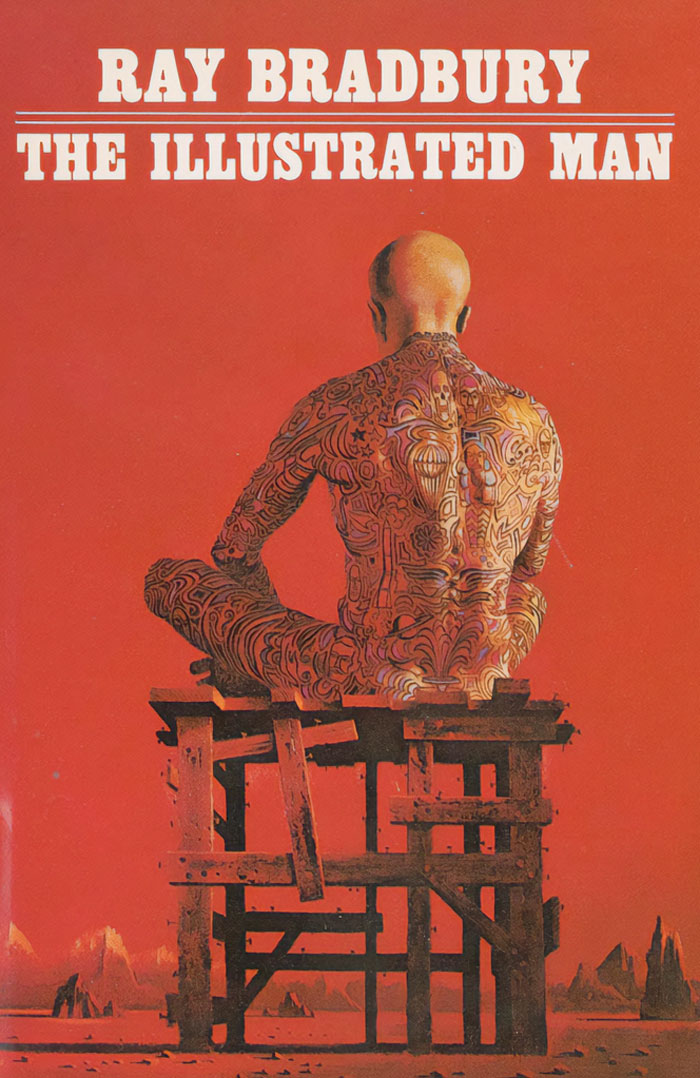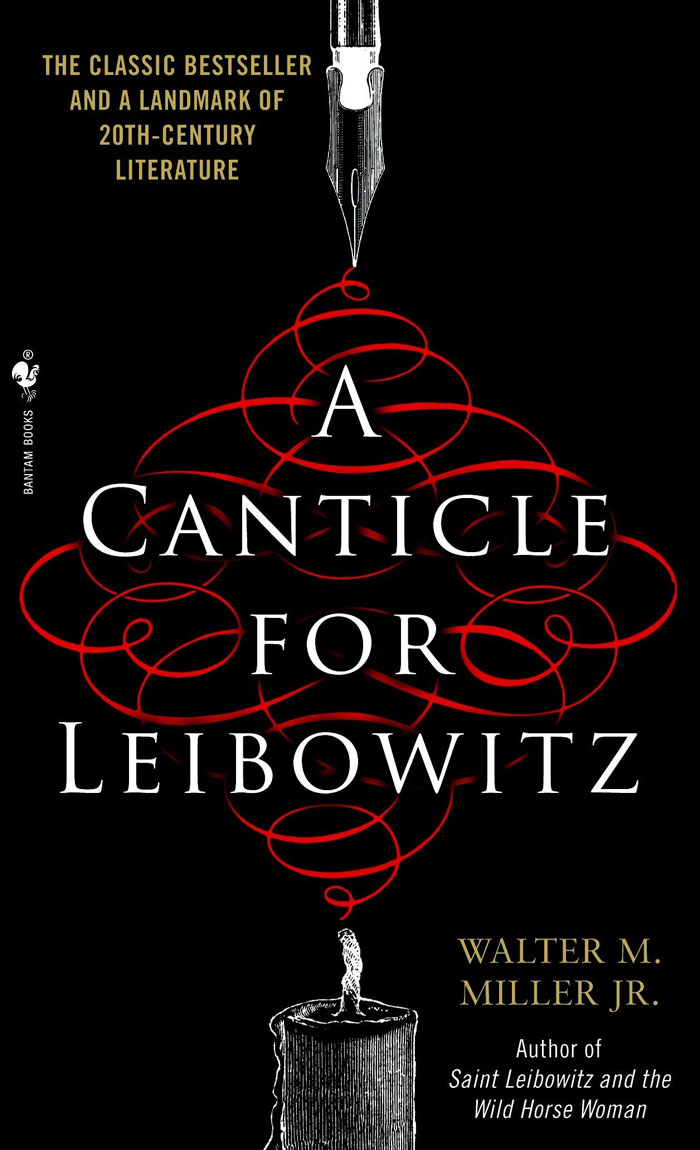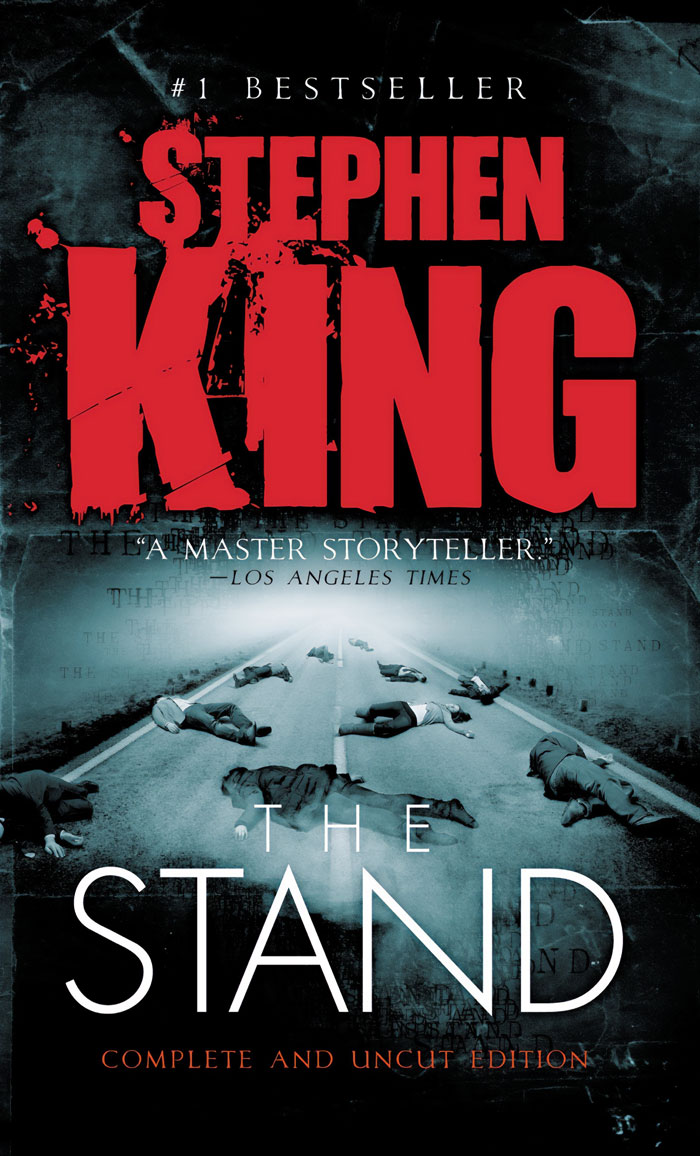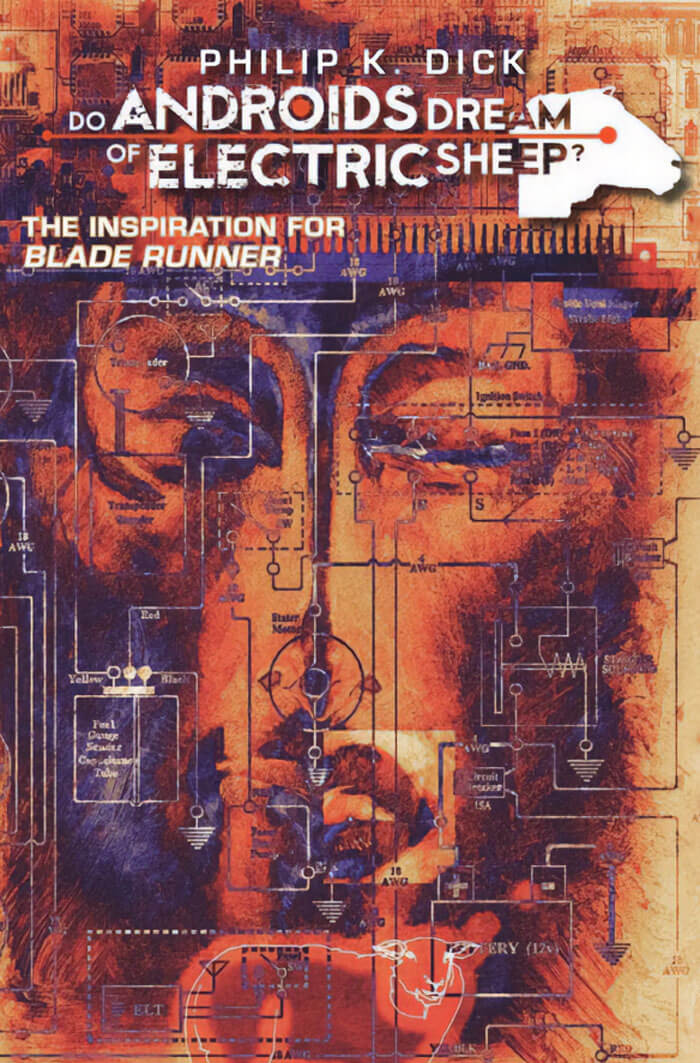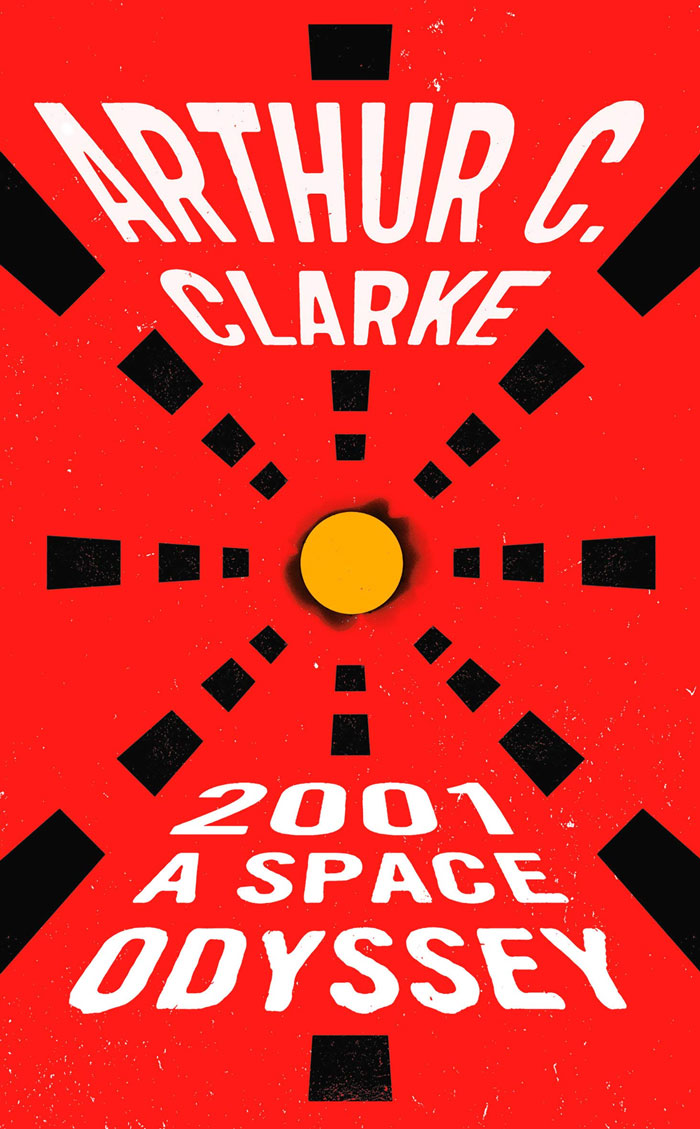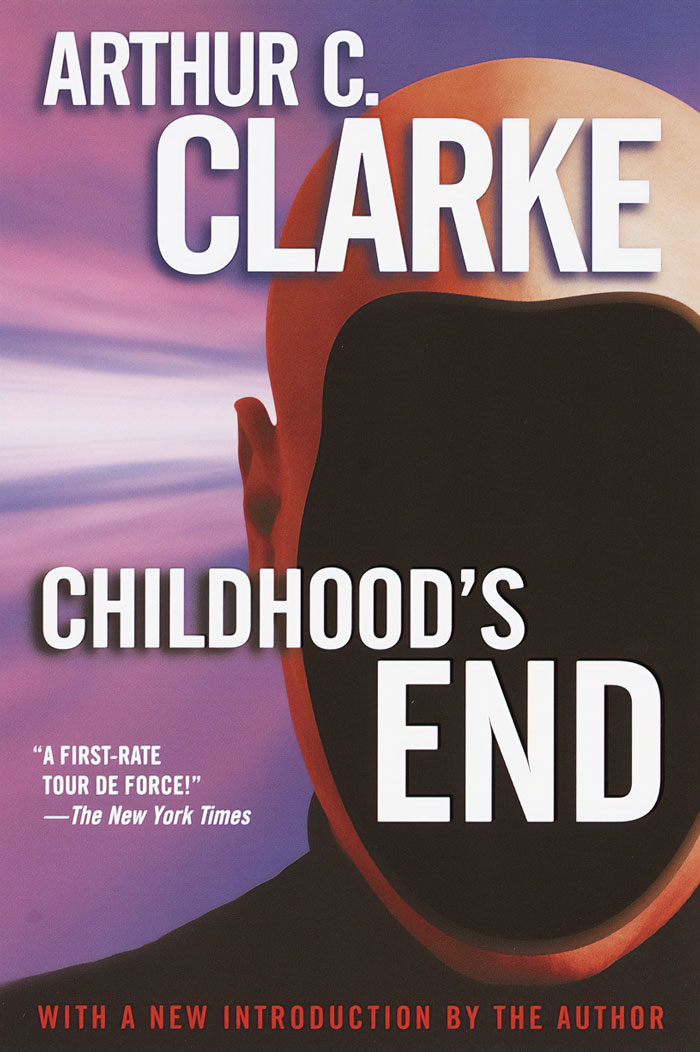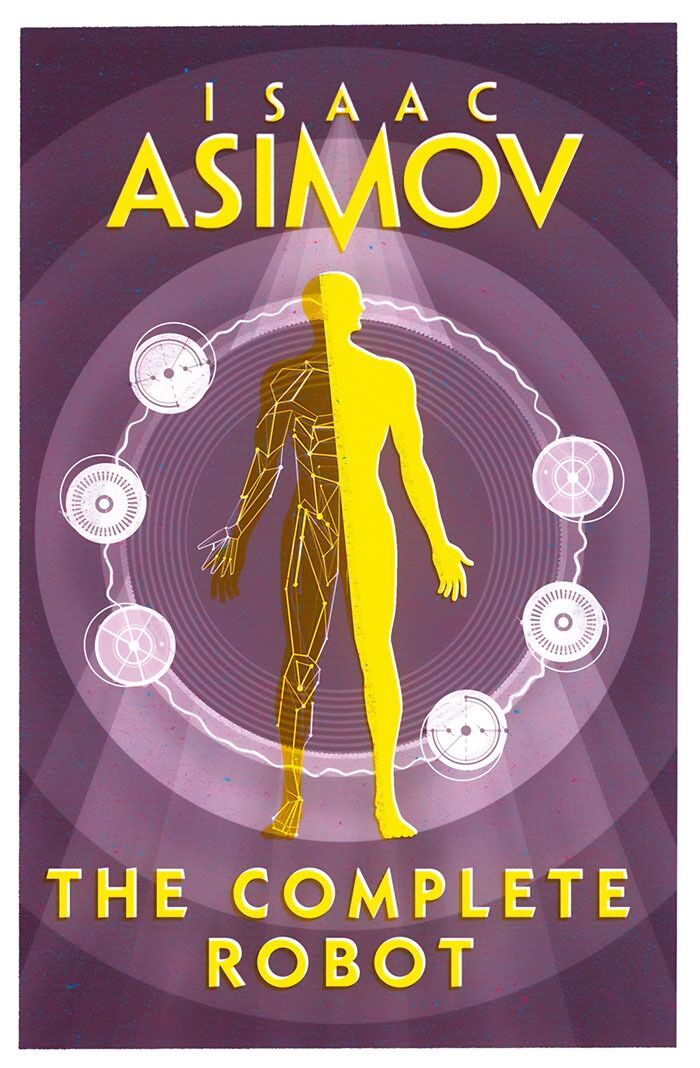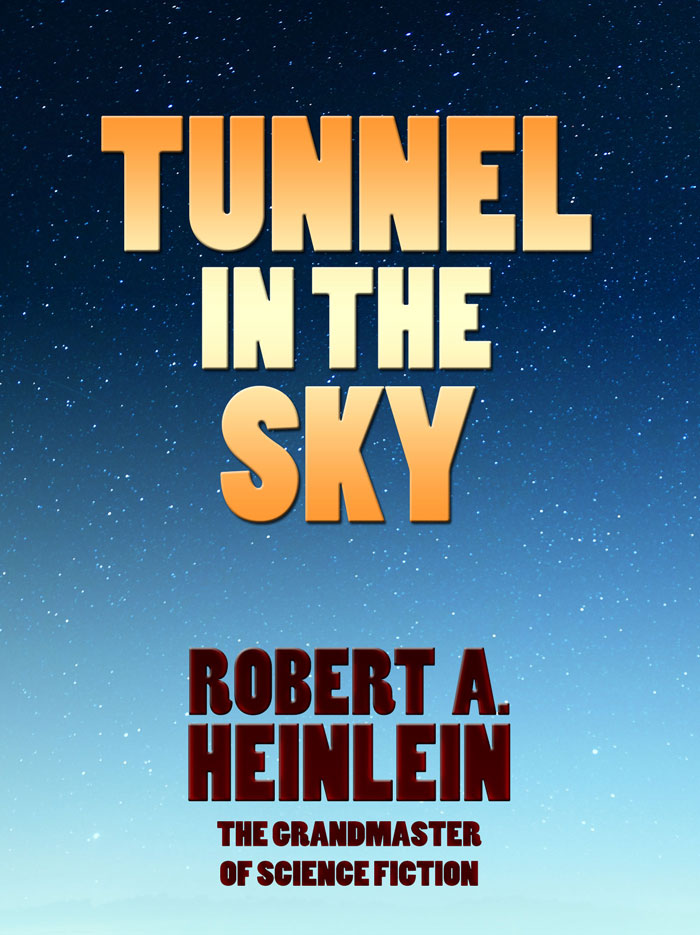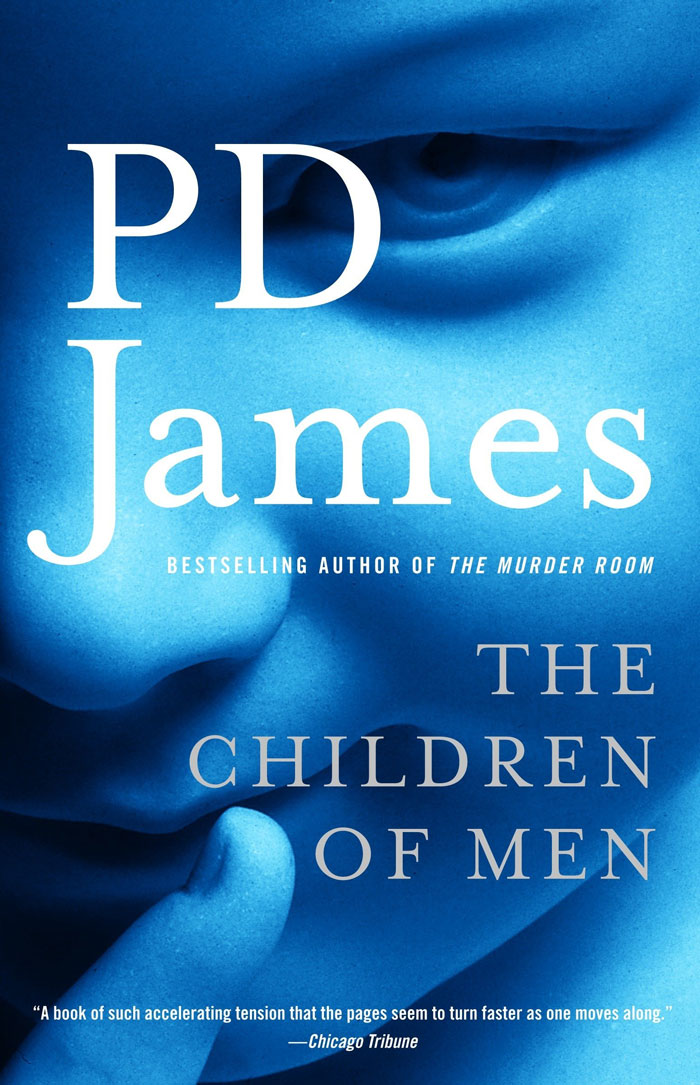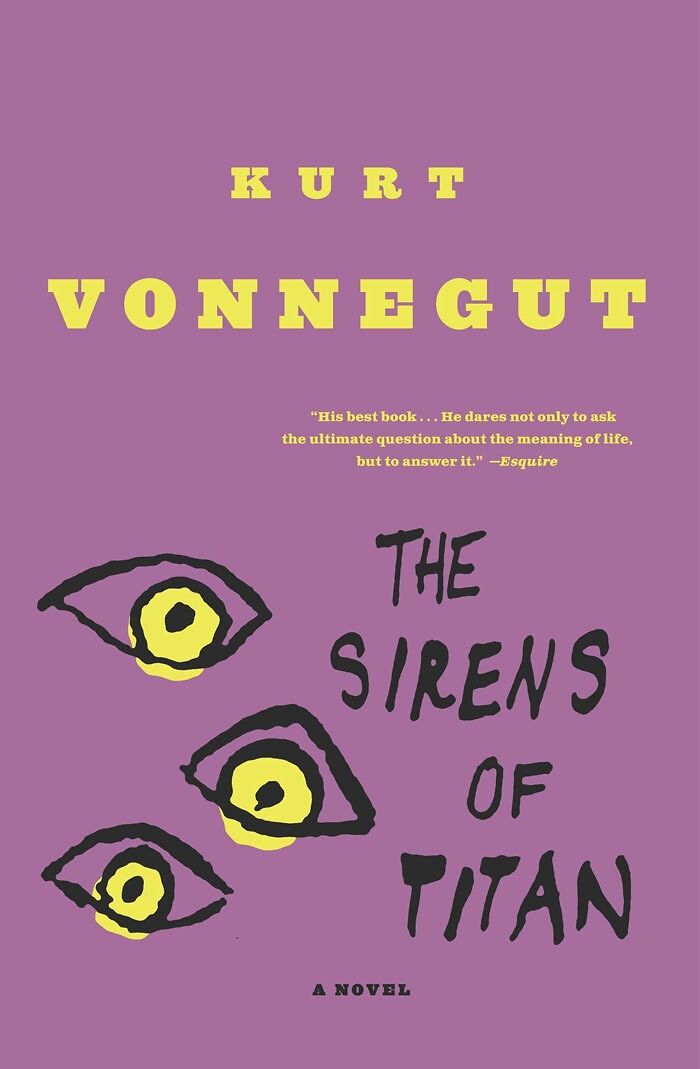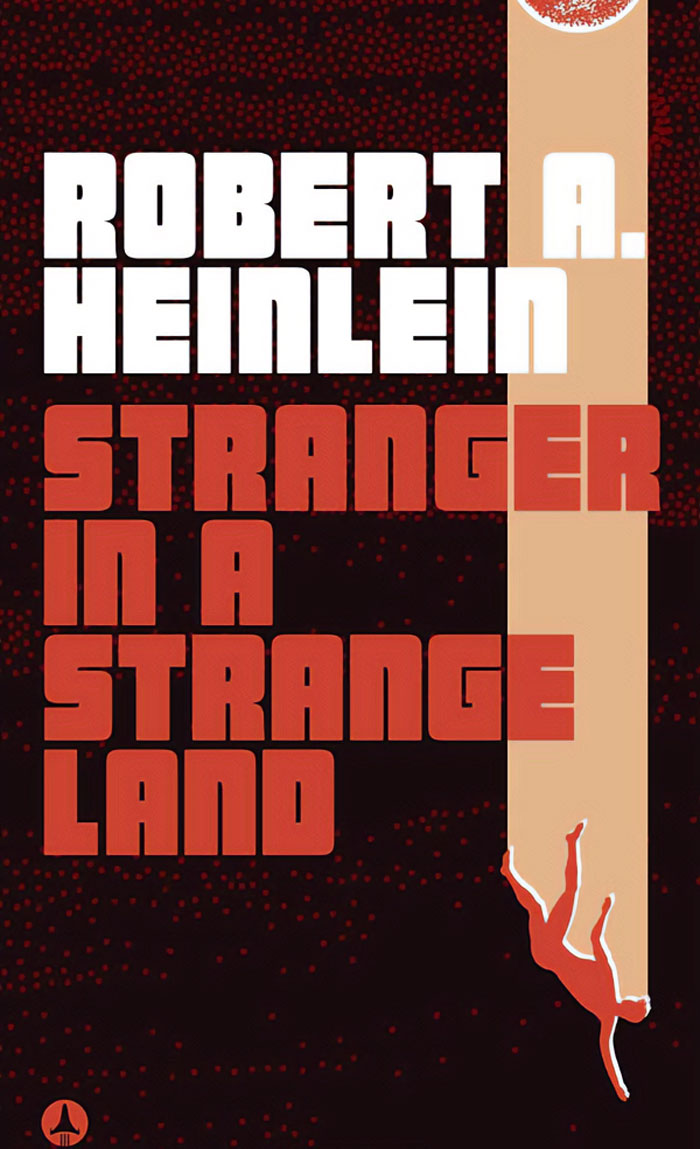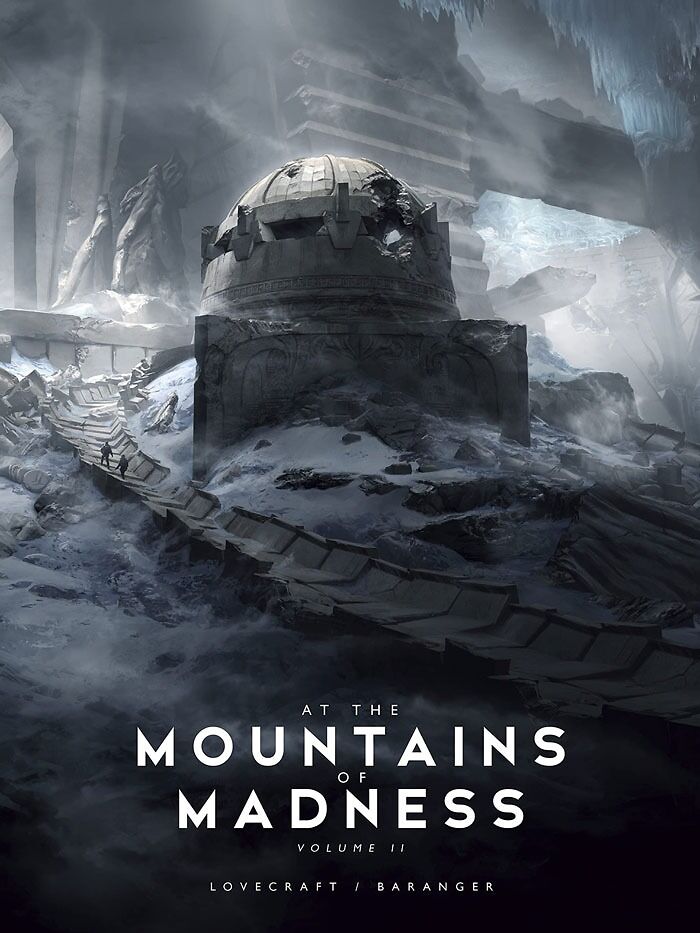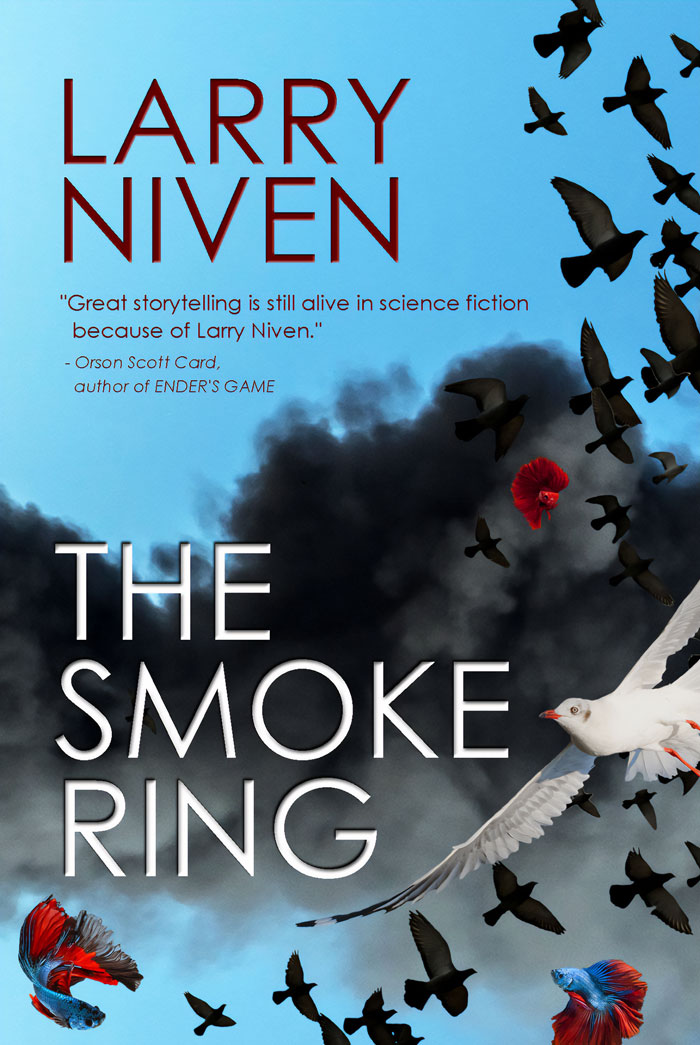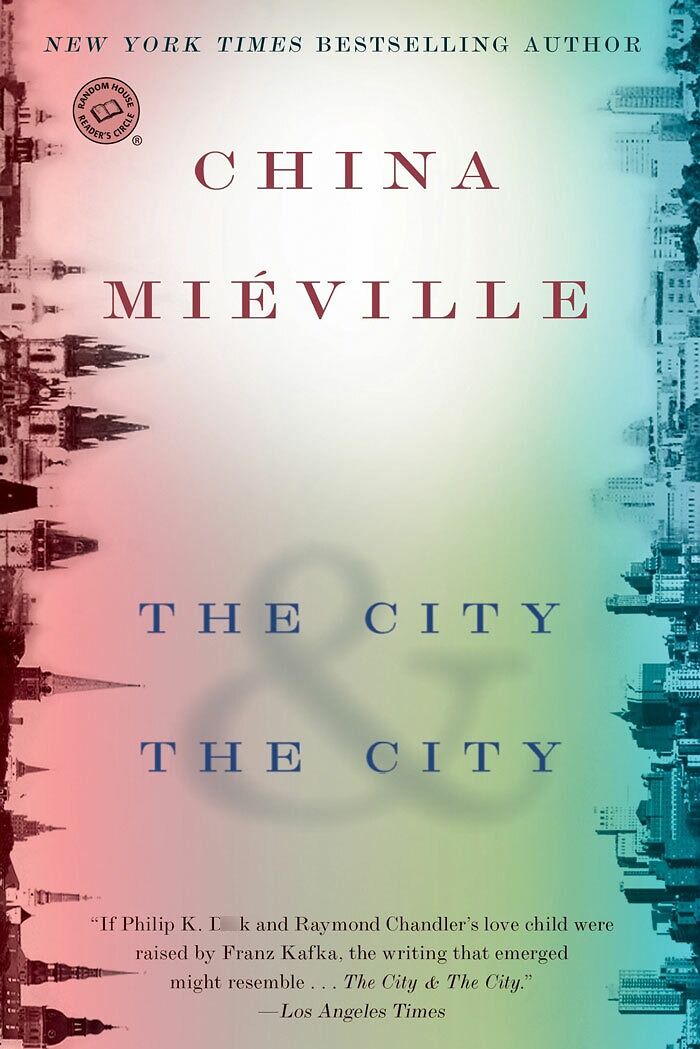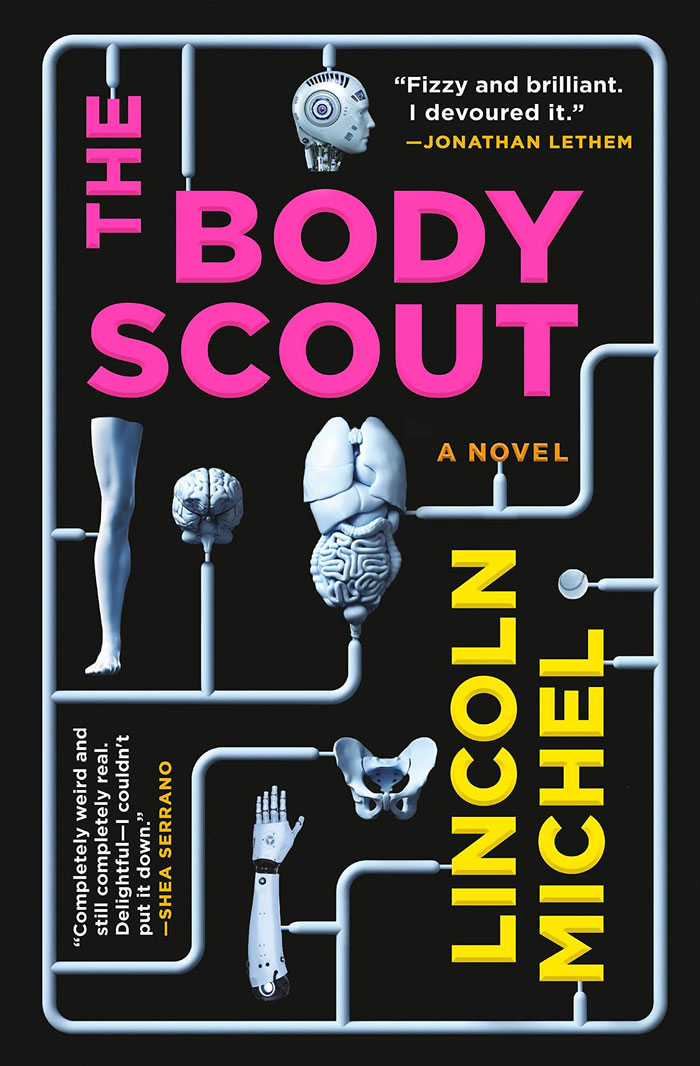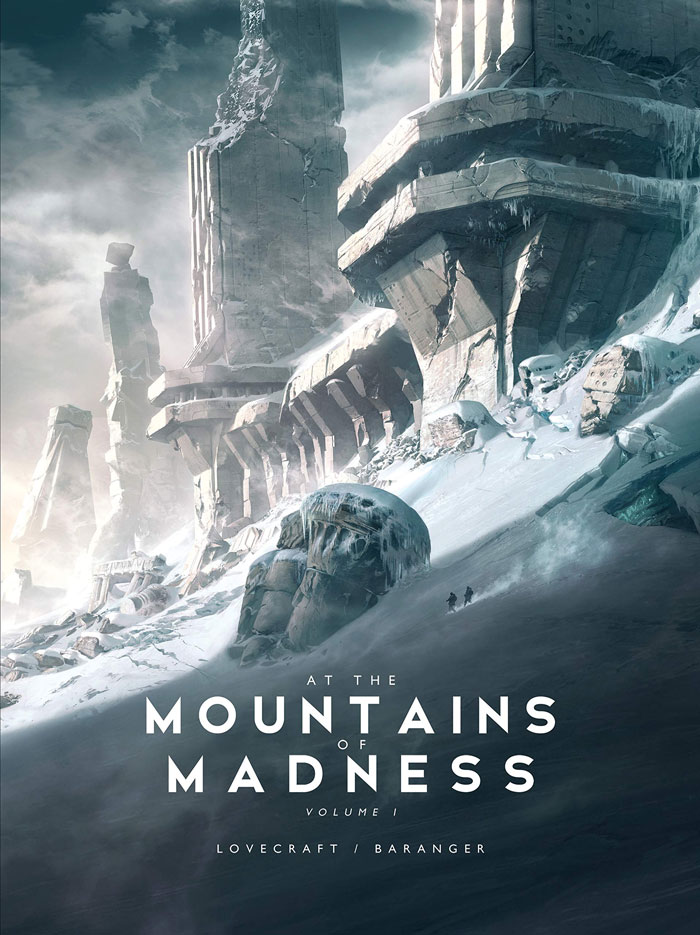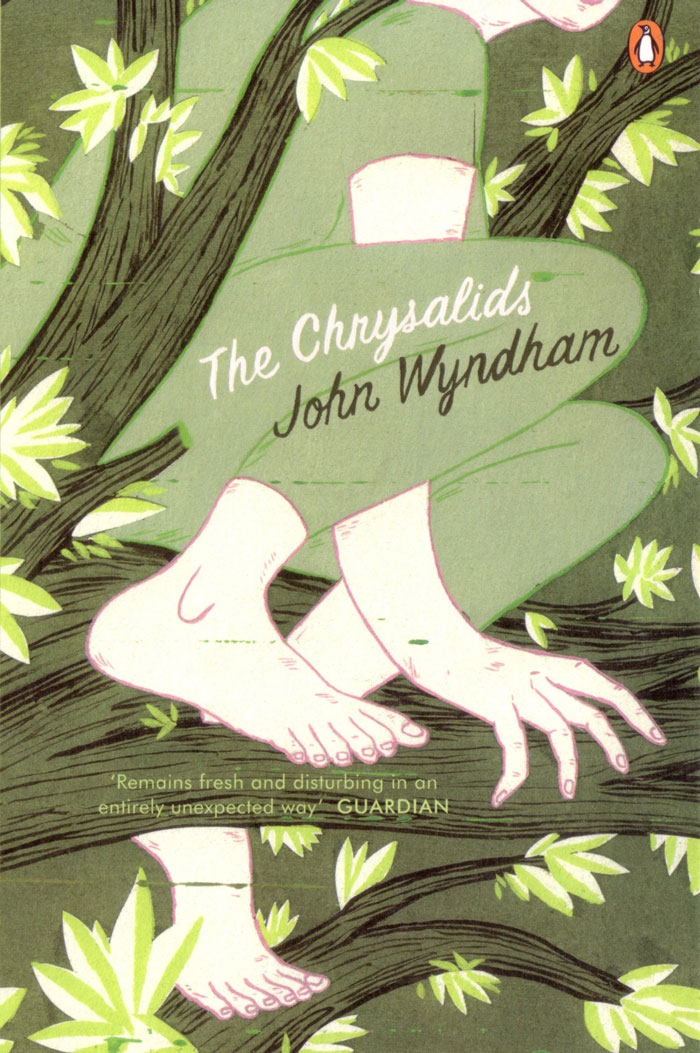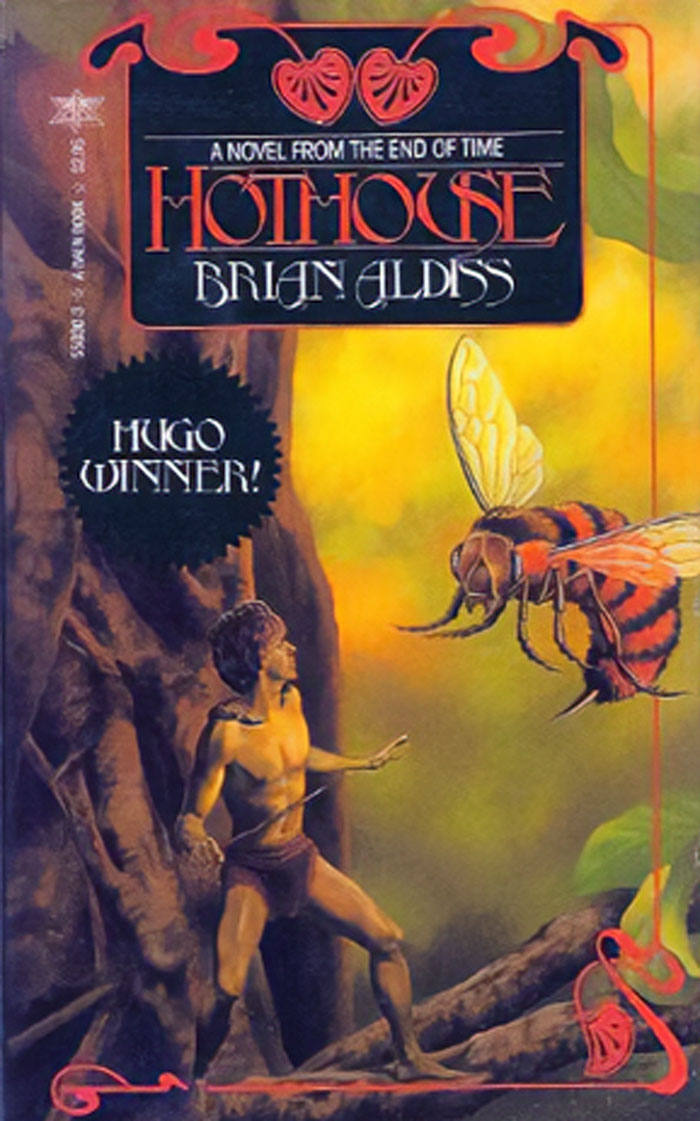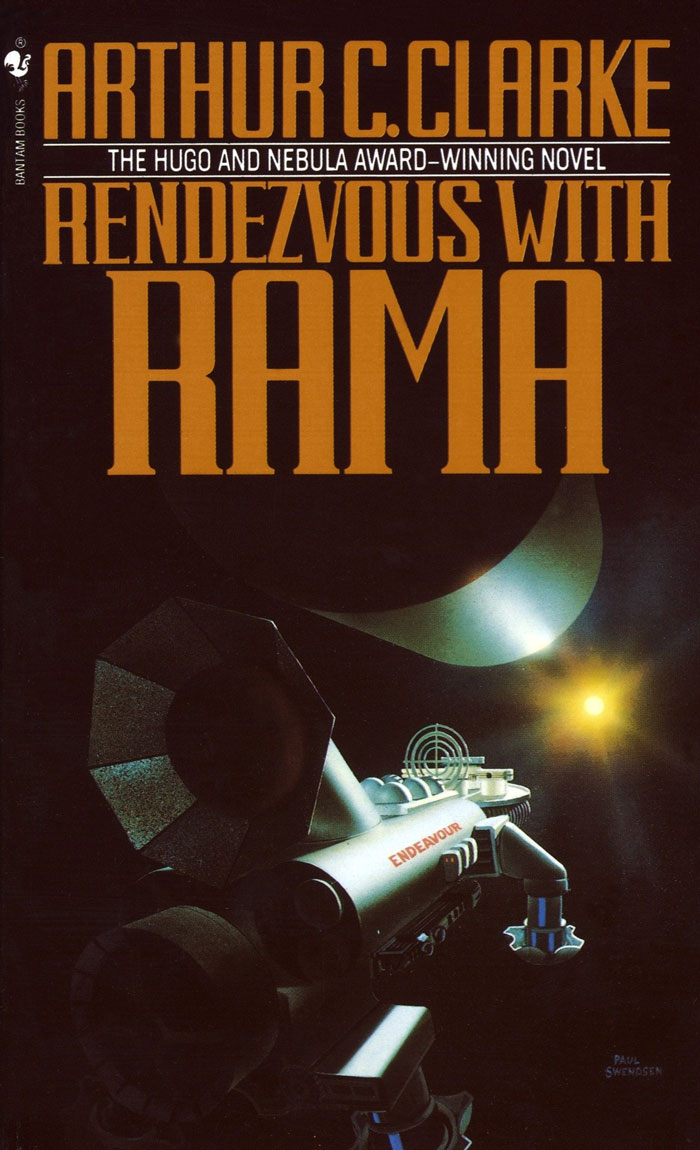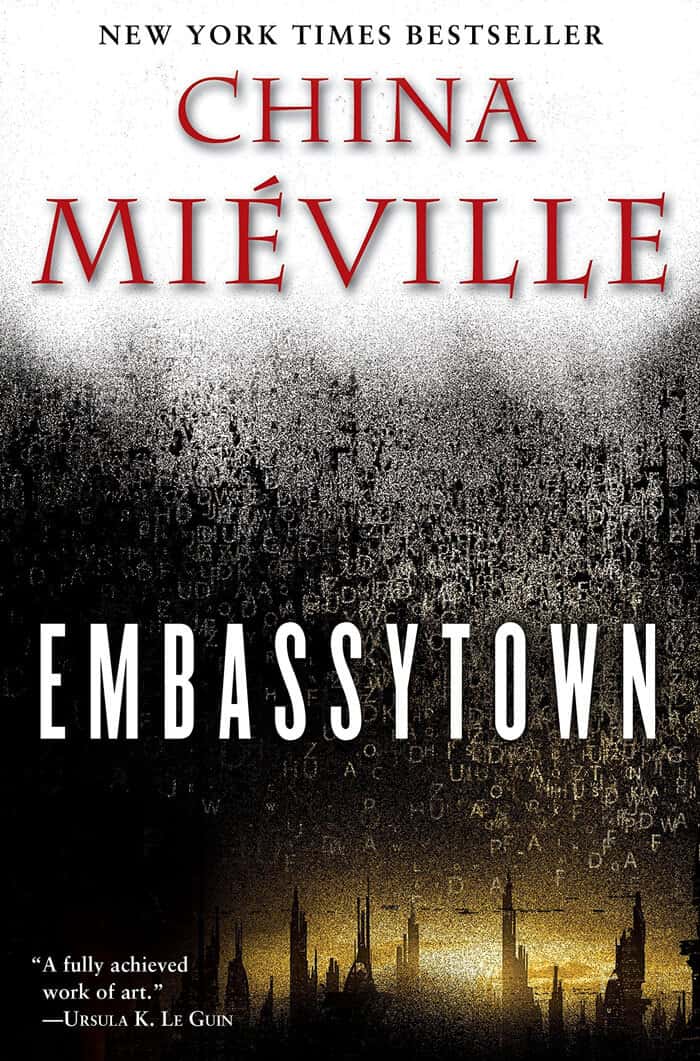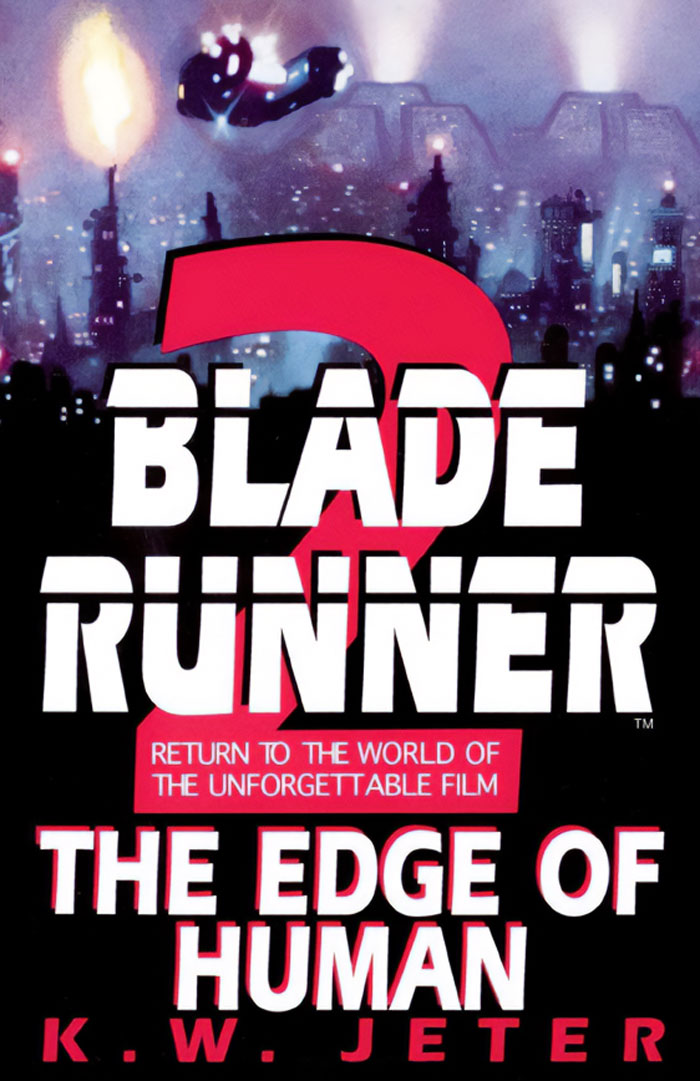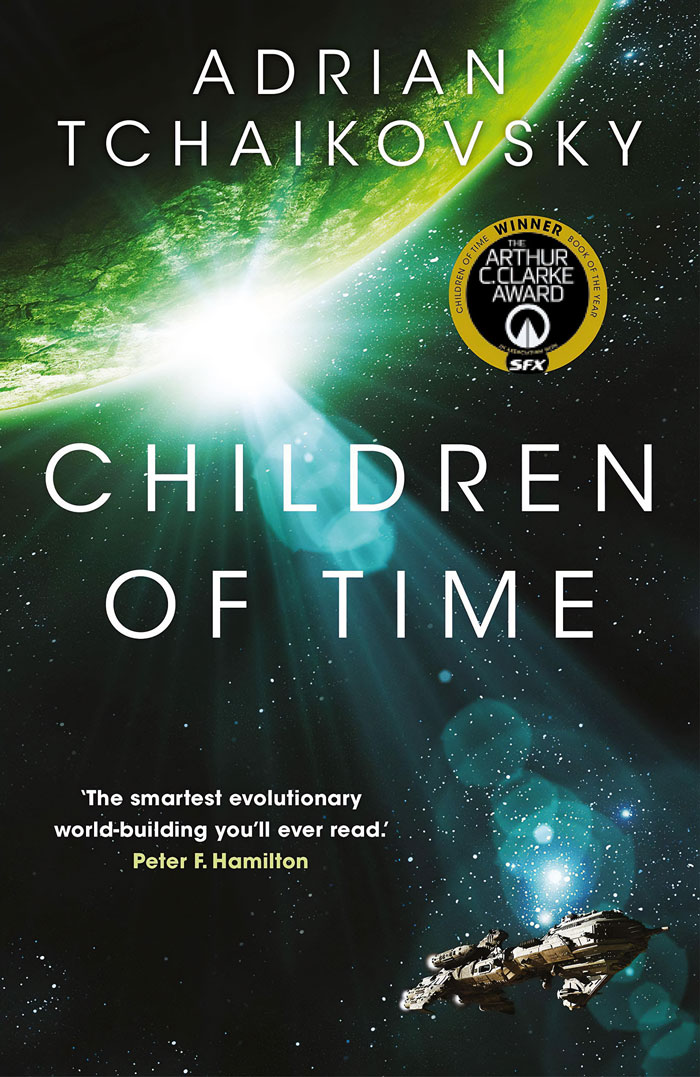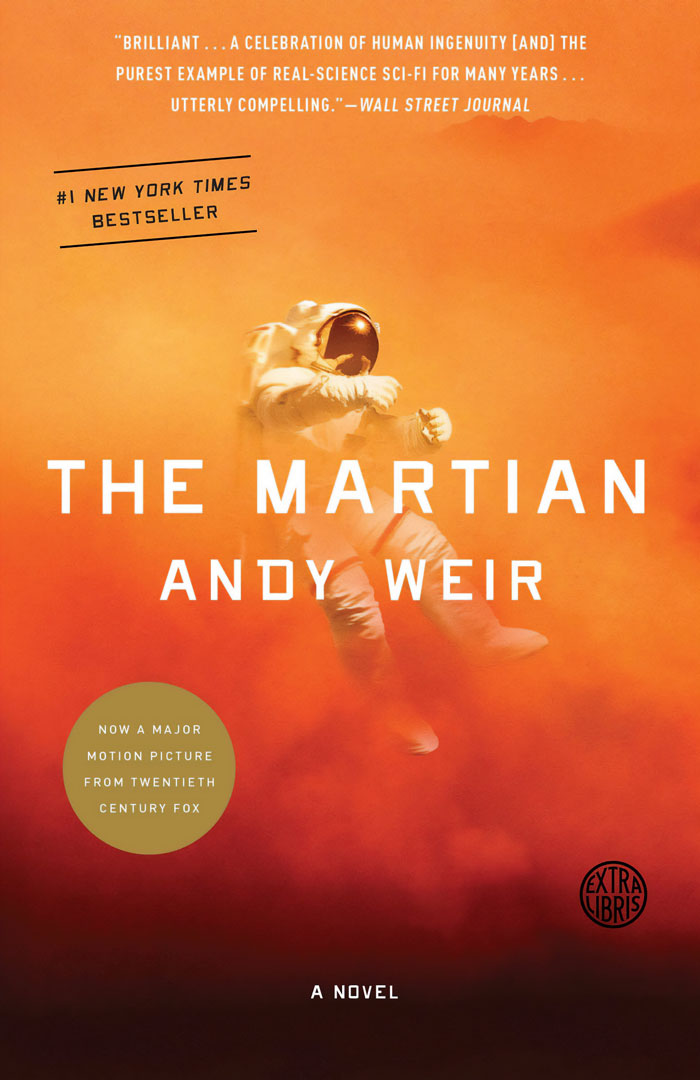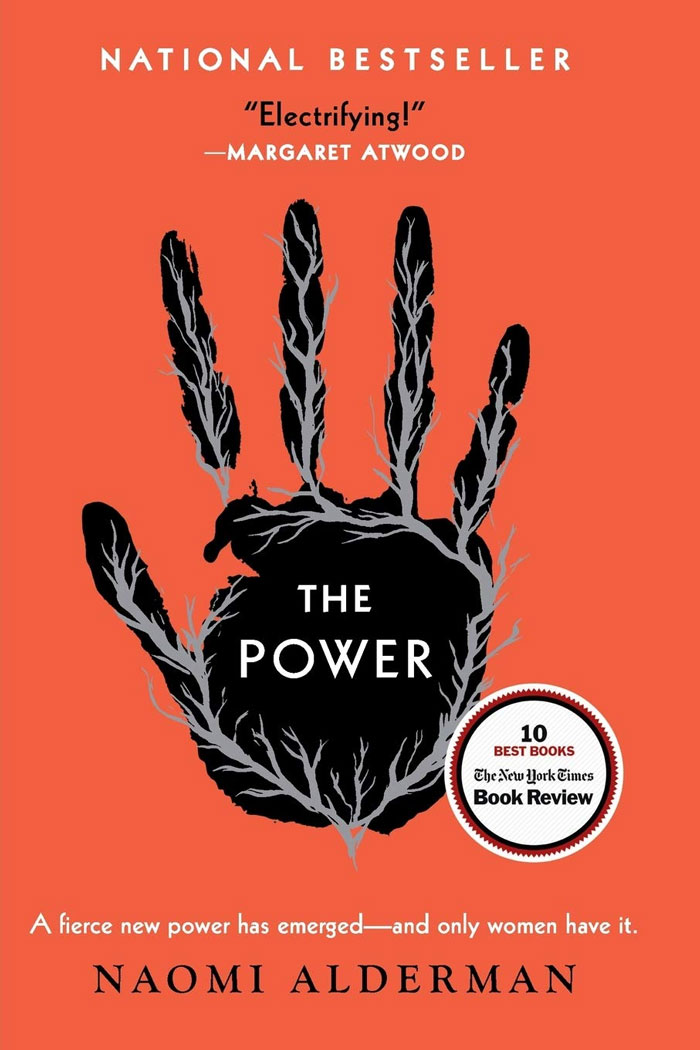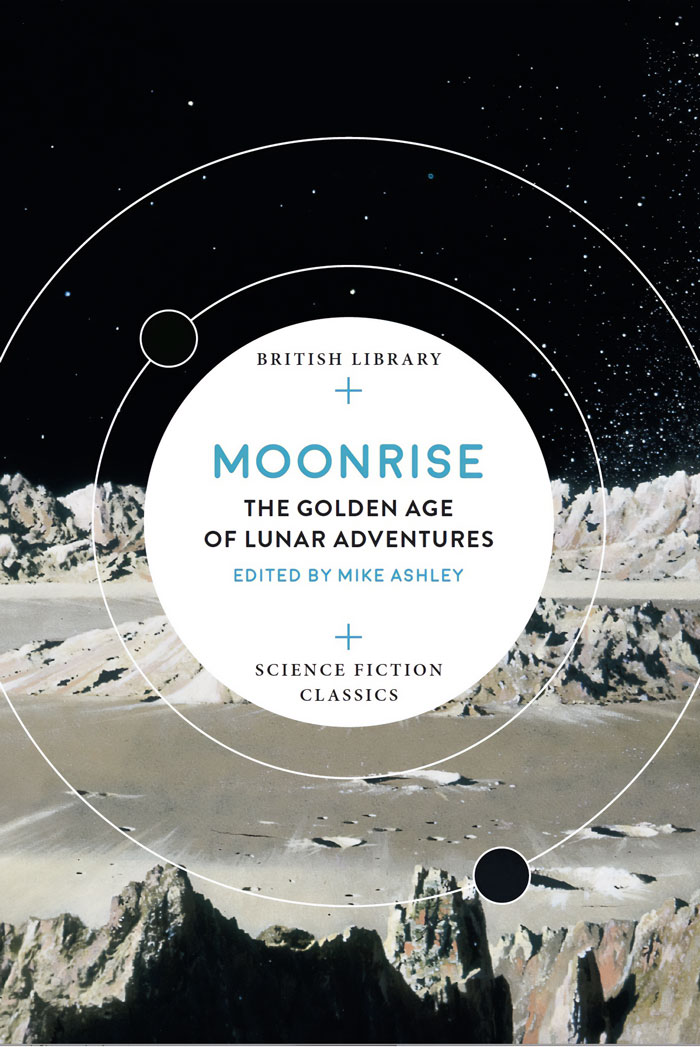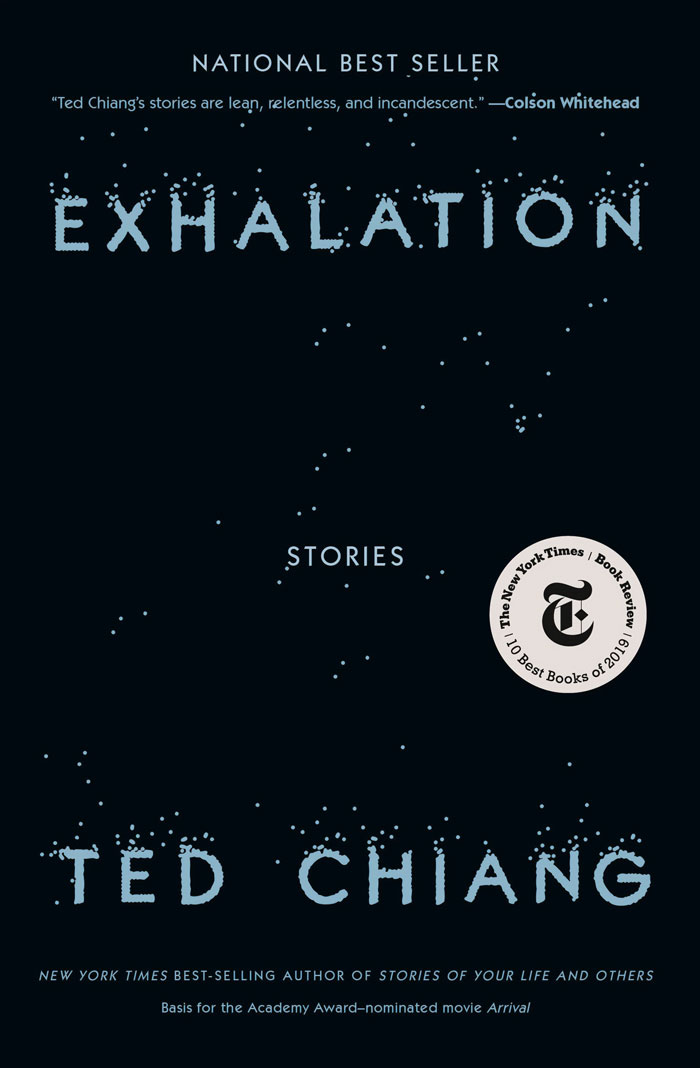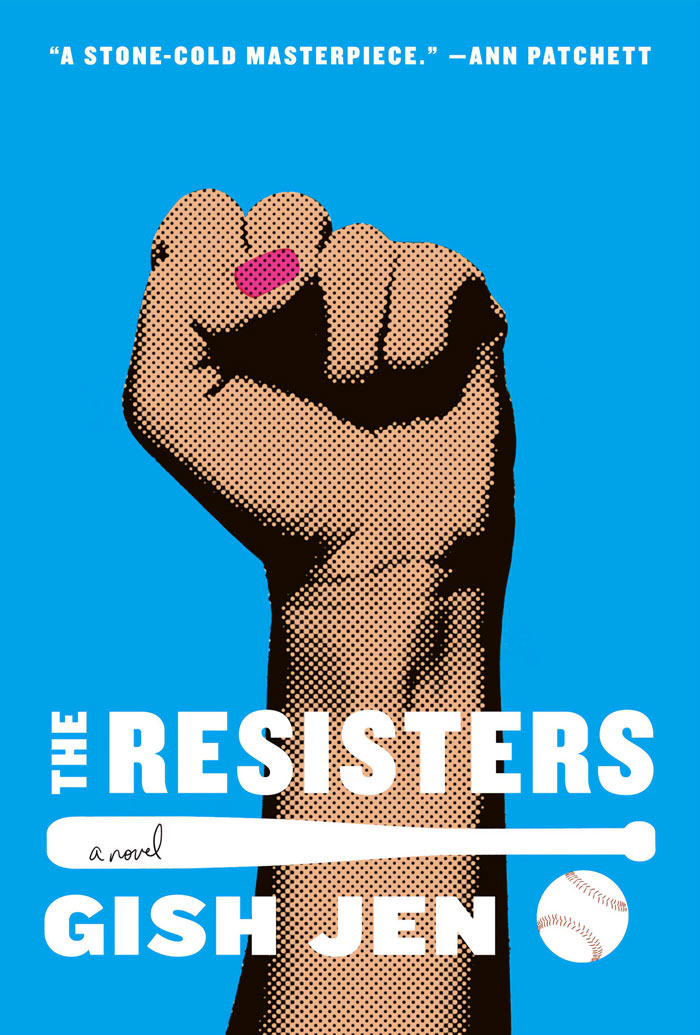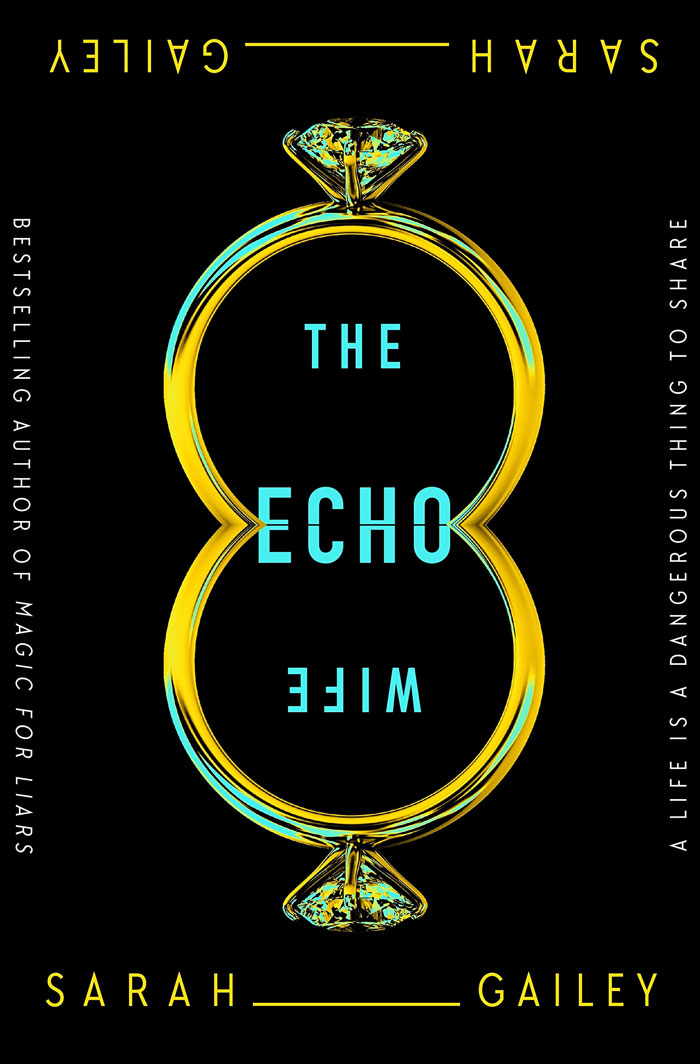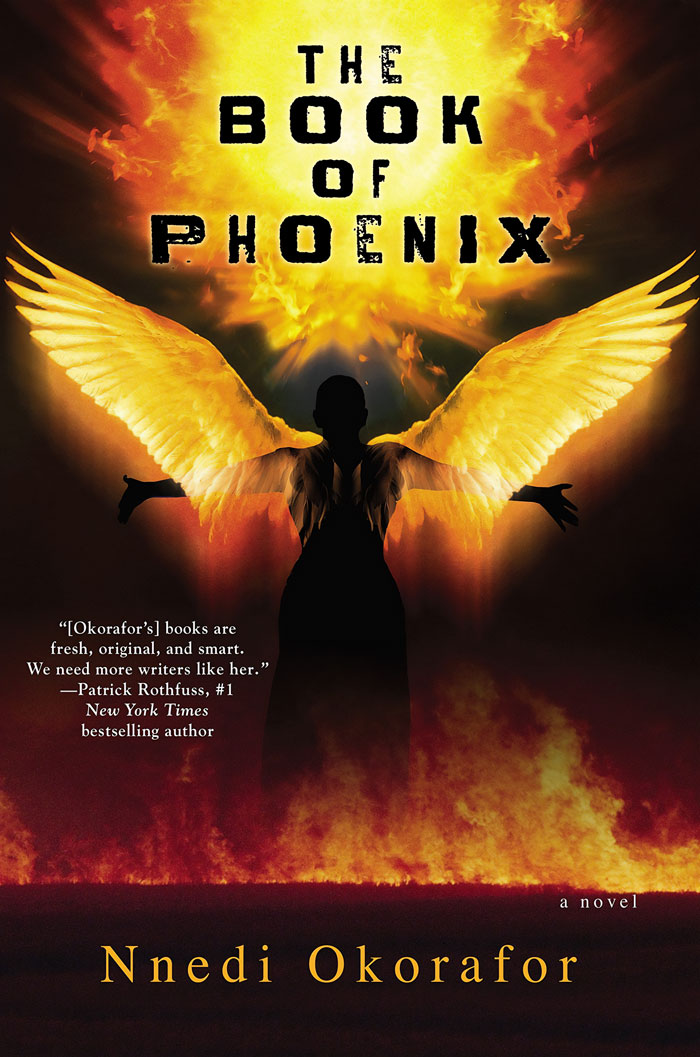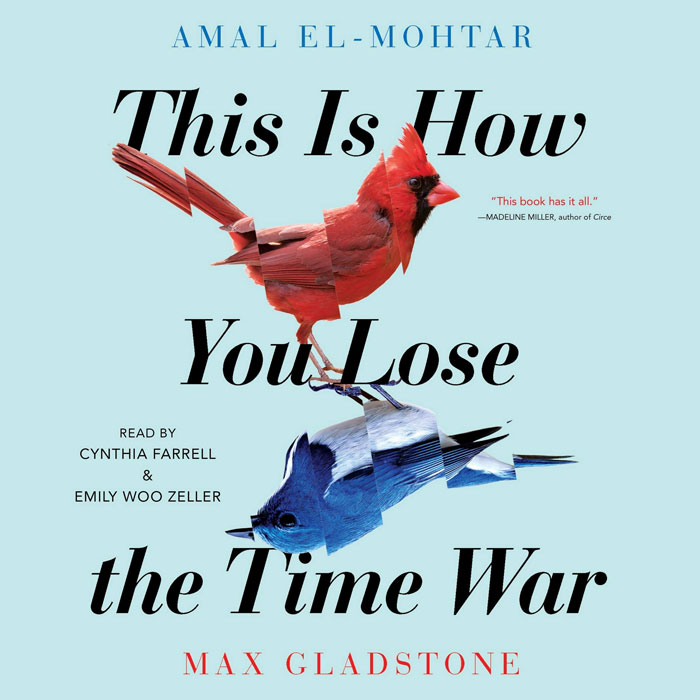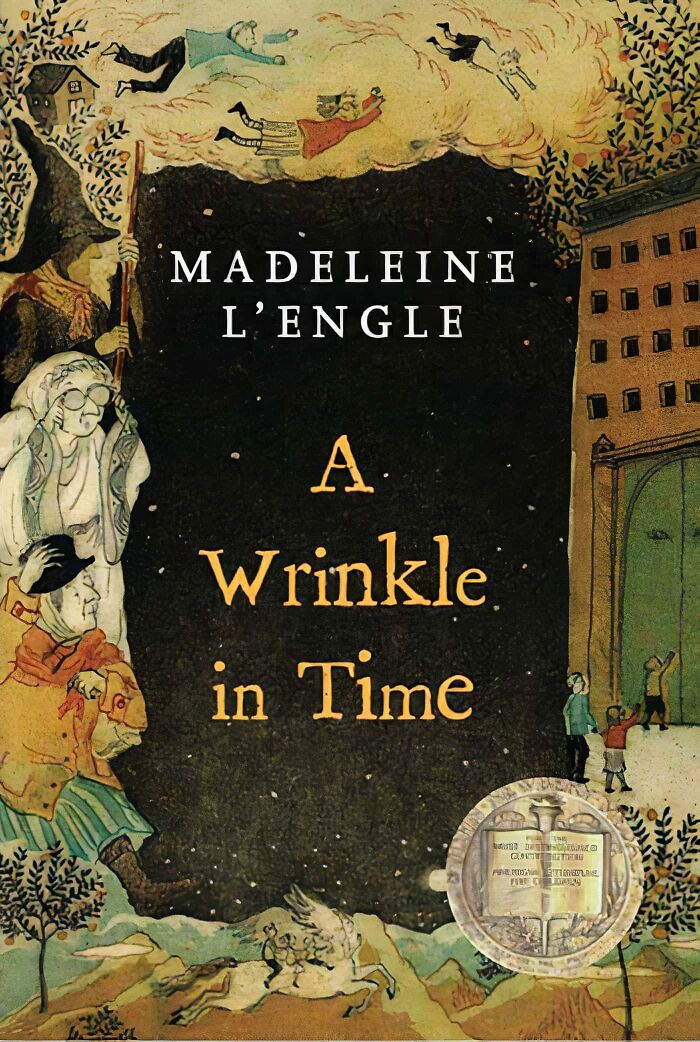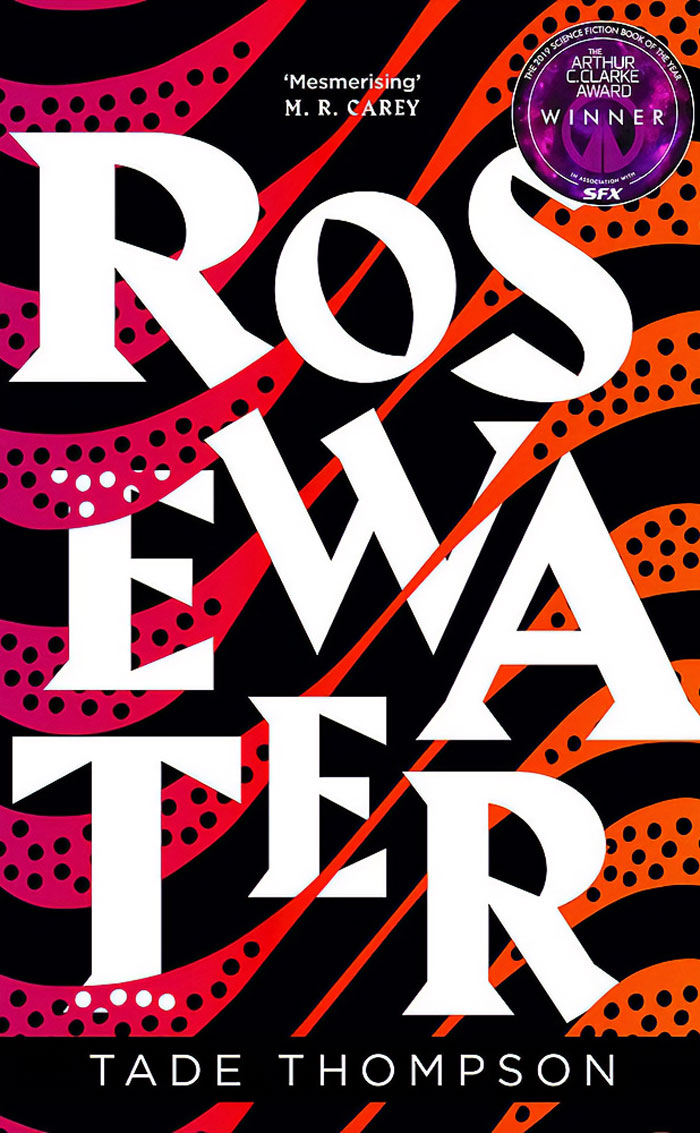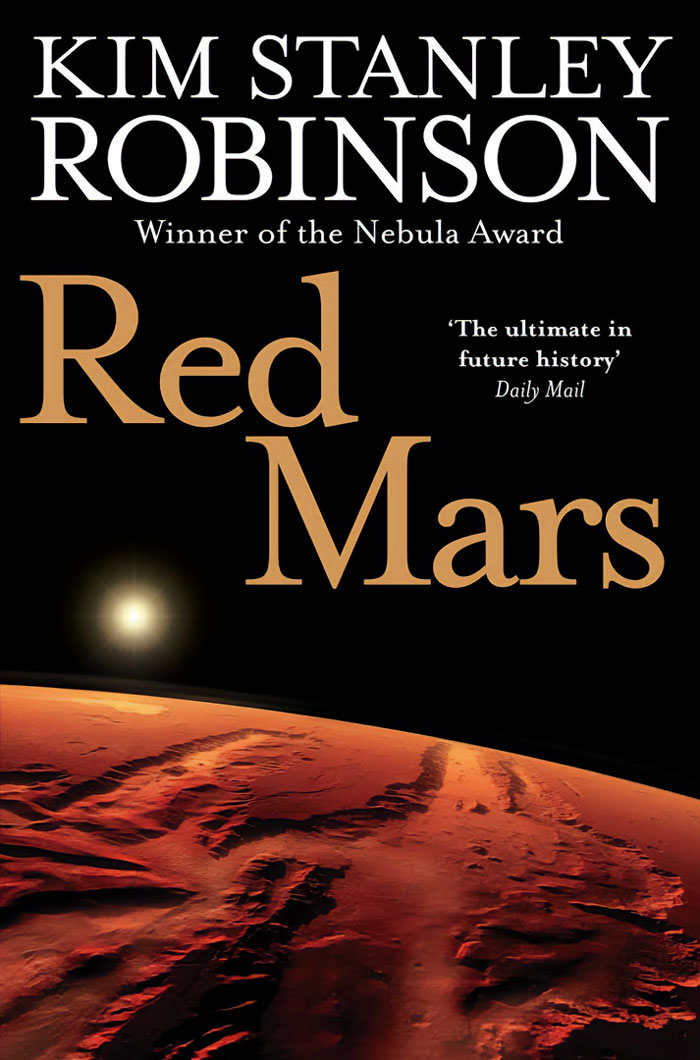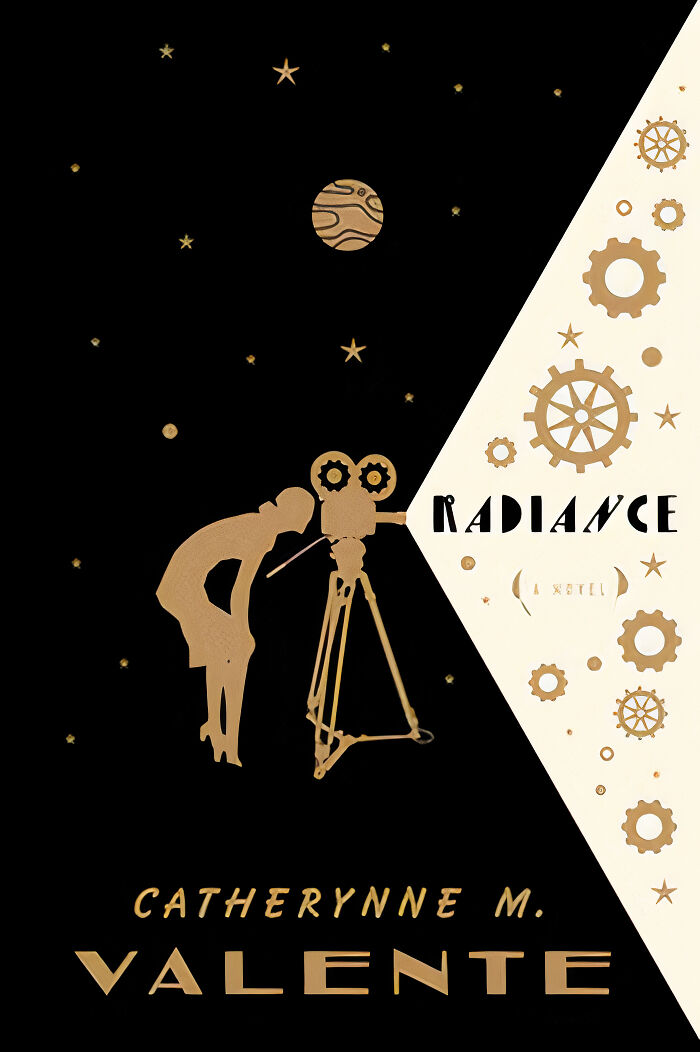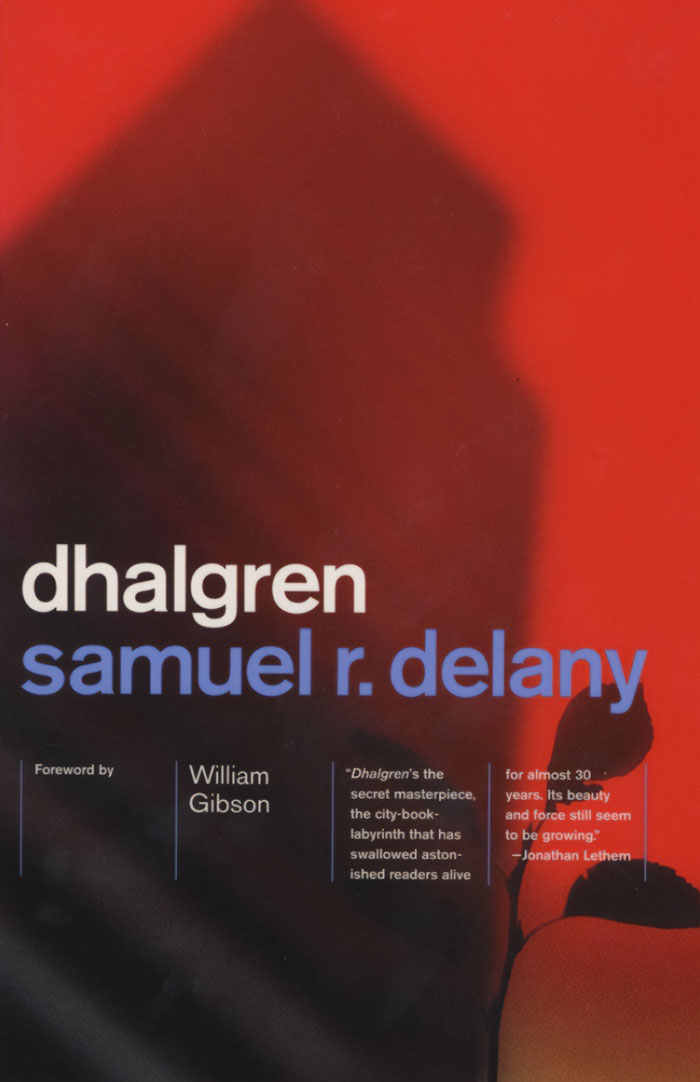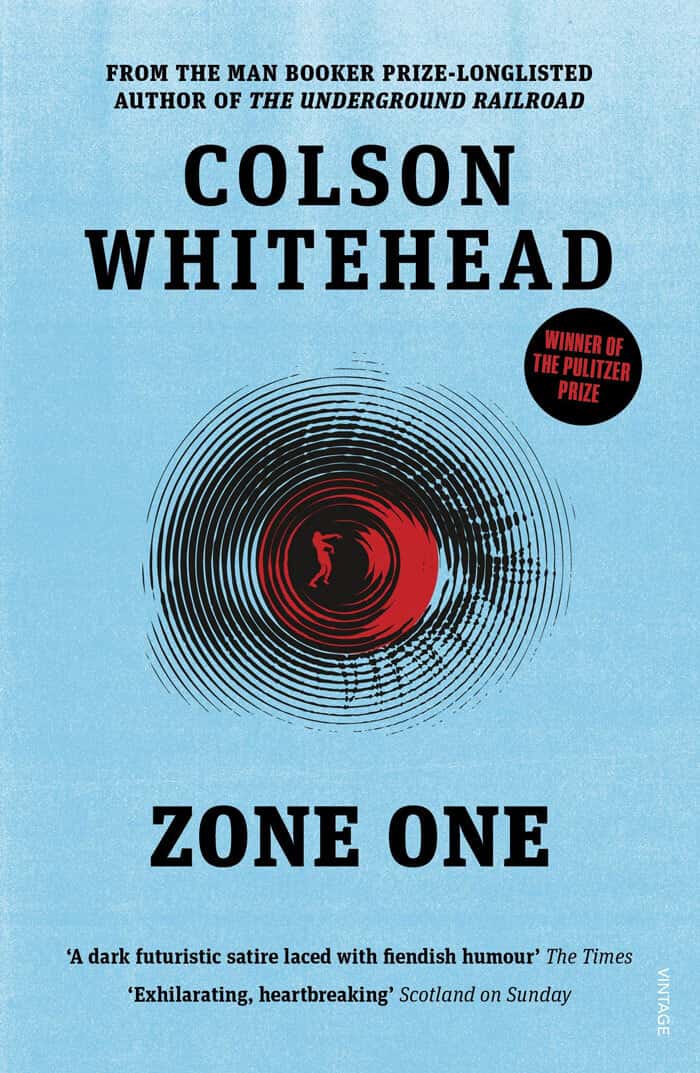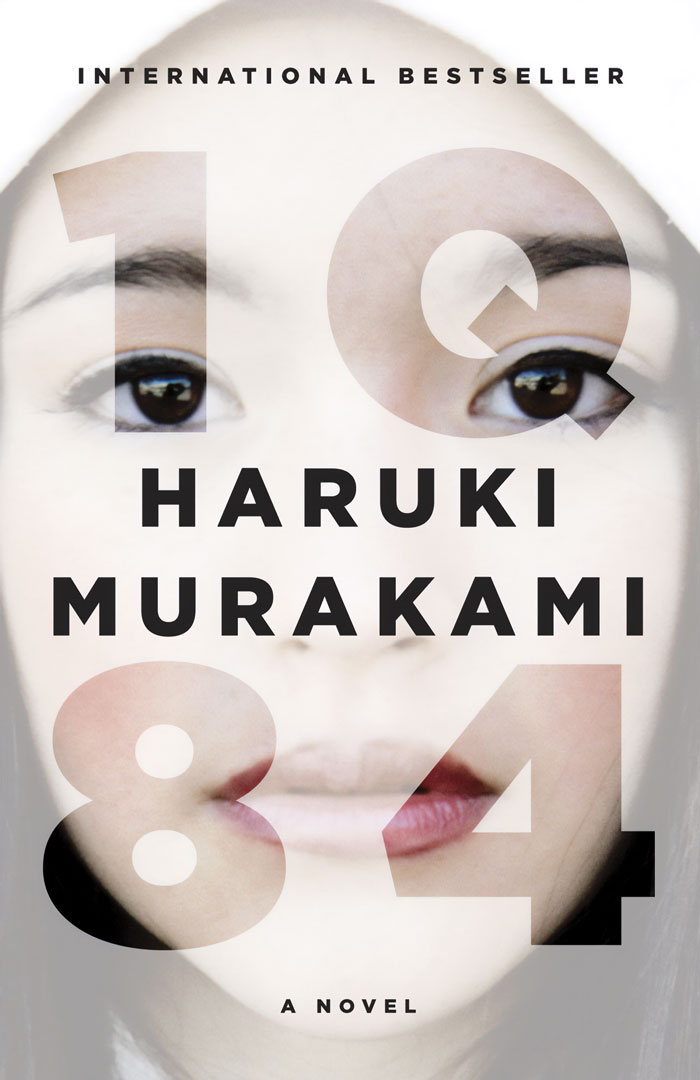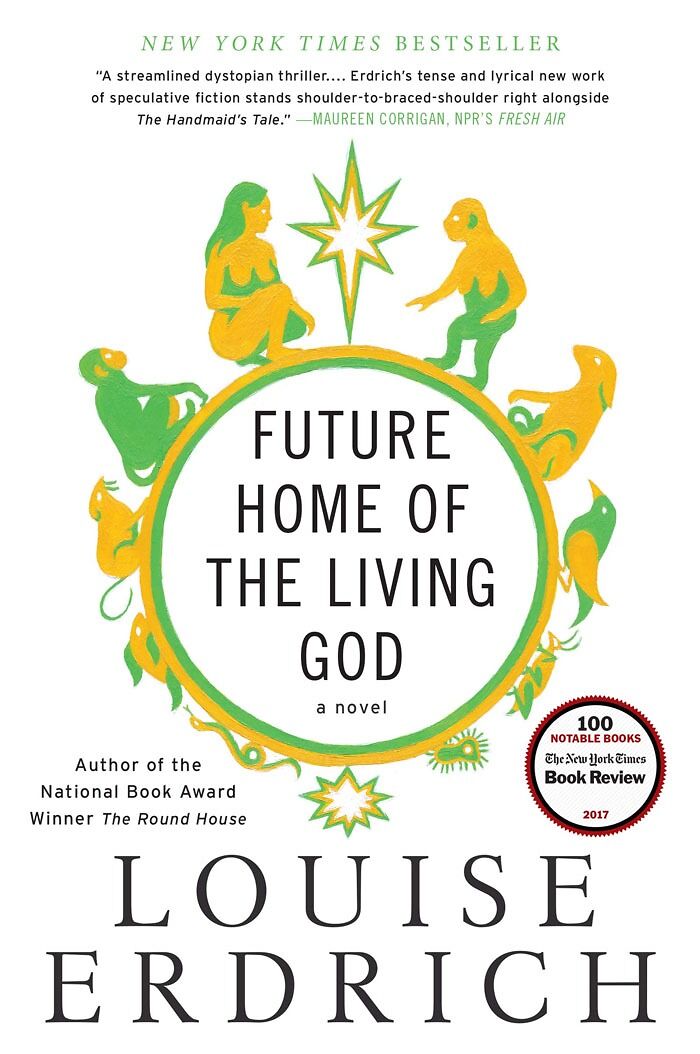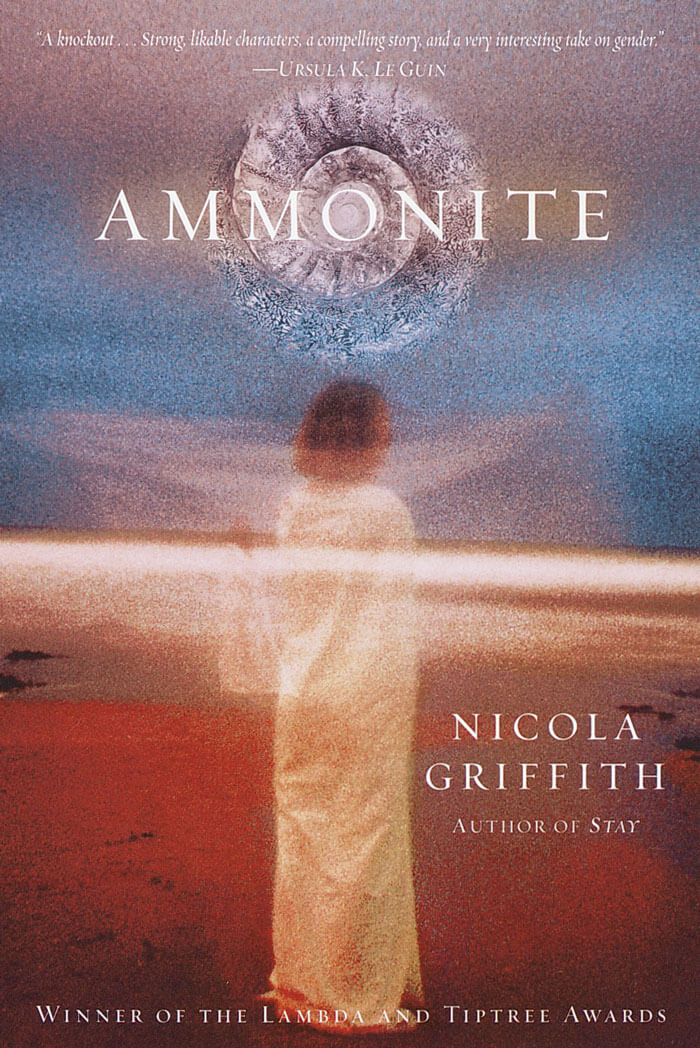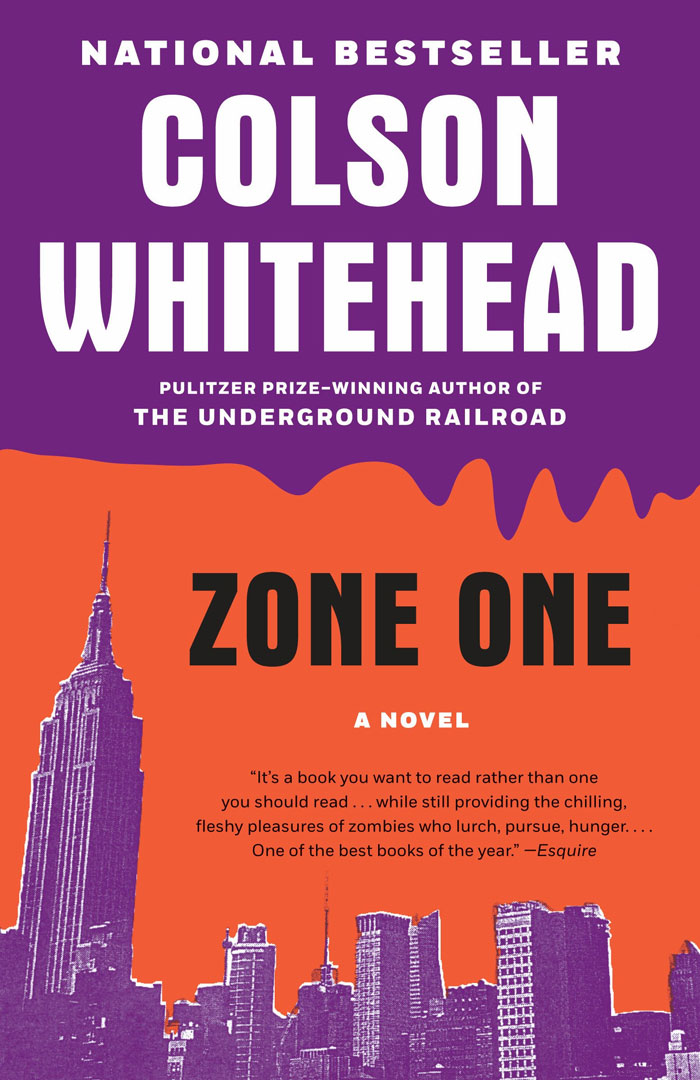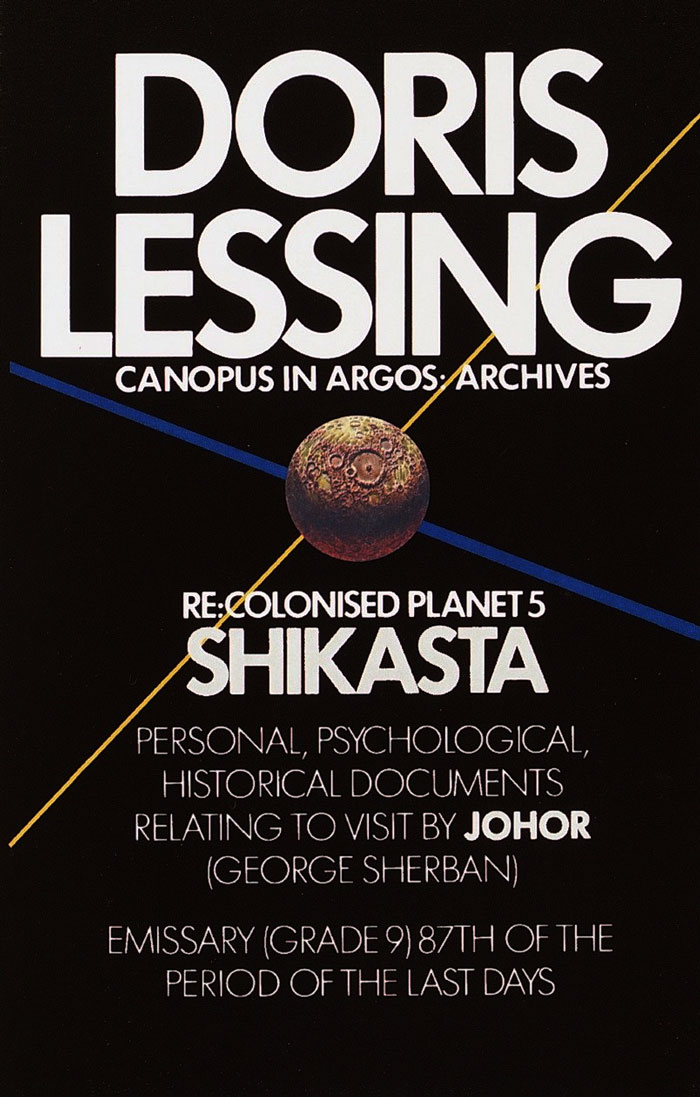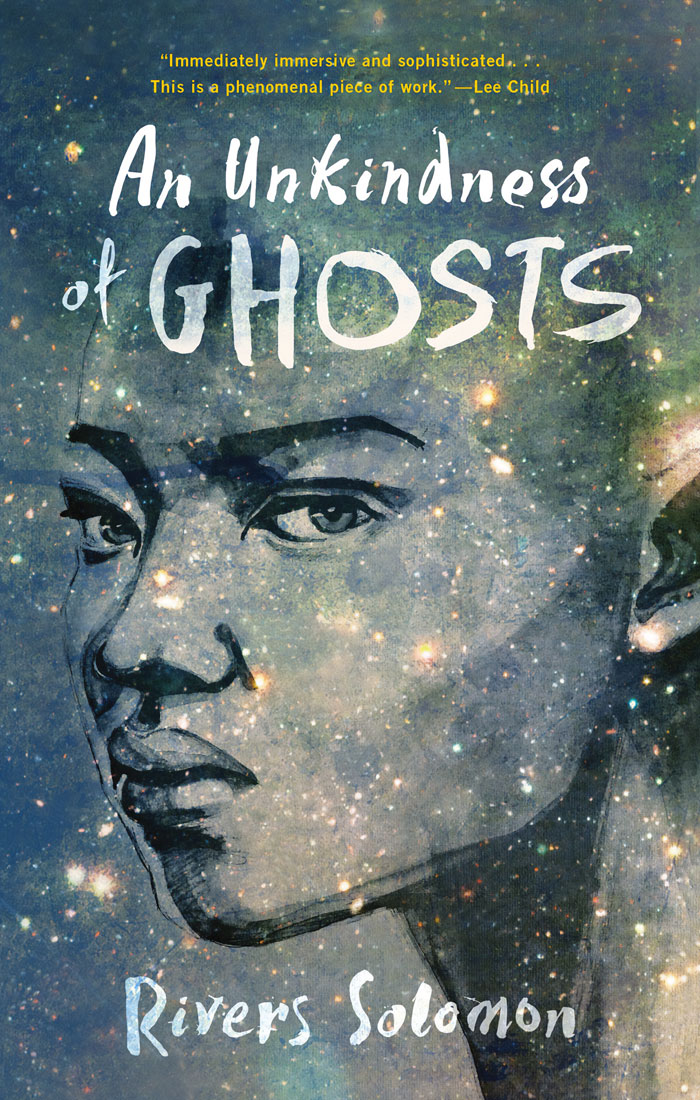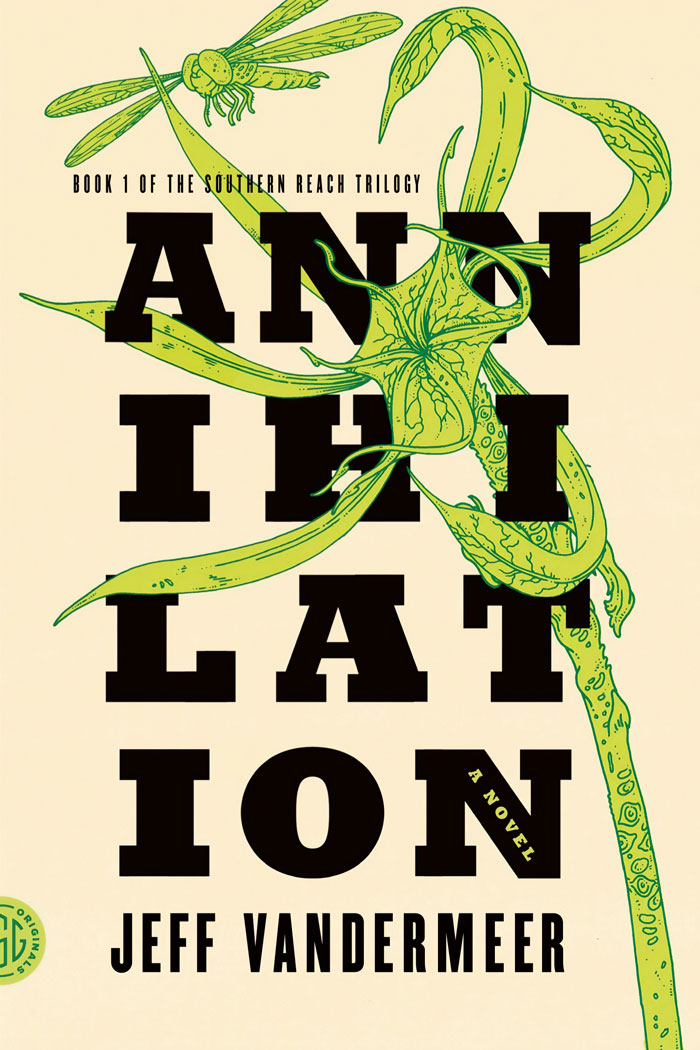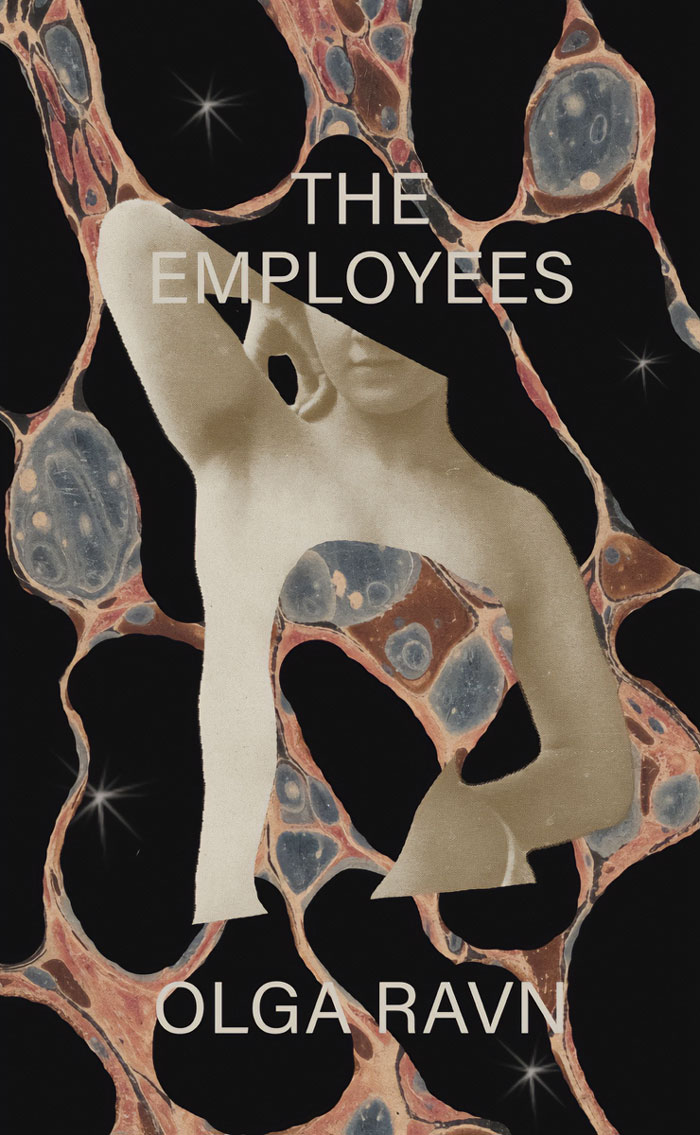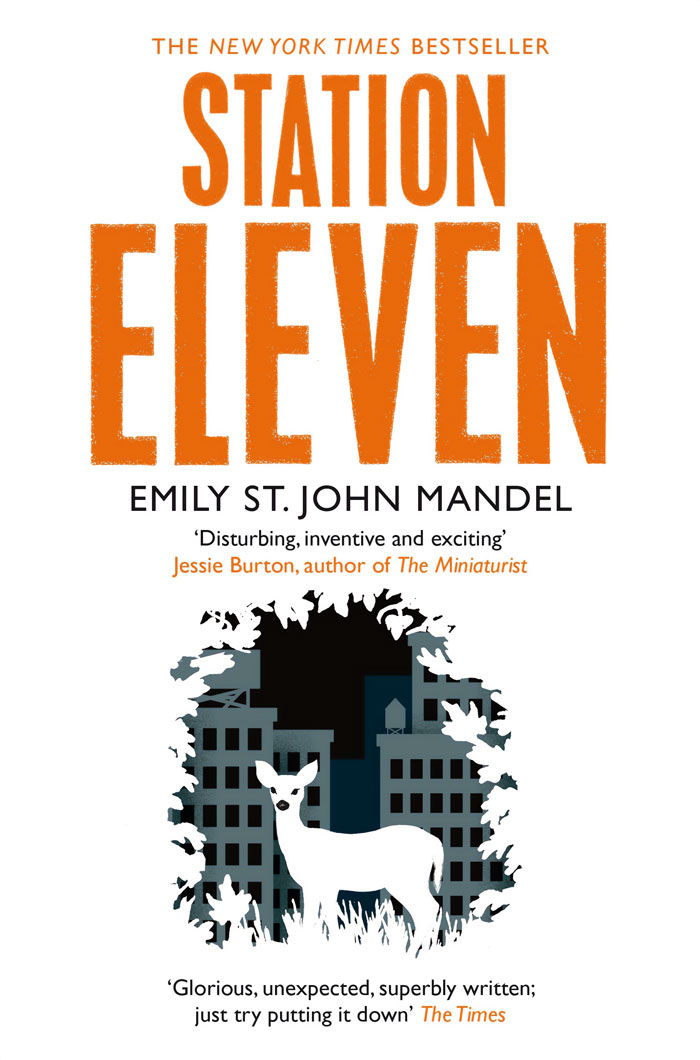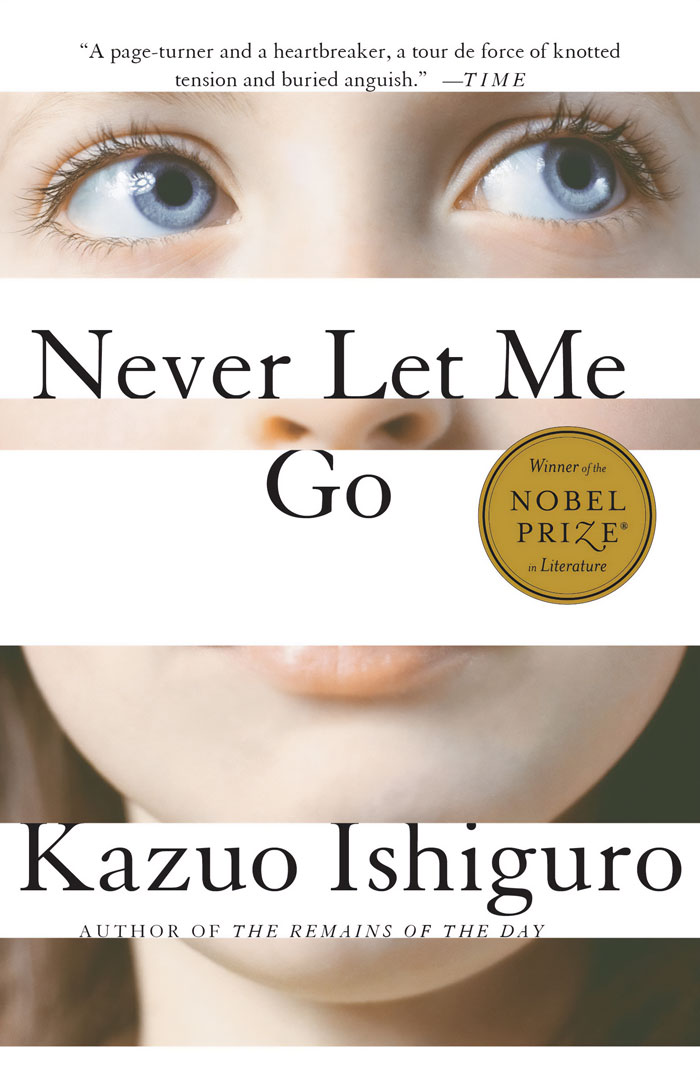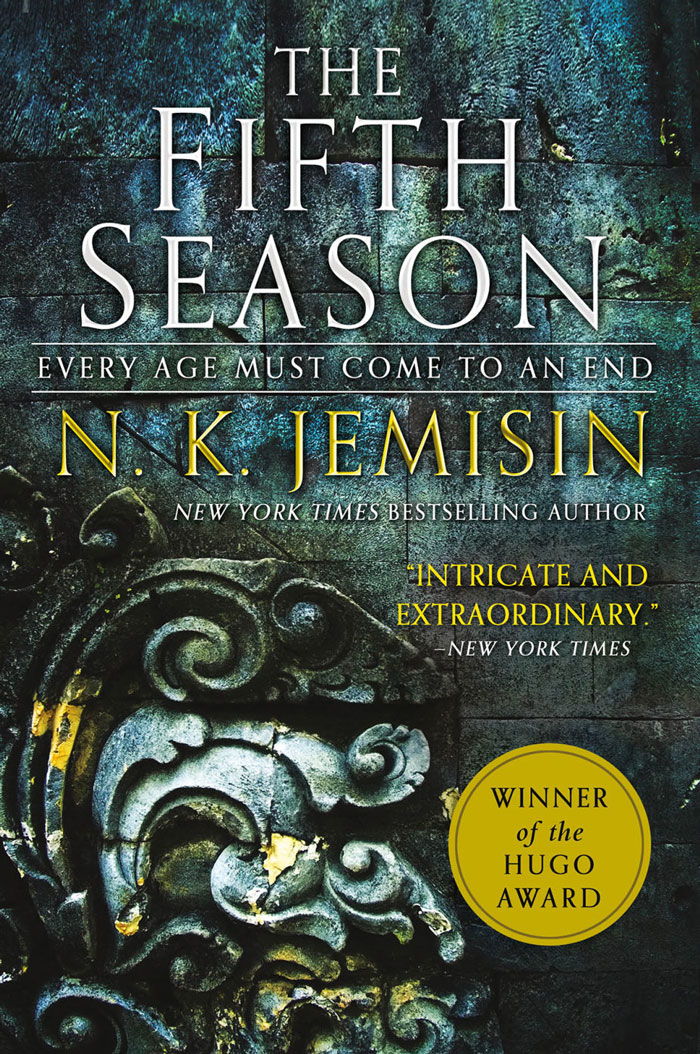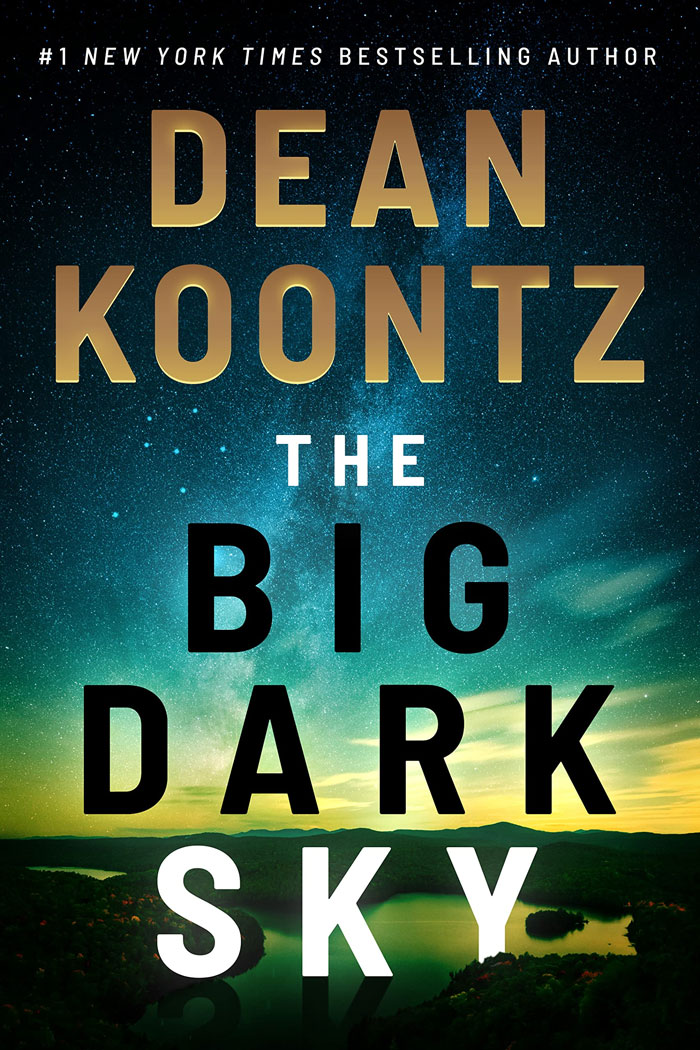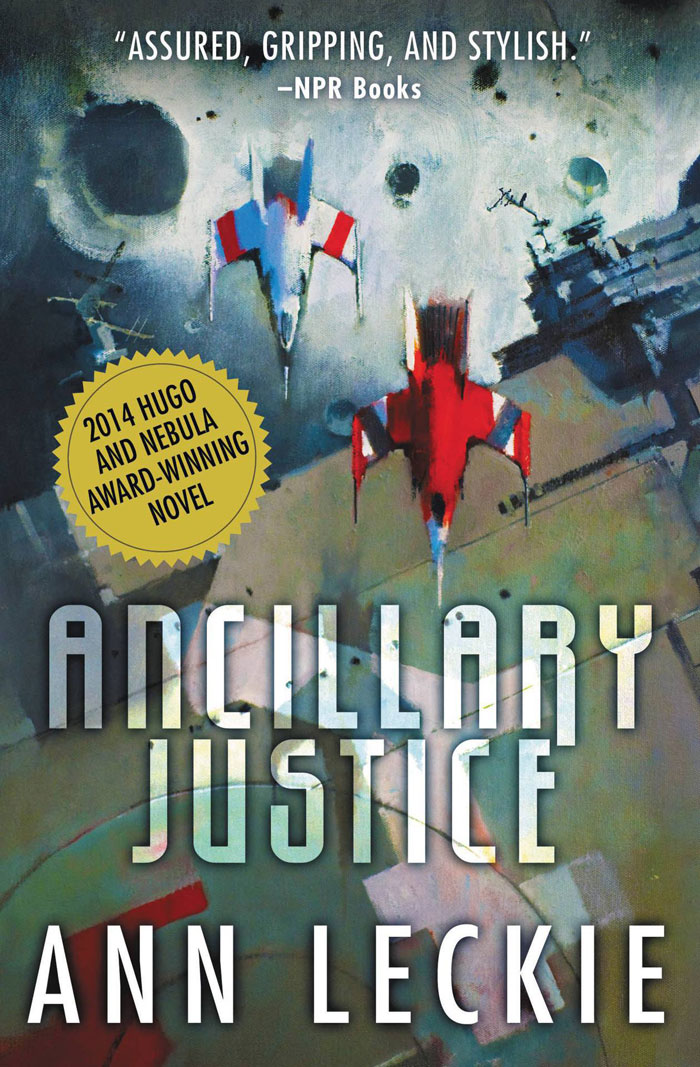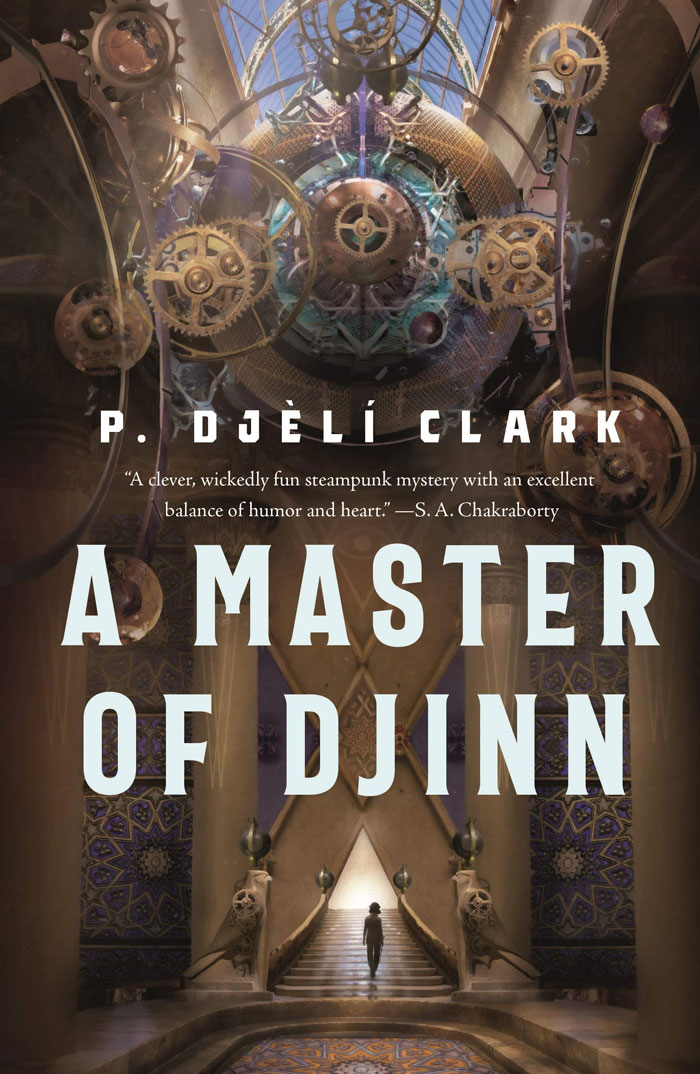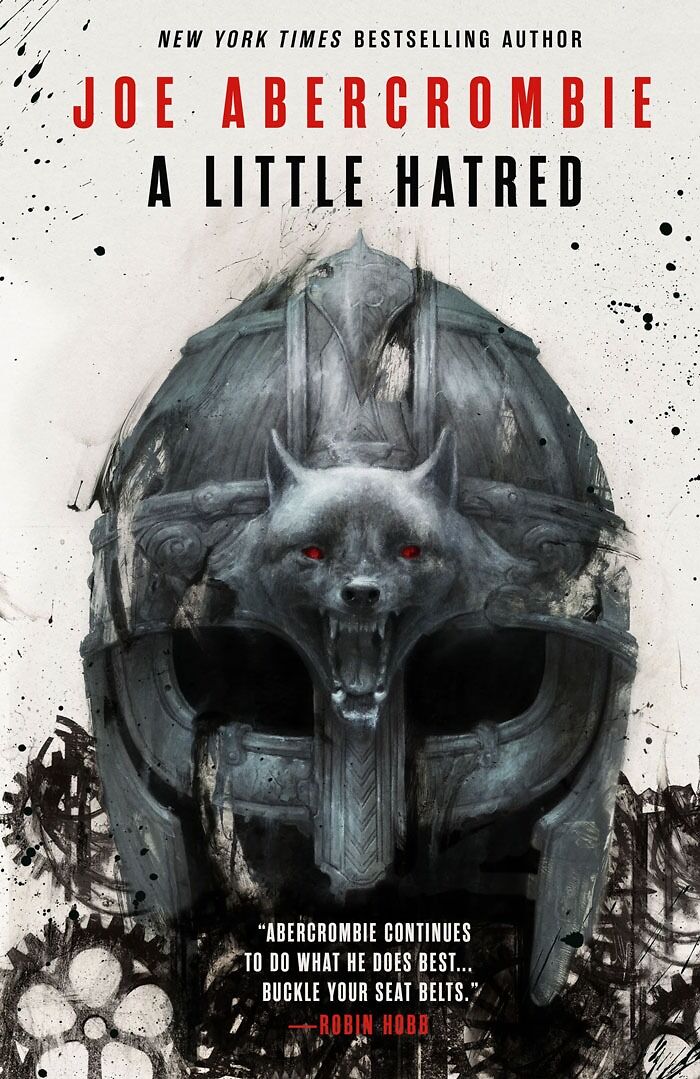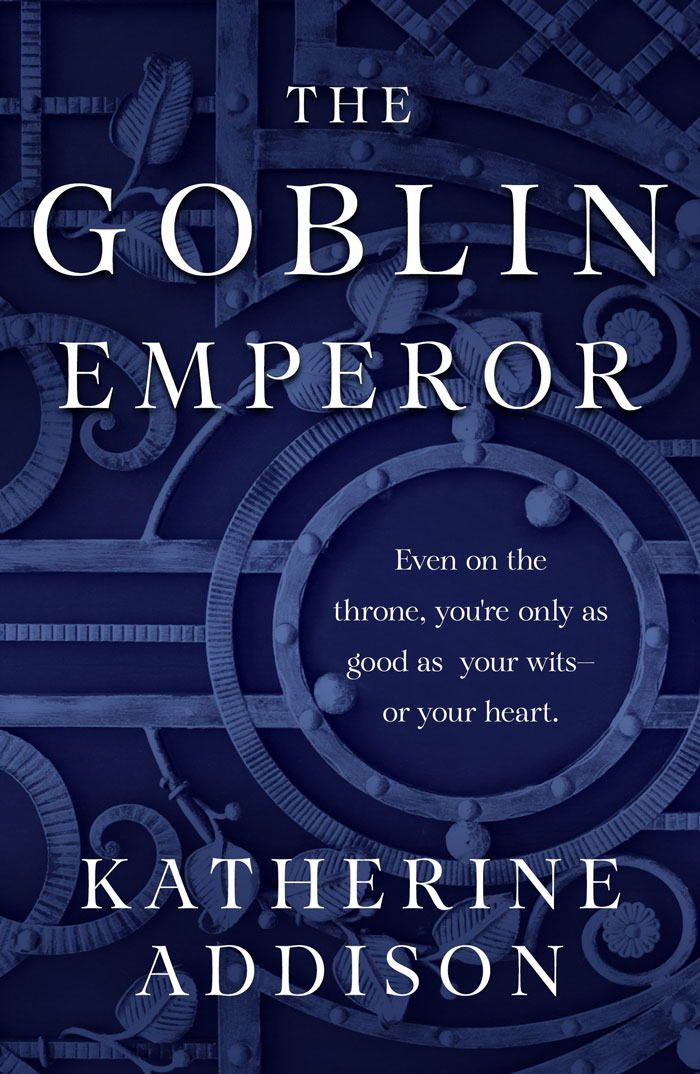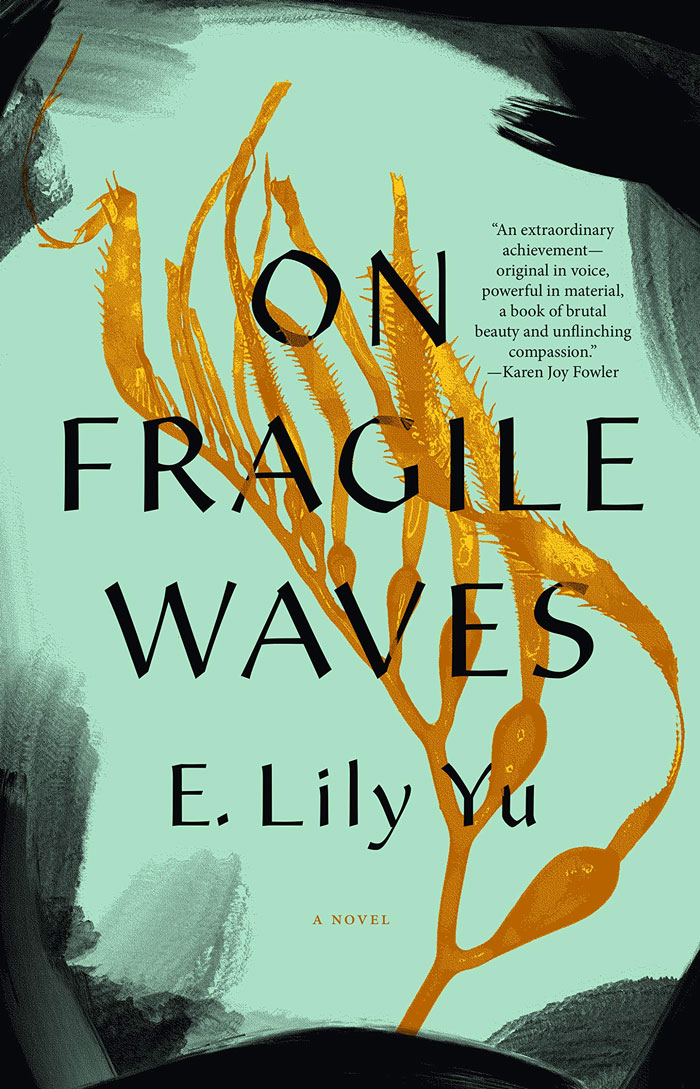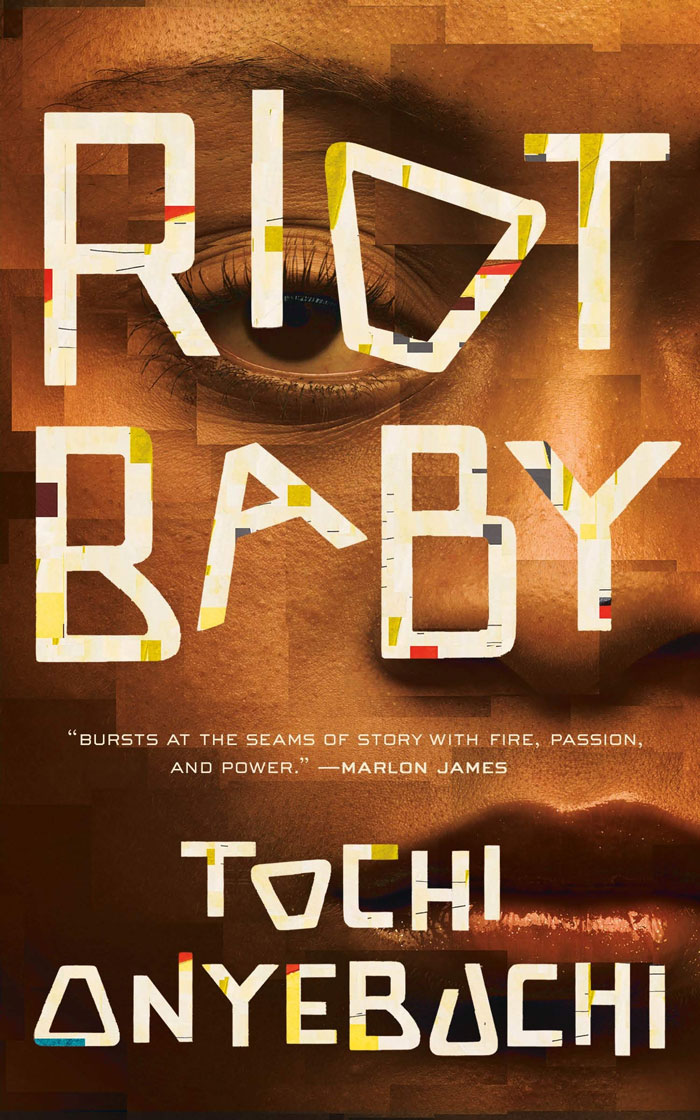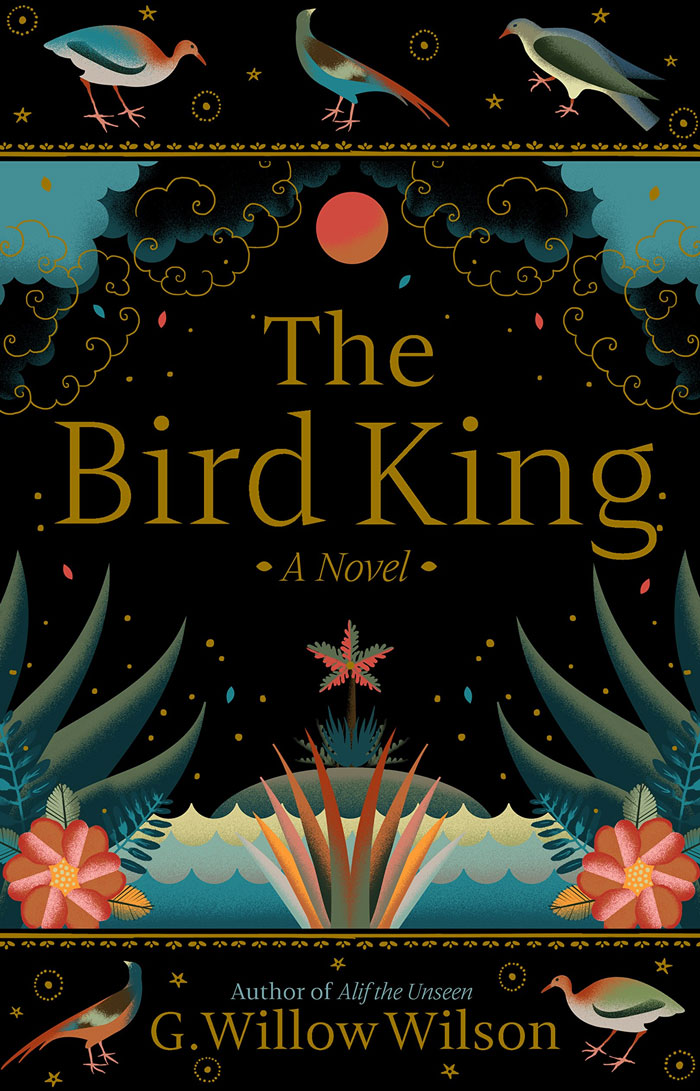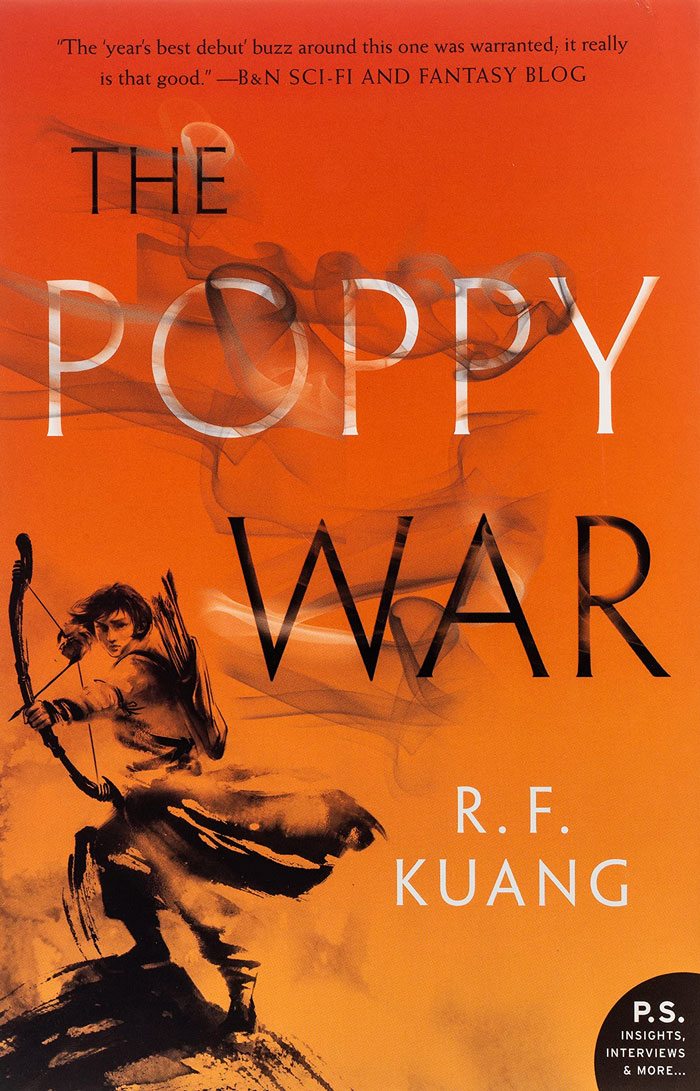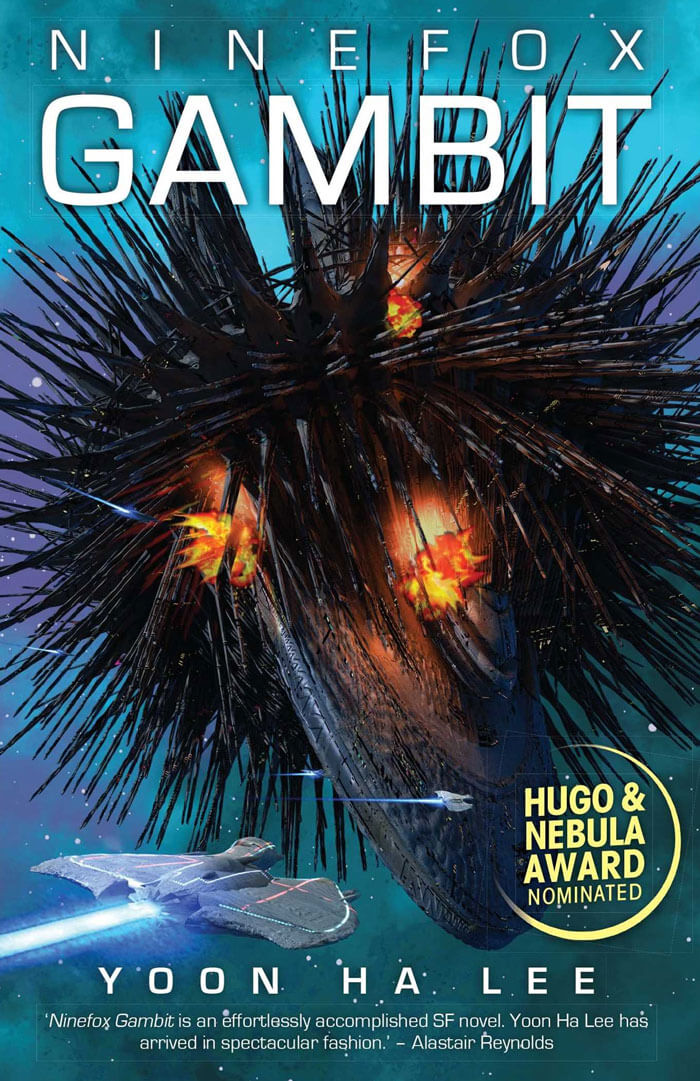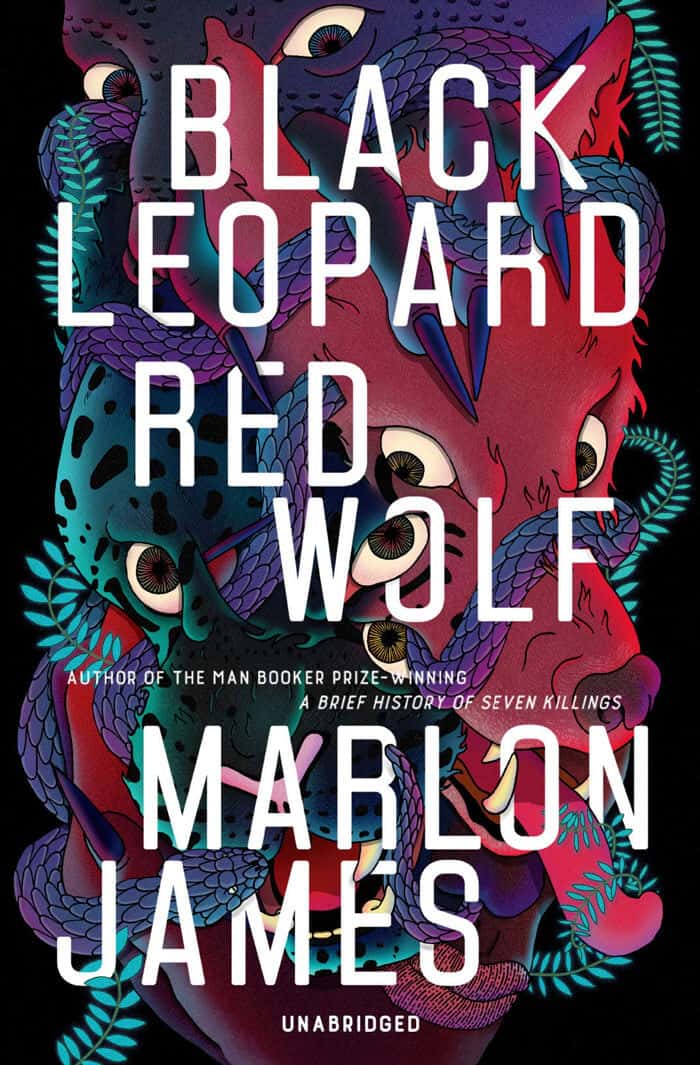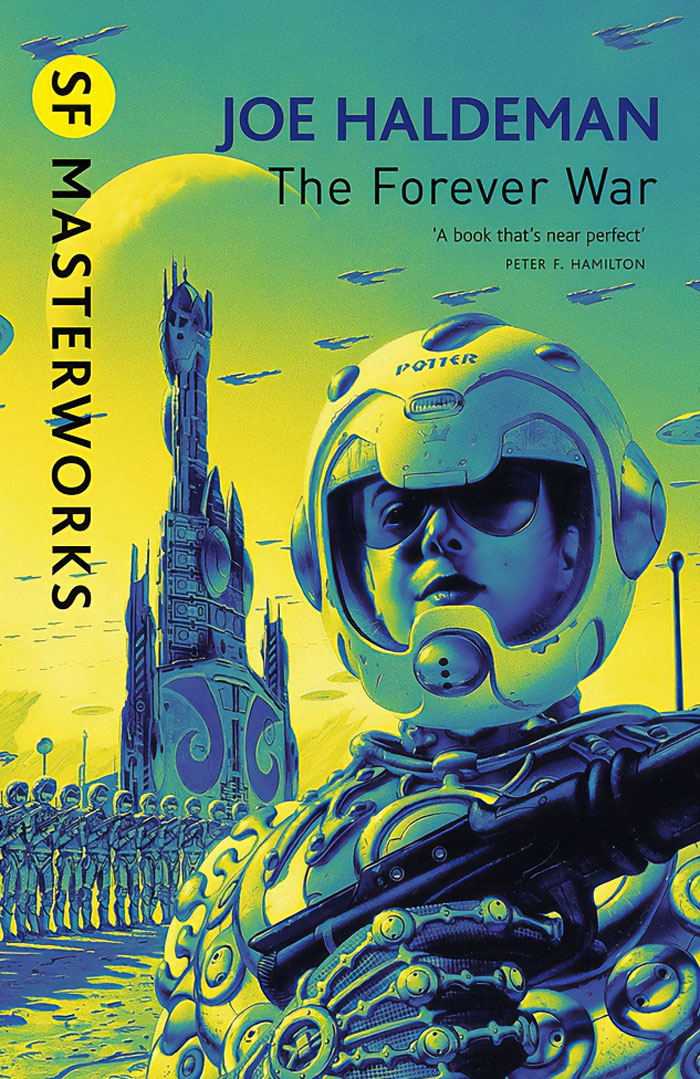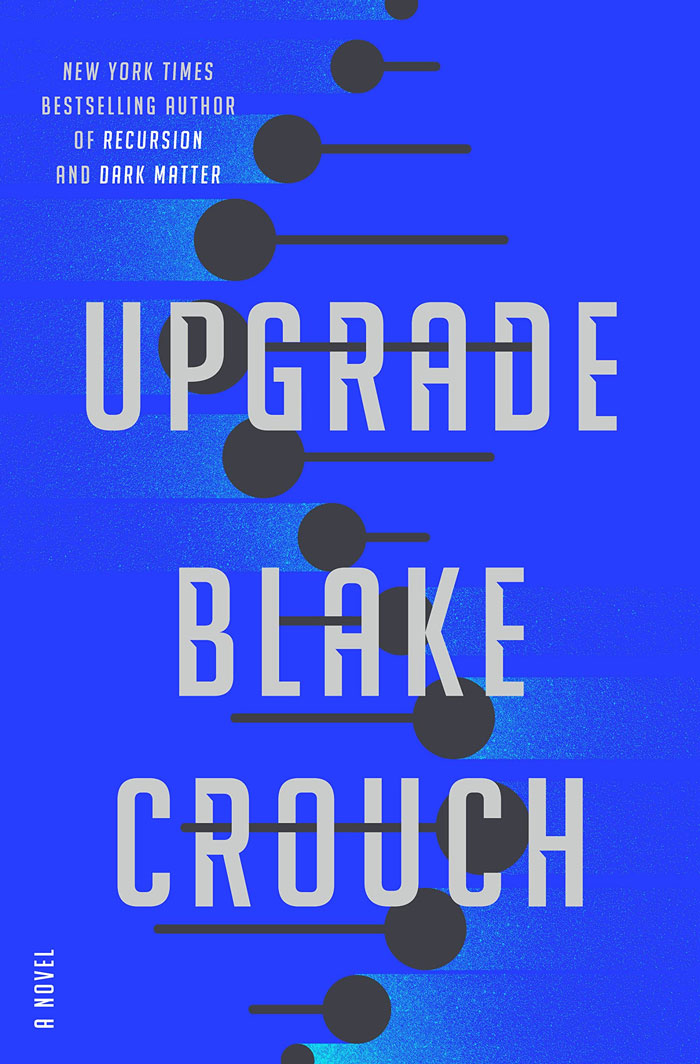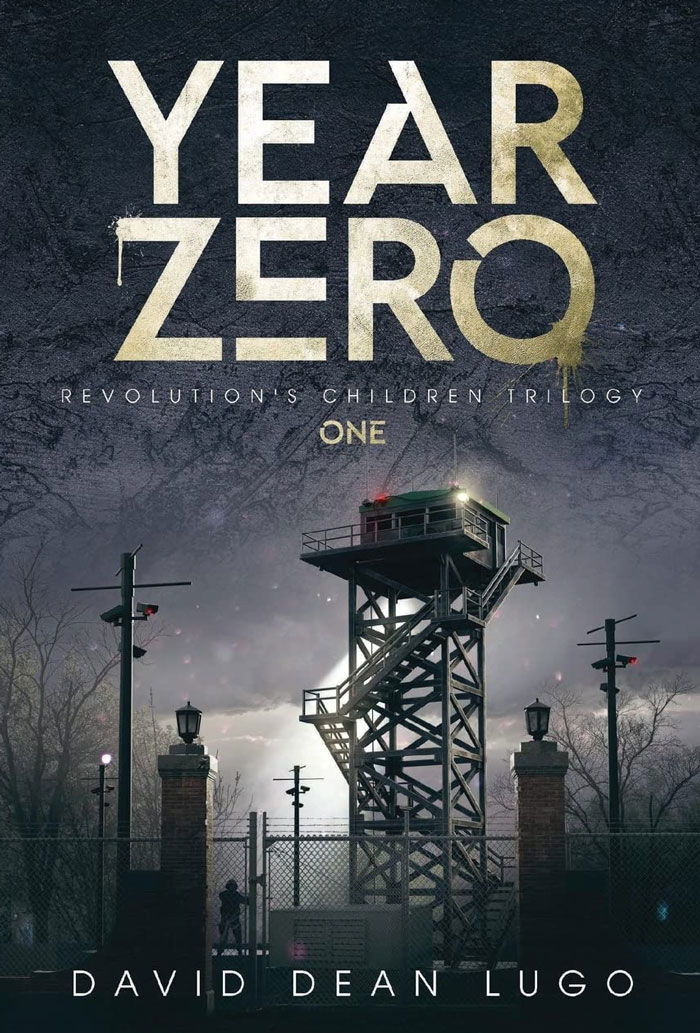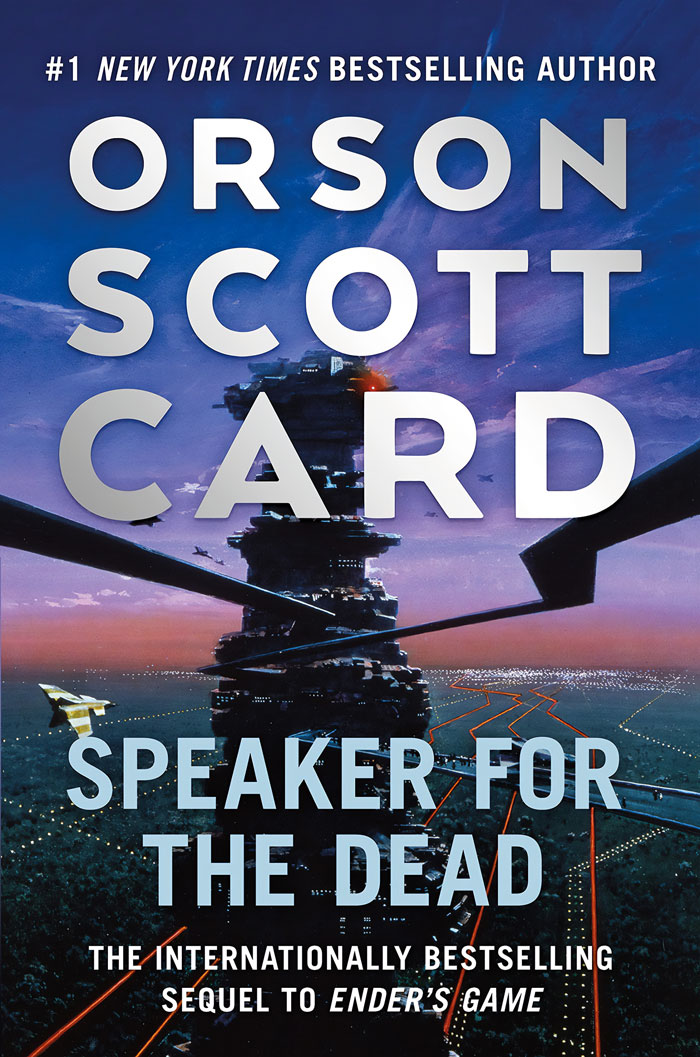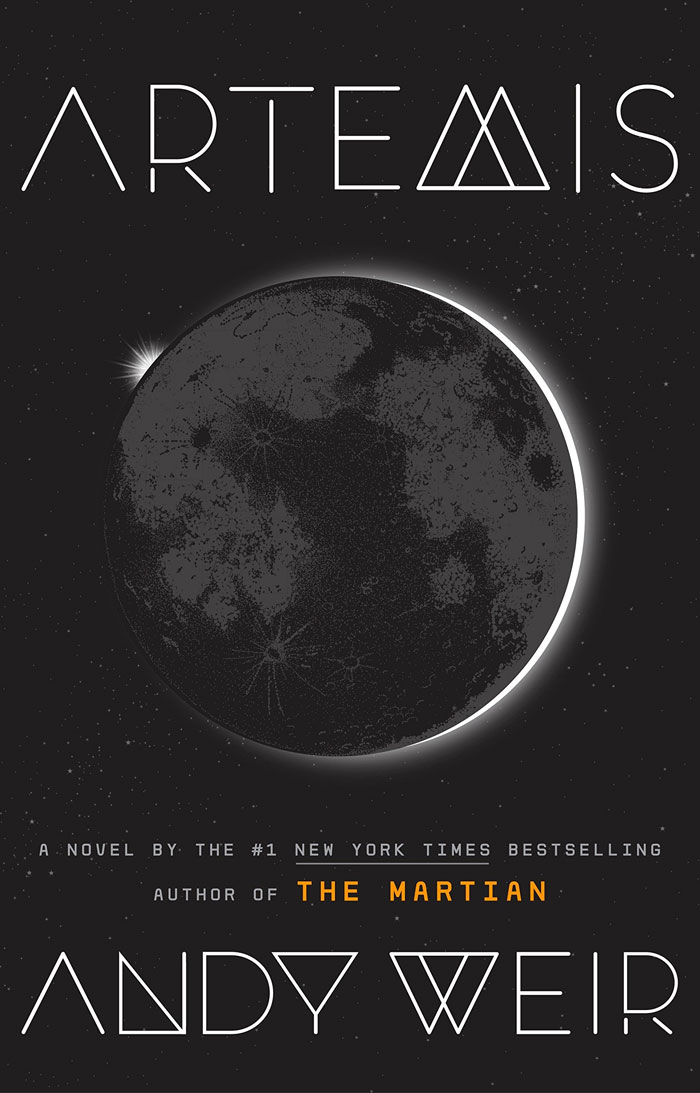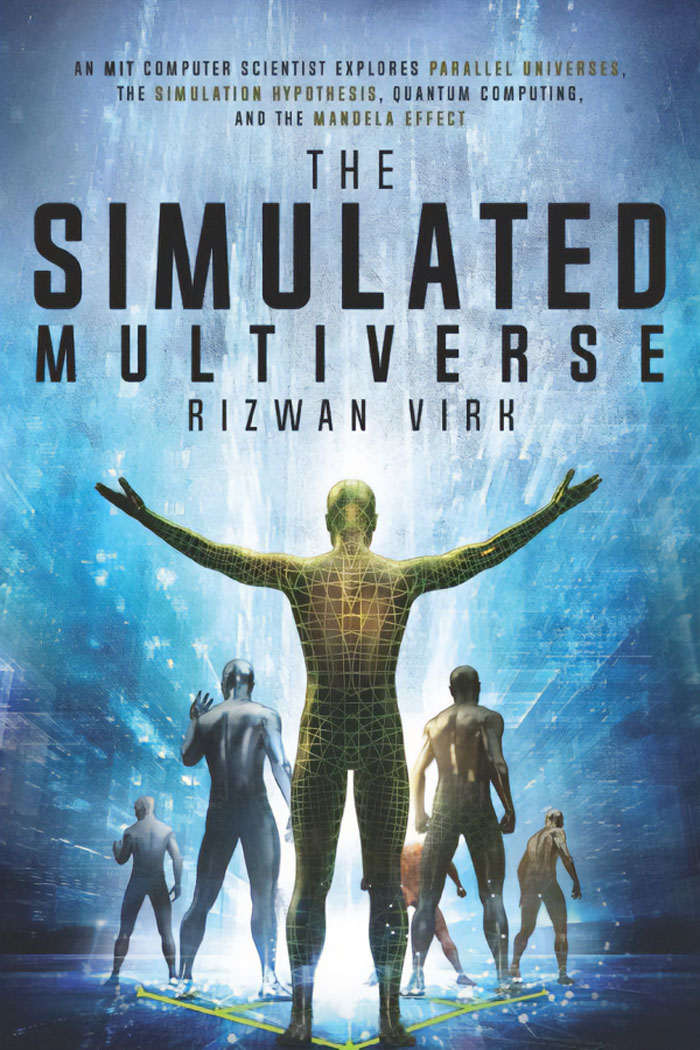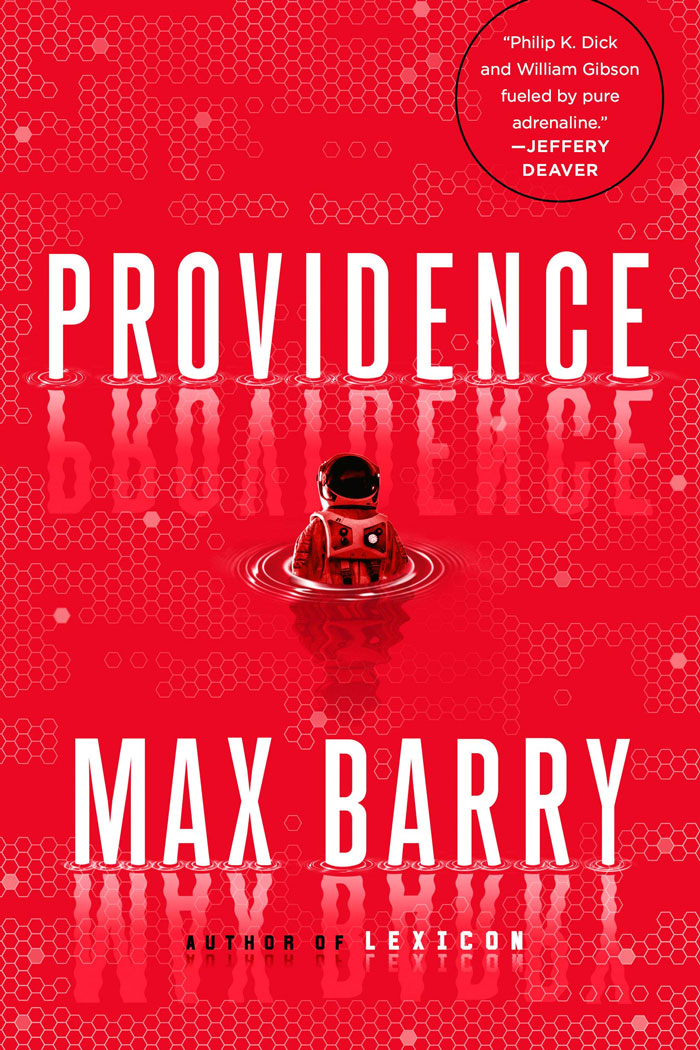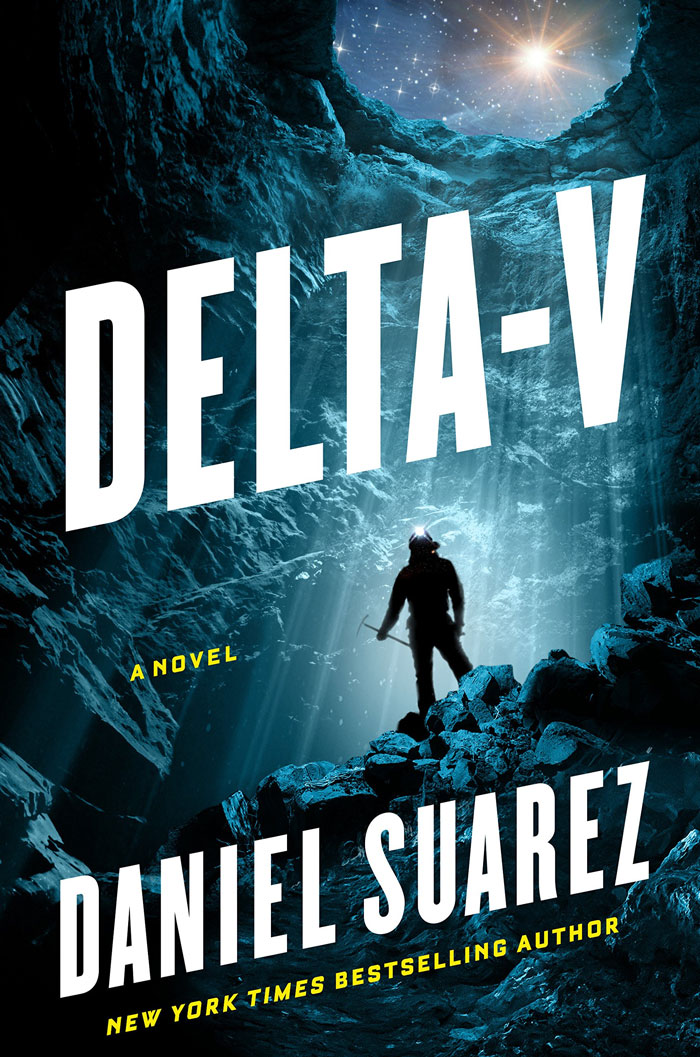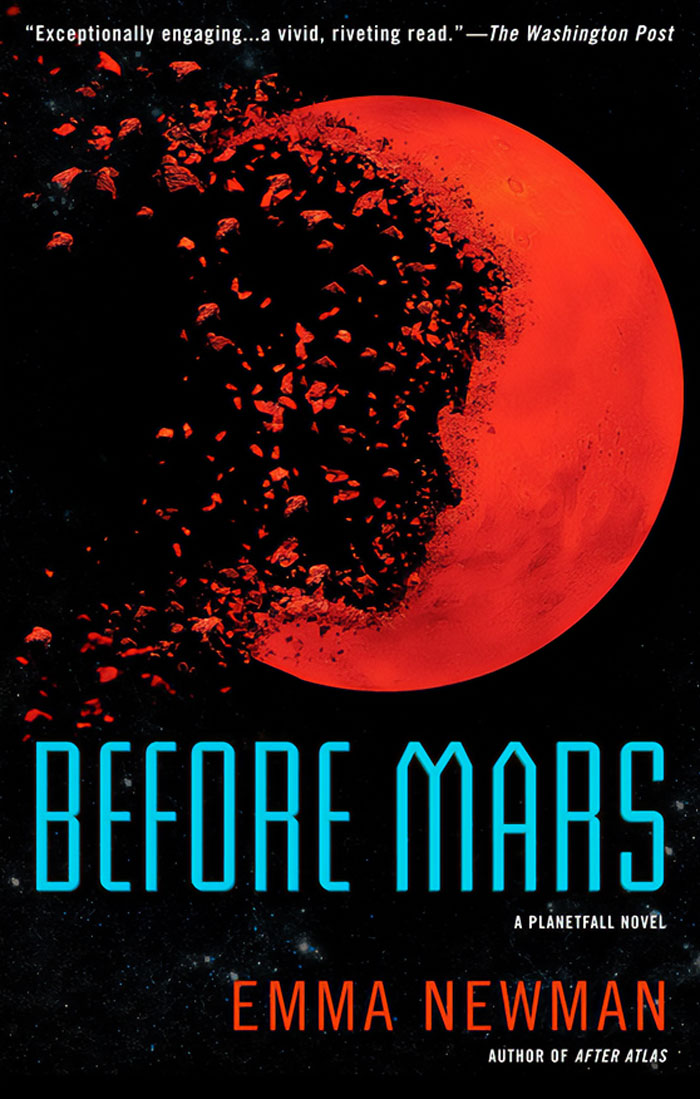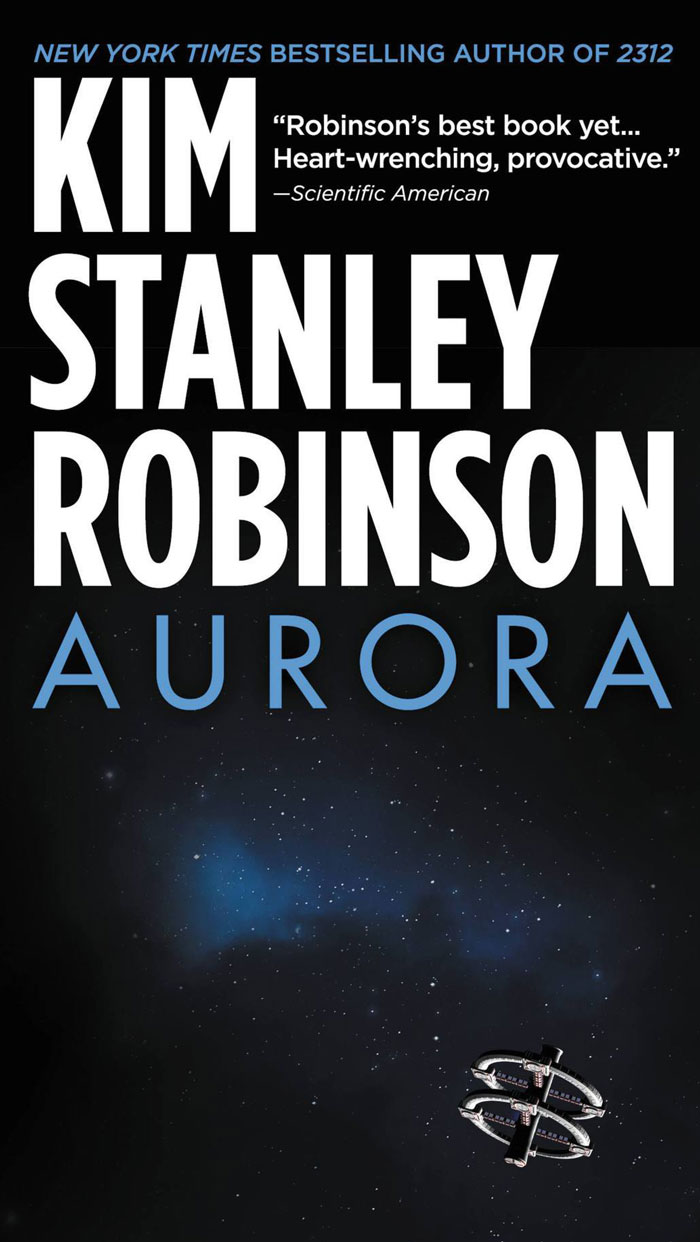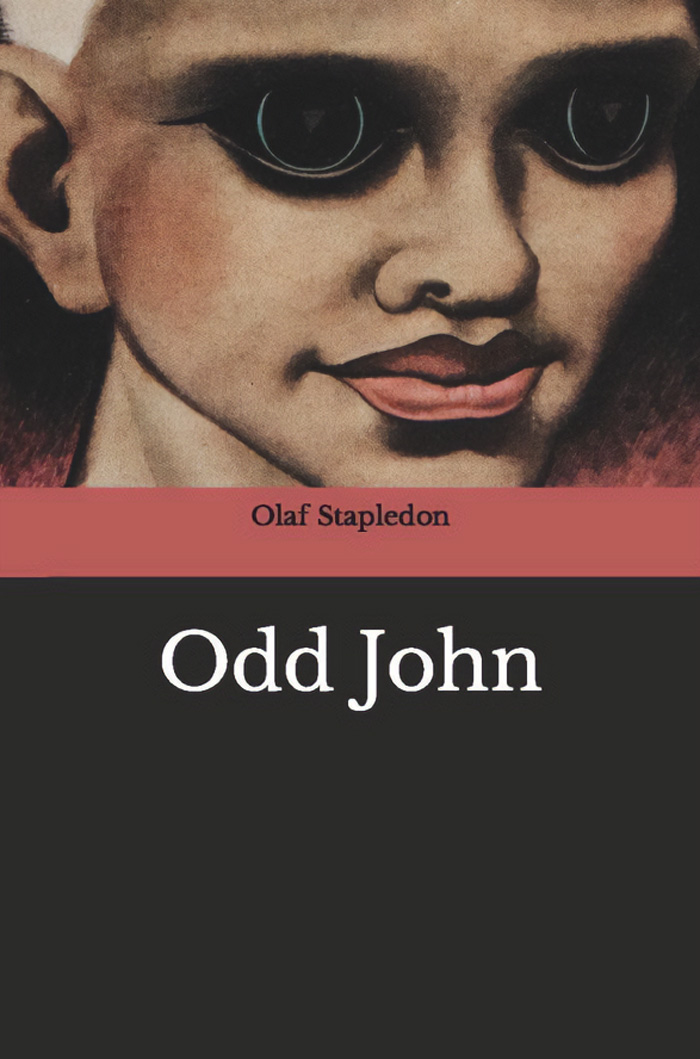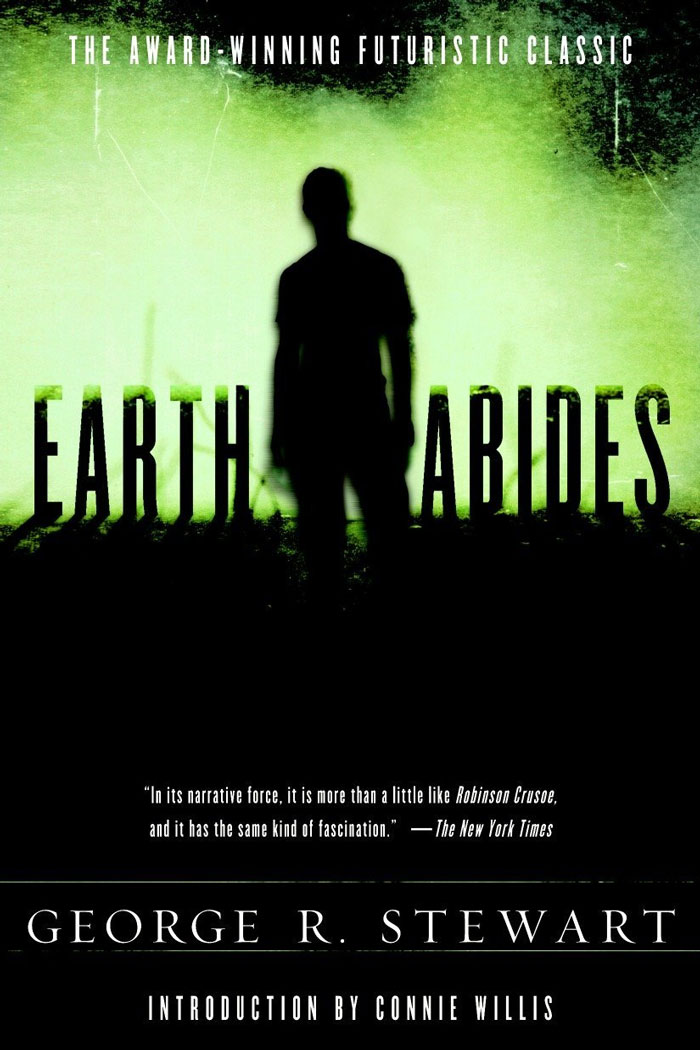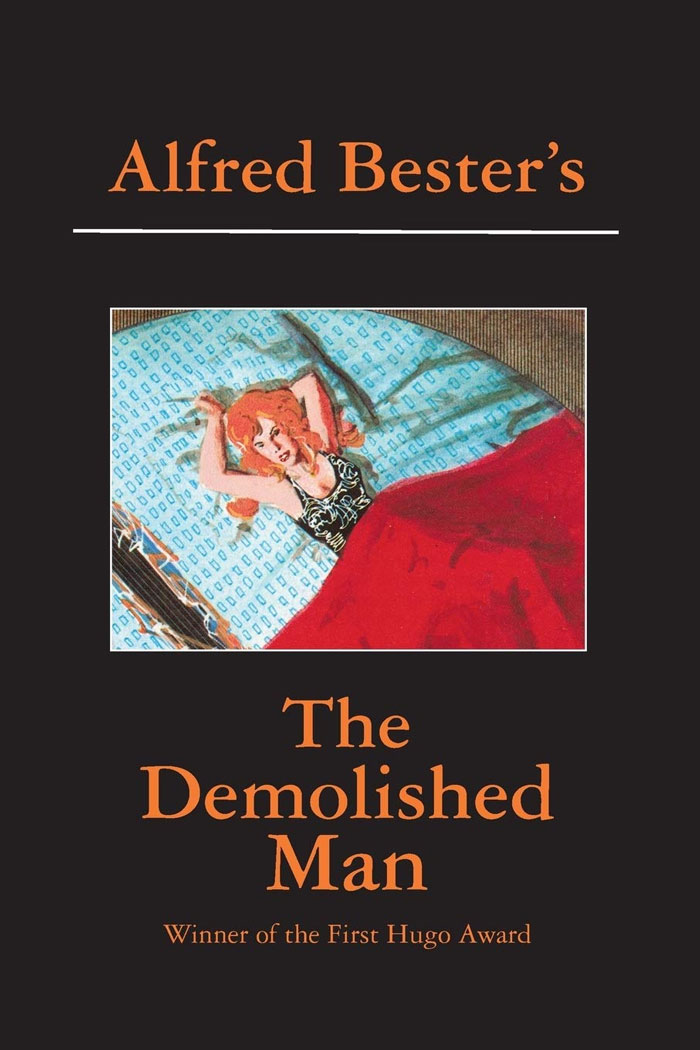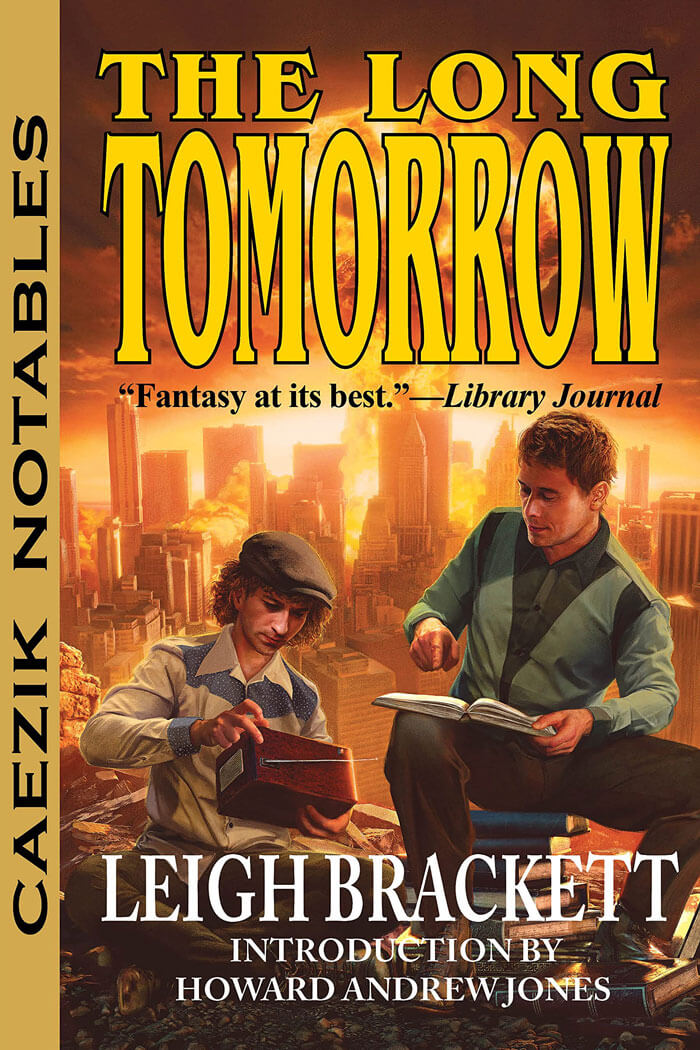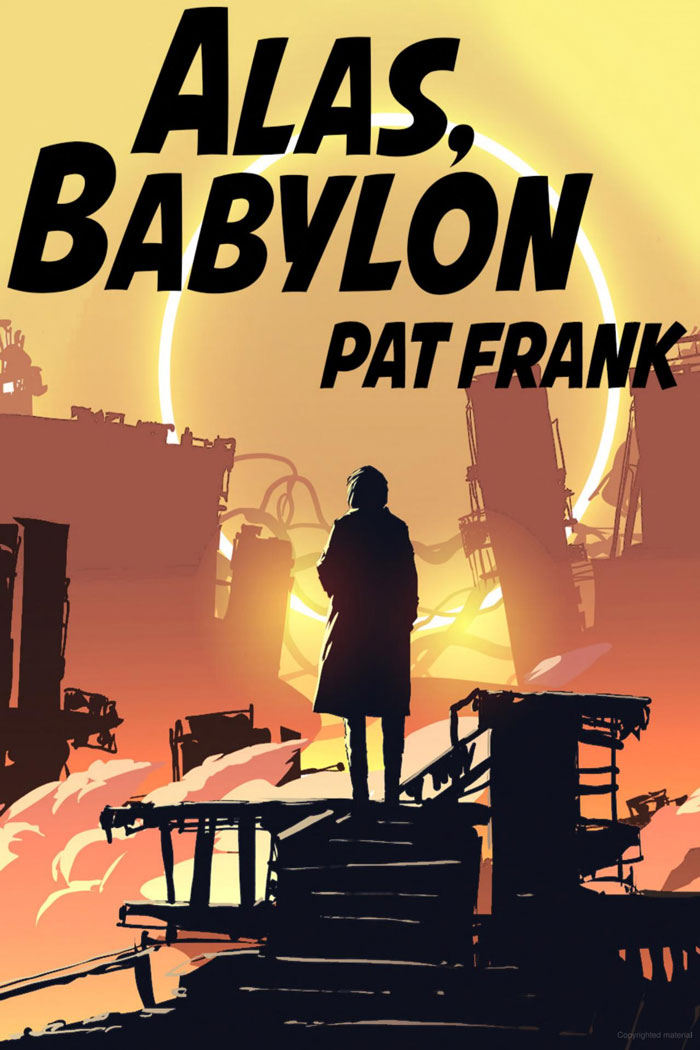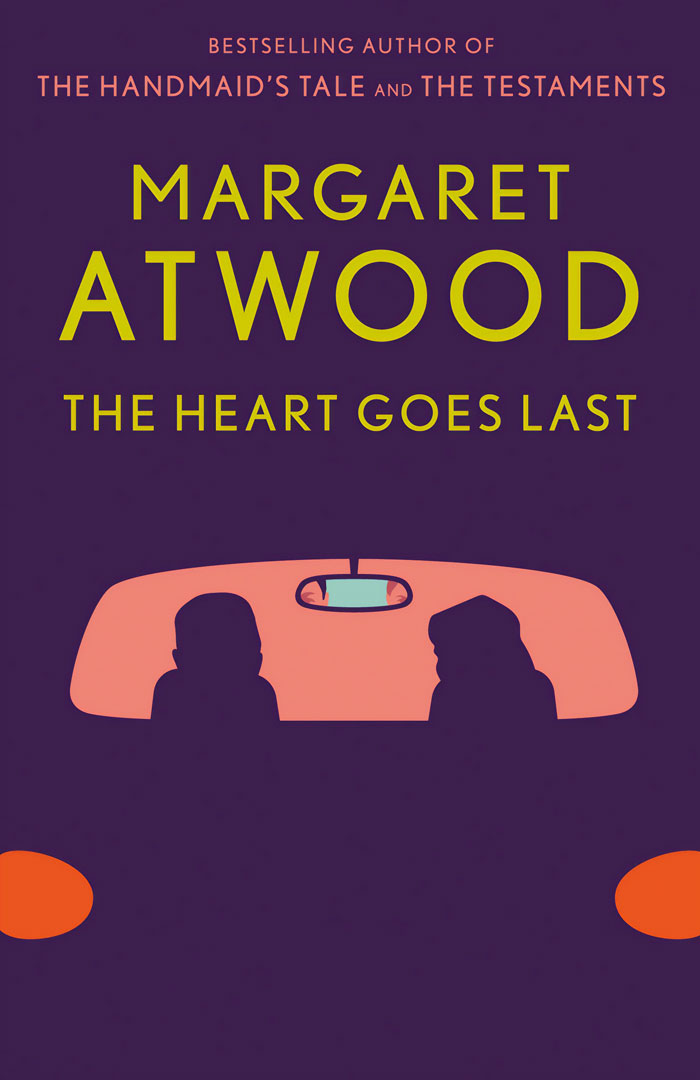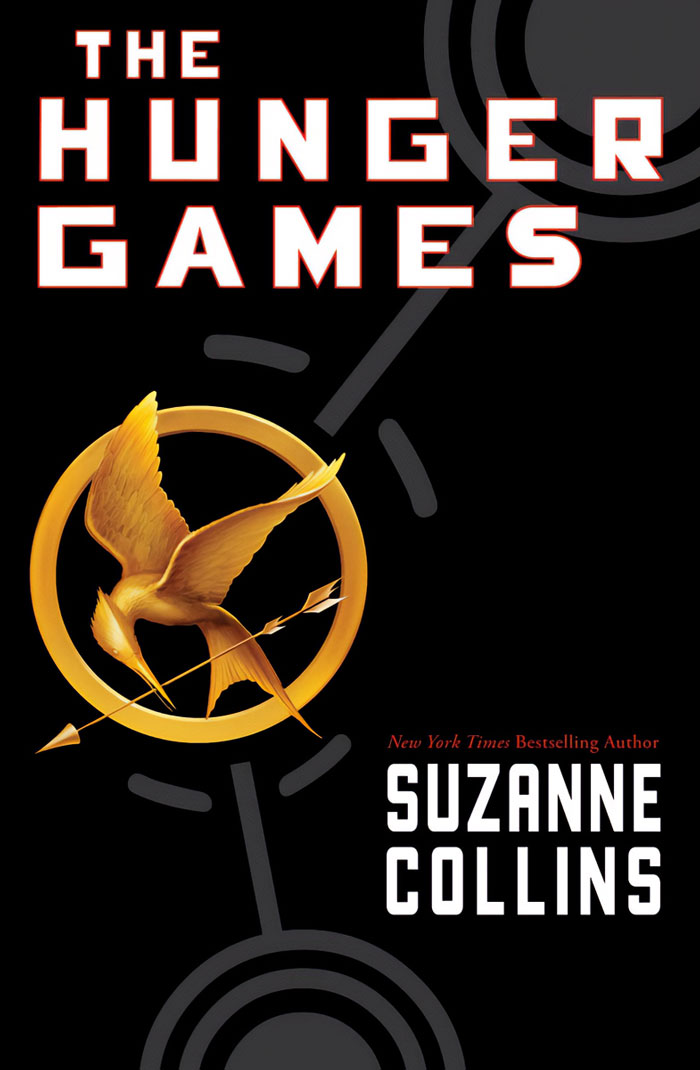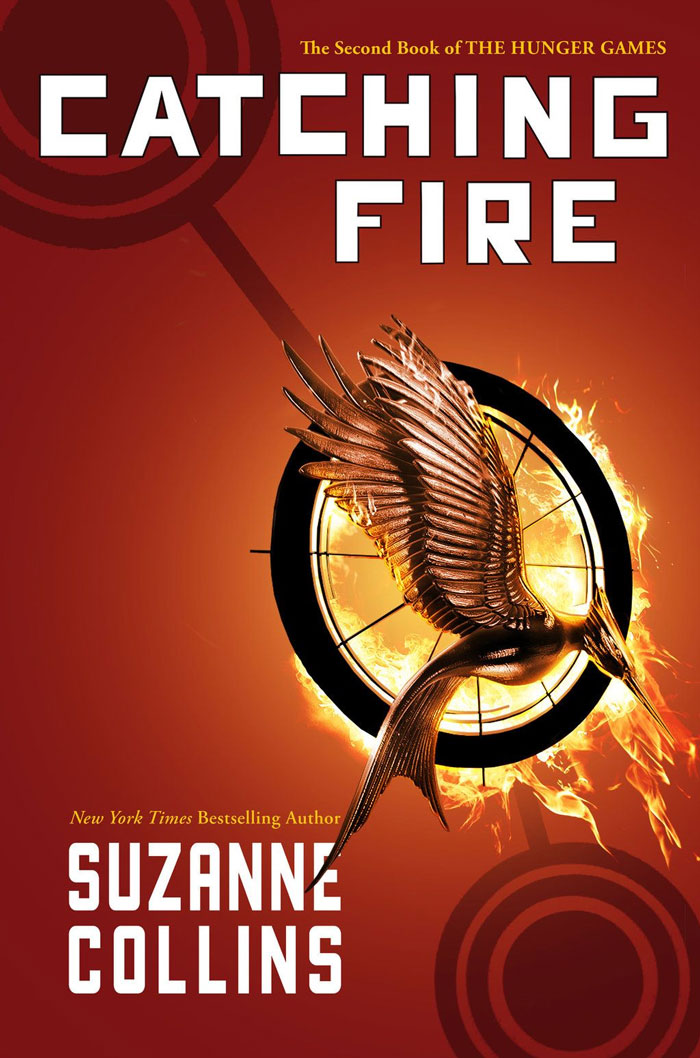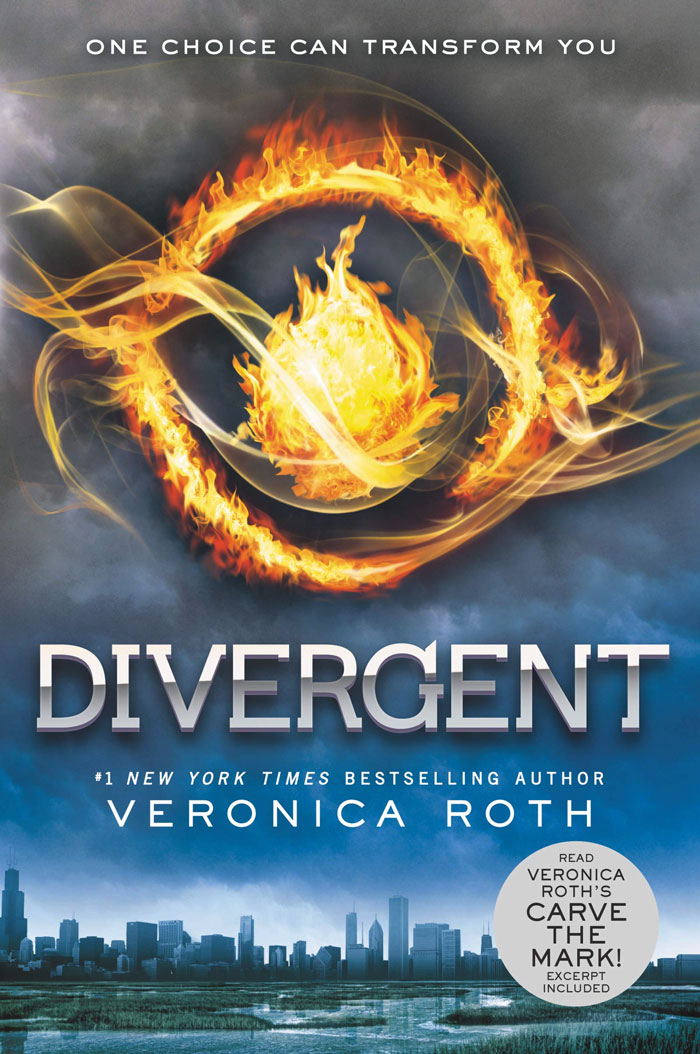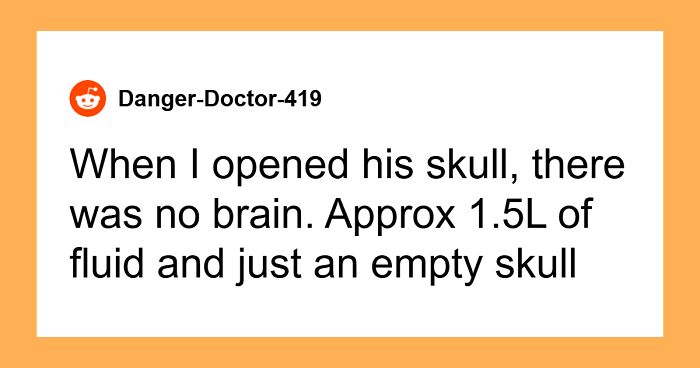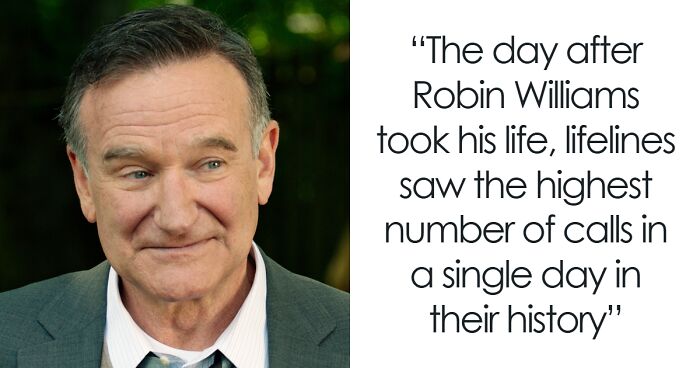Can't be the only one who used to think that reading science fiction books was a total waste of time. Why would one care about something non-existent? What can you learn from a book that depicts a world totally unlike the one we live in? Oh boy, I was wrong. The truth is, A LOT. Some actually argue that science fiction might be the most important genre of all.
The best science fiction books offer a reader an experience that totally differs from reality. Fiction books allow us to go beyond mundane things and discover a world utterly different from ours, something new, non-existent, or perhaps yet undiscovered. All books are known to enhance cognitive abilities and develop imagination. Yet, not a single genre does it better than sci-fi books.
The latter often contain new kinds of people, settings, and inventions, setting them apart from other genres. The best fiction books incorporate novel features to keep things interesting rather than writing about ideas that have been discussed a thousand times before. Often, one must suspend disbelief for certain things because they seem absurd or ludicrous. But who knows, perhaps that's the future waiting ahead of us? A vibrant imagination is a good thing in almost all aspects of life, and science fiction keeps it going strong.
Other than that, reading sci-fi is a way of escapism, aka, "I'm a little done with reality, give me something else." As long as you choose the correct story, reading will make you feel more relaxed. You can enter a different universe anytime using books as a portal. To help you pick the right one, below, we've compiled a list of the best sci-fi books that have stood the test of time and are loved by many readers worldwide. Do you have a favorite science fiction book? Let us know!
This post may include affiliate links.
"Frankenstein" By Mary Shelley
Most people have heard of Frankenstein's monster, yet few realize how humane the creature actually was. Developed as a scientific experiment by an overly ambitious man, a Swiss student of natural science, he enters a terrifying and hostile environment that rejects him immediately. Even his maker is horrified when he looks at his creation. This creature, made from various corpse parts, seeks love but discovers hatred. Eventually, he progressively swerves toward evil due to his wrath at the world's unfairness. It's one of those books that, when read again, teaches you something new. It's incredible that a tale written two centuries ago in 1818 can be so engaging and subversive.
Two decades, no. Two centuries. People aren't so different now from how they were in 1818, either.
"Foundation" By Isaac Asimov
One of Isaac Asimov's earliest and most well-known works is the Foundation series, which he started writing when he was just 21 years old. The seamless blending of science facts and fiction heavily contributed to the redefinition of the science fiction subgenre. The plot of Foundation is set in the future when humanity has overrun the galaxy. The book introduces Hari Seldon, a brilliant psychohistorian and visionary whose role is to forecast the future using statistics and probability. However, Seldon is powerless to stop the deterioration of humanity he foresees. Instead, he gathers the galaxy's greatest academics on a desolate outer planet and embarks on a mission to preserve humankind's body of knowledge and launch a new civilization. It's evident that Asimov's work was a clear inspiration for both Star Wars and Star Trek. Although it lacks some vital parts of storytelling and reads a little dry at places, it's a remarkable book that expressly defines a vast portion of the genre.
"Dune" By Frank Herbert
Set on the desert planet Arrakis, Dune is the story of the boy Paul Atreides. Paul is an heir to a noble family tasked with ruling an inhospitable world where the only thing of value is the “spice” melange. It’s a drug capable of extending life and enhancing consciousness. When House Atreides is betrayed, the tragedy of Paul’s family will send the young man on a path toward a destiny far beyond anything he could have ever dreamed of. And as he transforms into the enigmatic figure known as Muad’Dib, he will realize humanity’s greatest enduring and unrealized hope. Perhaps there is no other single syllable that has as much significance to the science fiction genre as this one. Dune is a word that evokes thoughts of sandworms, spice wars, epic conflicts between rival dynasties, and an extraordinarily complicated and meticulously detailed universe. It makes sense why this is often regarded as both a literary and a science fiction masterpiece.
"Solaris" By Stanislaw Lem
In Solaris, a group of researchers on a research station work to understand an extraterrestrial intelligence that displays itself as a vast ocean on the nameless alien planet. While being exquisitely written, the message of Solaris is disturbing, if not eye-opening. In most science fiction, humans interact with non-humans in either violent, amicable, or symbiotic ways. However, Lem challenges us to look outside our familiar, limited frame and prompts us to consider the possibility that there may exist entities that are fundamentally unlike ourselves. Entities that we may never be able to fully comprehend. This novel is a classic work of science fiction. Not to mention the human psyche that the author brought to the picture, the book reviews everything we know about the universe. And the truth is that we don't know much. Ultimately, the extent of our knowledge of the universe is minimal, and humanity really has no idea what is concealed in the immensity of the stars.
"The Blazing World" By Margaret Cavendish
An innovative piece of prose fiction, The Blazing World tells the story of a young woman's journey into a new world. This place, known as the Blazing World, is undoubtedly a utopia, with all people living in peace and love and being united under a single emperor and one religion. The people living there are of numerous races, sharing traits with different animals, and each race is said to have a unique set of intellectual abilities. Given the period when it was written (1666!), it makes sense why there are many unexamined essentialism, colonialism, and "white savior" concerns. From a distance, especially from a span of three centuries when a lot has happened in the scientific world, this book might be considered rather long and dull in the eyes of the modern reader. However, this book deserves five stars, let alone for being a pioneering work of science fiction that contributed to the genre's development.
"The Stars My Destination" By Alfred Bester
Alfred Bester creates a futuristic world in this heart-pounding book where people can "jaunt" thousands of miles with just a single thought. It's a world where the wealthy barricade themselves in labyrinths and use radioactive hitmen to protect themselves. It's a world where a lot of rather bizarre stuff is happening. This book also contains arguably one of the most unpleasant protagonists you will ever meet. Like, ever. You might not particularly enjoy Gully Foyle as a tour guide, but man, will he take you places. There is a ton of great material in this book that delves into some trippy sci-fi concepts that seem to have been well ahead of their time. It's simple to understand why this is so well-liked and is viewed as a precursor to the cyberpunk genre. Very worthwhile reading for the fans of the genre: it has a lot of action, an ambitious idea, is written in a concise, emotionless manner, and has a robust romantic tone.
"The Moon Is A Harsh Mistress" By Robert Heinlein
The Moon is a Harsh Mistress is a story of a former penal colony on the Moon rising up in rebellion against the Lunar Authority, which has control and power over them from Earth. It is a story about a society in which family structures are founded on the presence of two men for every woman. It tells the tale of three unlikely leaders - a computer technician, a fiery young activist, and an elderly academic. And also of Mike, who is a sentient supercomputer whose existence is known only to a small group of rebels and who is devoted to the revolution's success. This book's use of science fiction to investigate political issues and alternative social arrangements laid the groundwork for many later writers. It's possible that The Handmaid's Tale and other great works of fiction would not exist without this book. Overall, everyone interested in science fiction should read it. It is a classic and a lot of fun, but it also provides much food for thought.
This is THE definitive revolution novel as well as THE definitive AI novel and THE definitive novel examining human relationship mores. Not to be missed.
"The Left Hand Of Darkness" By Ursula K. Le Guin
The Left Hand of Darkness relates the tale of a lone human emissary to Winter, an extraterrestrial world whose inhabitants can select and alter their gender. He wants to make it easier for Winter to join the expanding cosmic civilization. But to do that, he must narrow the gap between his beliefs and those of the utterly different culture he uncovers. It can be challenging to read the book at times, particularly when Le Guin introduces book-specific terminology without explaining a single meaning and then leaves it to the reader to figure it out. However, you ultimately figure it out, and reading it is still enjoyable, even when the reading gets a little complicated. The world in the book is so rich in detail that exploring it becomes an adventure, and the compelling character interactions keep readers turning the pages. It's an original, thought-provoking story that still has relevance today. A distinctly human tale of devotion, tragedy, and love is interspersed with political and social satire in the frigid landscape of Gethen.
"A Scanner Darkly" By Philip K Dick
The plot of A Scanner Darkly takes place in 1994, when Substance D, sometimes known as Slow Death or Death, became widely available and wreaked havoc on society. The substance, which is highly addictive, inevitably results in psychosis and death. However, the origin of the substance is a matter of uncertainty. The book explores many themes, including the interdependency of law enforcement and criminals, government surveillance and privacy issues, drug abuse and addiction, and mental illness. The book is also depressing, paranoid, darkly funny, melancholy, tragic, honest, and inventive from a philosophical standpoint. In addition to the grim and uncomfortable subject matter, which alone makes the book well worth reading, A Scanner Darkly is an excellent piece of science fiction that easily deserves five stars out of five.
"Ice" By Anna Kavan
The nameless narrator looks for an elusive girl in this chilling and weird book's frozen, supposedly post-nuclear, post-apocalyptic setting. Large ice walls have engulfed the planet, and there is destruction everywhere. Together with the narrator, the reader is pulled into a hallucinatory search for a frail figure with albino hair who is under the control of a warden, the girl's husband, and captor. The style of writing is gripping, breathless, and nightmare-like, and it's difficult to turn away from the stream of words that is so intense. This book walks a fine line between genius and nonsense. Yet, you will be in awe of its power, which is not just verbal but moral as well. It provides an account of who we humans are and what we have wrought on this planet and upon ourselves. Upon its release, this astonishing and avant-garde novel was hailed as the best science fiction book of 1967. And it deservingly remains one of the best sci-fi works to this day.
"Neuromancer" By William Gibson
"Kindred" By Octavia E. Butler
"Consider Phlebas" By Iain Banks
"Hyperion" By Dan Simmons
"Jurassic Park" By Michael Crichton
"Snow Crash" By Neal Stephenson
"Vurt" By Jeff Noon
"Under The Skin" By Michel Faber
"The Three-Body Problem" Liu Cixin
"Oryx And Crake" By Margaret Atwood
"The Hitchhiker's Guide To The Galaxy" By Douglas Adams
"1984" By George Orwell
"Brave New World" By Aldous Huxley
"The Martian Chronicles" By Ray Bradbury
"Fahrenheit 451" By Ray Bradbury
"The Time Machine" By H.G. Wells
"Journey To The Centre Of The Earth" By Jules Verne
"A Clockwork Orange" By Anthony Burgess
"I, Robot" By Isaac Asimov
"The War Of The Worlds" By H.G. Wells
"The Illustrated Man" By Ray Bradbury
"A Canticle For Leibowitz" By Walter M. Miller Jr.
"The Stand" By Stephen King
"Do Androids Dream Of Electric Sheep?" By Philip K. Dick
I would also recommend Keith Jeter's sequelae: The Edge of Human and Replicant Night.
"2001: A Space Odyssey" By Arthur C. Clarke
"Childhood's End" By Arthur C. Clarke
"The Complete Robot" By Isaac Asimov
"Tunnel In The Sky" By Robert A. Heinlein
"Contact" By Carl Sagan
"The Children Of Men" By PD James
"The Sirens Of Titan" By Kurt Vonnegut
"Stranger In A Strange Land" By Robert A. Heinlein
"At The Mountains Of Madness Vol. 2" By H.P. Lovecraft And Francois Baranger
"The Smoke Ring" By Larry Niven
"The City & The City" By China Miéville
"The Body Scout" By Lincoln Michel
"The Rolling Stones" By Robert A. Heinlein
"The Integral Trees" By Larry Niven
"Project Hail Mary" By Andy Weir
this is mine my favorite book ever i’m in the middle of it right now. even if you’re not a sci fi fan, you’ll love it. i highly reccommend it to everyone!

 Dark Mode
Dark Mode 

 No fees, cancel anytime
No fees, cancel anytime 



